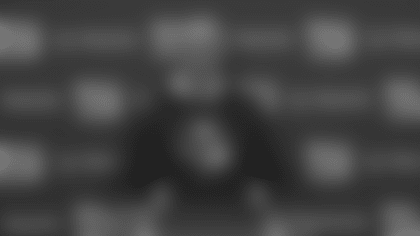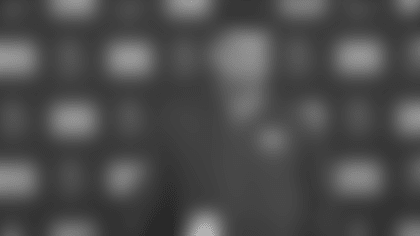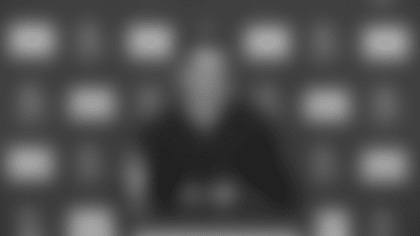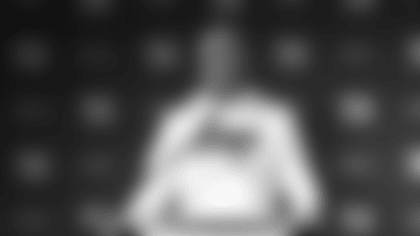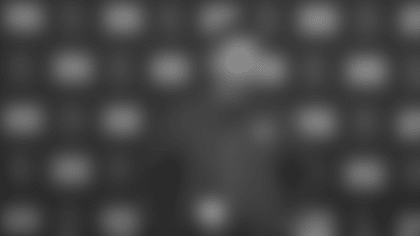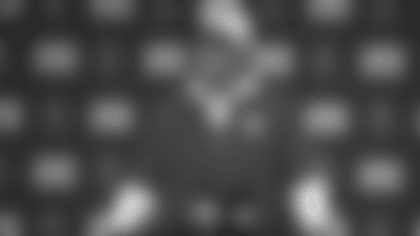Head Coach Joe Judge
Q: Can you just go through what your next couple days are going to be looking like going into the bye? How much will the coaches be in the building, when the players are in, and just kind of a sense of what your schedule is?
A: We gave the players actually a victory Monday today and let them get a little bit extra rest today. Tomorrow and Wednesday, we'll have the players in the building. Thursday, Friday, Saturday, Sunday, they'll be completely off. We'll have some available open gym time if you would as far as the weight room and training room. There's absolutely nothing required per rule and all. We just want to give them some time to refresh. But because a lot of these guys have to stay in town, or all of them have to stay in town obviously with the (COVID) testing on a daily basis, what I found out from a lot of other clubs who have already had their bye weeks is different than previous bye weeks in previous years, there have been a lot of guys coming through the building on the weekend basically occupying time, getting some body work done, getting an extra workout, things of that nature. So, we'll make sure we have the facilities open for them if that's something they want to do. Coaching wise, we're really focusing these next few days on some self-scouting internally. We do a little bit of a deal where we'll go ahead and have the offense scout the defense and vice versa. It gives us a little bit different perspective. Sometimes when you just self-scout yourself on offense or on defense or in the kicking game within your own schemes, at times, you're still too close to it to really see something that an opponent may see. We wanted to go ahead and take the time to really cross reference each other and see if we can pick up on something tendency wise to illuminate something for the coaches to change going forward. Then we want to build in to really our next six opponents of things we may see schematically, and then also with our younger players, really develop them and get guys ready to play in these next six games that we go ahead and have the best plan going forward, give ourselves a bit of a jumpstart on it.
Q: Just one other thing on the idea of the players being away. I know you mentioned last week that you may give players' families an option or even the coaches' families the option to come to town, kind of be a part of the testing. Did any of that materialize? Did anyone take you up on that offer?
A: To be honest with you, I have to check with Ronnie (Barnes) on that. I just announced to the team, we talked in the meeting, I just let them know that hey listen, if there's someone coming in town, obviously, we want to control who's coming in. We want to make sure they're smart about the number of people we expose ourselves to. We want to make sure that on the frontend, we make sure that we test and that we make sure we're putting ourselves in the safest environment possible. At the same time, we're realists. We want to make sure that if something does happen, we're treating it the best way possible and that we're doing it in the safest way possible. We made it available to the players, I've echoed to all the players that if they have someone coming in that they need tested, to go to our training staff and talk with Ronnie and make sure we get that arranged on the frontend. That's both for this week coming up, as well as Thanksgiving the next week. I haven't heard any reports back from our training staff, but I'll double check on that today and see if there's anyone that's been involved with that. At the same time too, I want to make sure the players know we're not trying to look over their shoulder and check up on who has someone coming to town. That's not our reason at all. I just want to make sure more of the players, I don't have any specific names, are utilizing what we're offering to them.
Q: I know you focus a lot on the daily and weekly development and improvement of the players and coaches. I'm wondering if you can talk about where you think you've improved the most as a head coach throughout these past 10 weeks?
A: I think time usage. Throughout the season, you kind of figure out what times a week are most efficient to do certain deals. Early in the season, you try to do everything on the frontend of the week to be completely ahead of everything. You work ahead a good deal to give yourself a jumpstart. But you have to kind of pace your time throughout the week. What I found early on was it was taking away a little bit from my interactions with players, maybe not able to sit in with different coaching game planning meetings by trying to bombard everything on the frontend of the week and have all the answers. I've kind of pulled back a little bit in terms of everything on the frontend spread out throughout the rest of the week, and I've been able to kind of just time manage a little bit better. I think that's something that's helped me personally a good deal as far as managing each day. Other than that, I think it's just more or less growing within what I'm doing on a daily basis. The interactions at practice, like I said, the first experience I had walking on the field as a head coach for any practice was in training camp. That's a weird feeling walking out there, not having one specific position. What I found early in the process is having a plan of who you want to look at on a daily basis, making sure you get eyes on every player at some point in practice and really making sure you're watching everyone's growth. But it has to be something very planned out and very specific, so there's a lot of time I dedicate before practice to going through the practice schedule and the individual scripts offensively and defensively of really identifying what schemes do I have to really evaluate in person, and what players do I really have to see do certain things on certain days, and making sure I map out my own time of why I float drill to drill at a certain point in practice.
Q: Is there anything you want to improve on further moving forward?
A: Yeah, everything. Absolutely everything. I want to find better ways to coach my players, better ways to set up scheme within games. I want to make sure that we're efficient on time management at all points. I always want to find better ways to practice. We're really not stuck into any specific drill or routine. I'm always looking for inventive ways and better ways of doing things. I'm watching as much tape around the league, seeing what different teams are doing, talking with as many resources as I have. I just have to keep finding better ways to help the players on the field and help the coaches off the field.
Q: I'm just curious what you guys thought when you heard that all the charges were dropped against DeAndre (Baker) today?
A: Yeah, to be honest with you, I've been pretty busy all day as far as watching tape. Pat Hanlon gave me kind of a quick bullet point thing before I walked in here, I saw that. Look, I wish him the best of luck in the future. We've made the decision that we think is best for the program, and that's really all I have to say about that.
Q: On a separate note, what makes you guys so successful, or Daniel (Jones) so successful, with that zone read? Is it opposition based or is it something in particular that makes him good at it?
A: The coaches are doing a good job in terms of setting up the schemes based on who we're playing. It's never exactly the same thing. It's similar in nature, but there are different versions of it. I think it just comes down to the blocking the offensive line creates, the threat of the running backs going vertically with the ball, and then Daniel's ability to read it and pull the ball and make some yardage with his legs on the edge. It's never one person. It's a good call at the right time, it's good blocking upfront, it's the threat of the running backs running with the ball, and it's Daniel's ability to execute with the ball in his hands. It's all the pieces that have to come together. It's something we've been able to make a strength for us. We want to continue building on that and use it when the opportunity arises in each game.
Q: This isn't meant to be a weird question at all, but the way your team played against Washington and Philly, was the way they played enough that you would have seen progress? The win obviously makes it all the better, but I think you know what I'm getting at. Did they perform in those games to a standard that alone would have pleased you?
A: Yeah, I wouldn't stop short and say anything that we've arrived. I don't think we ever want to look at something and say like 'ok, we've gotten to the point we want to be at.' There's a lot of improvement we want to keep making. There are a lot of things that we want to clean up. I would say this though. On a weekly basis, I've seen a lot of improvement from our team. To me, it's most evident when you turn the tape on. Look, there are several plays from yesterday that really encapsulate what I want our players to show everyone that watches that tape, and it's important they look at it. Whether it's Wayne's (Gallman) touchdown on the fourth down and one where we drove everyone into the end zone and finished the blocks, or Wayne going over the top with good ball security. Whether it's converting some tough, get back on track situations, defense getting off the field when they have to, special teams covering kicks and establishing field position. There were a lot of positive things to me, the effort, the urgency… look, one of the things that we've emphasized as a team to be honest with you that showed up yesterday that I was very proud of is you see when our players score, everyone running into the end zone celebrating with them. That's important to me. It's not a hot dog thing, but we don't really want individualistic celebrations. We want the team to celebrate. It's not about one guy getting into the end zone. It's what did the line do to block to get you down there? What previous plays are you celebrating? It could be a receiver having a touchdown catch. Alright, well the running back should go down and celebrate because he had runs previous in the series that helped get us down there. The offensive line is a part of every play. The quarterback is obviously a big part of every play. We want the team celebrating together and acknowledging that it takes all 11 on the field every time to be successful. It takes everyone on the sideline as well, to be part of it, to be collectively successful.
Q: When you come back from the bye, will you mention the division race to your team? Someone is going to win this division and it certainly could be you guys. Will that be a bullet point of yours?
A: No, the importance needs to be improving as a team. All that other stuff will take care of itself. Cincinnati is a good team. We have to get ready and go ahead and improve ourselves internally. Turn the page and move on to Cincinnati and get ready for a tough game out there. We have a tough stretch of games coming up. We can't go ahead and start looking at rankings and division races and all that type of stuff. We just have to focus on getting better each week. That's what will ultimately help us in the long run.
Q: You've continually said this division race is irrelevant as far as what the records are. Some of the players don't think it's irrelevant. They are excited that they can have a share of first place. Do you think they can balance that with going about the business of improving every day?
A: One of my core beliefs is, motivation, to me, is an individual thing. As long as you're working for something and it collectively raises the team, that's a positive thing. It's professional football, I don't care if a guy is working for a paycheck or a guy is working for a championship. If both guys come out and they are giving their best every day, that's going to make the team better. Whatever motivates these guys, that's great. My job as the head coach is to make sure they understand the big picture goal. Right now to me, that's improving on a daily basis and getting to be the best football team we can be at the end of the season. All that other stuff takes care of itself.
Q: You were asked about Daniel jones and the zone read. The more he runs obviously the more punishment he is going to take. How do you balance that? He took some pretty big hits near the goal line against the Eagles.
A: Daniel is a tough dude. That being said, we don't need him to take unnecessary punishment. We've talked to Daniel, a lot of times there is a time to lower your shoulder and get the extra yard, and there is a time to step out of bounds, slide and protect the ball. I think he's made pretty good decisions. When he's had to lower his shoulder… yesterday was a very competitive game. There was a lot of positions he was in with the ball where there wasn't really the opportunity to just slide and get down. A lot of them were close to the goal line. A few of them were on third down situations where he had to really go ahead and drop his weight to try to get that extra yard to get the first down for us. We've talked to him, I think he understands that. I think he's done a good job of balancing that out. He's definitely aggressive, very competitive dude. He's a tough natured guy. He's definitely a guy you have to pump the brakes on a little bit more and kind of take less hits off of him. He's not the guy who is going to shy away from contact at any point.
Q: In victory formation yesterday, there was kind of a little bumping after one of the kneels. I couldn't help but notice you colorfully told your guys to get back in the huddle. Is there a point where you stop coaching and you just enjoy?
A: At the point you are referring to yesterday, we don't want our players getting mixed up in anything. It's going to be a penalty to be honest with you. At that point in the game, you're kneeling the ball down. You're trying to run the clock out. The worst thing you can do is create a penalty and stop the clock. That's an advantage you can give to the opponent. We don't want to do anything stupid. There's that fine line between sticking up for yourselves, sticking up for your teammates and then just crossing a line and doing something dumb that's going to give the other team an advantage with penalty yards and stopping the clock. For us in that moment there, the smart thing to do is just get back. Get away, get into the huddle. Come back out the next play, kneel it down and then we can all go shake hands and celebrate in the locker room. (Jokingly) I didn't realize that was on TV.
Q: When you first took the job, you talked about putting out a team that represented the people of New York and New Jersey. Being tough, being tough minded. Do you feel like you are seeing that with your team?
A: Yeah, absolutely. You talk about our team and one word I use all the time is resilient. When I think about people in this area, blue-collar people who work hard every day. It's obviously a very competitive area to be in. That's what you have to be up here. We want our guys to be successful on the field, but it matters to us how we're successful. We want to play with the right attitude. We want to play a tough brand of football. We want to run the ball, stop the run, cover kicks. We want to go out there and be able to play in tough elements and be successful. We're not going to be a team that makes excuses or comes back an says we had them, but this happened instead. That's not the way we're made up, that's not what we're going to do. I think we're getting closer to putting a product on the field that hopefully people can see themselves in. That people are proud to put on those blue caps or t-shirts on Mondays and go to work and celebrate that they root for the Giants. That's something that's important to us here. We want this team to be about the area. Not just about the guys in the building.
Q: On your clock management, it seems very solid. Have you studied that over the years? Who may have underscored the importance of that?
A: I'd say probably the first time I got into it was when I took the job in New England and I started becoming more involved with it. College is much, much different in terms of clock management. It's not really as emphasized as it probably should be in a lot of ways. Coach Saban is very thorough in what he did. I just wasn't personally involved in that part of it at that point. When I got to New England, part of my responsibility was tied into a lot of the situations. As far as being a part of special teams, it's a large part of what your job is. Your job and responsibility grows over time with that. Over the eight years of being there, my role and responsibility in terms of in-game clock or input in how we could better manage situations grew. That's obviously something I emphasize for myself in how I can help the team. I'm not calling offensive plays or defensive plays and T-Mac (Thomas McGaughey) is running the kicking game. There's a lot of things throughout the game I look to help with. Making adjustments or having an overview of things. Talking to coordinators about the flow of the game or big picture concepts. To me, controlling the clock, the timeouts, things of that nature, that's really where I can make a positive impact for the team.
View photos from the Week 10 matchup between the Giants and Eagles at MetLife Stadium.
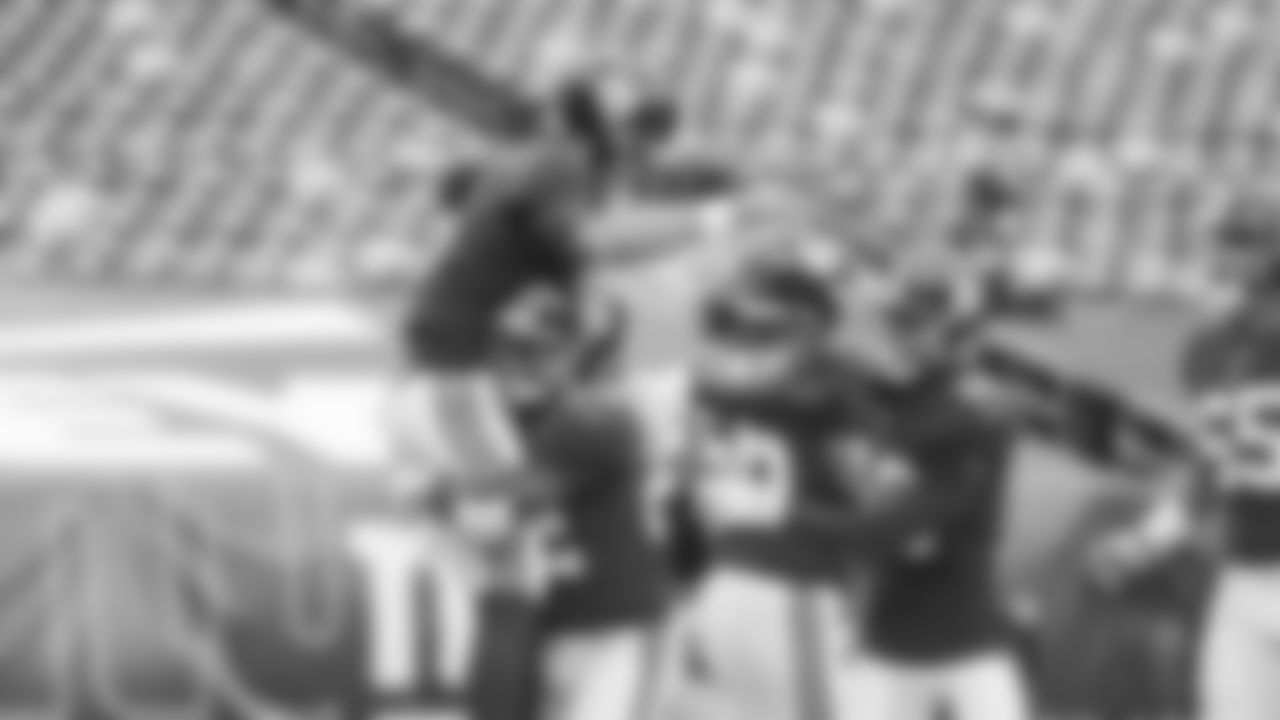
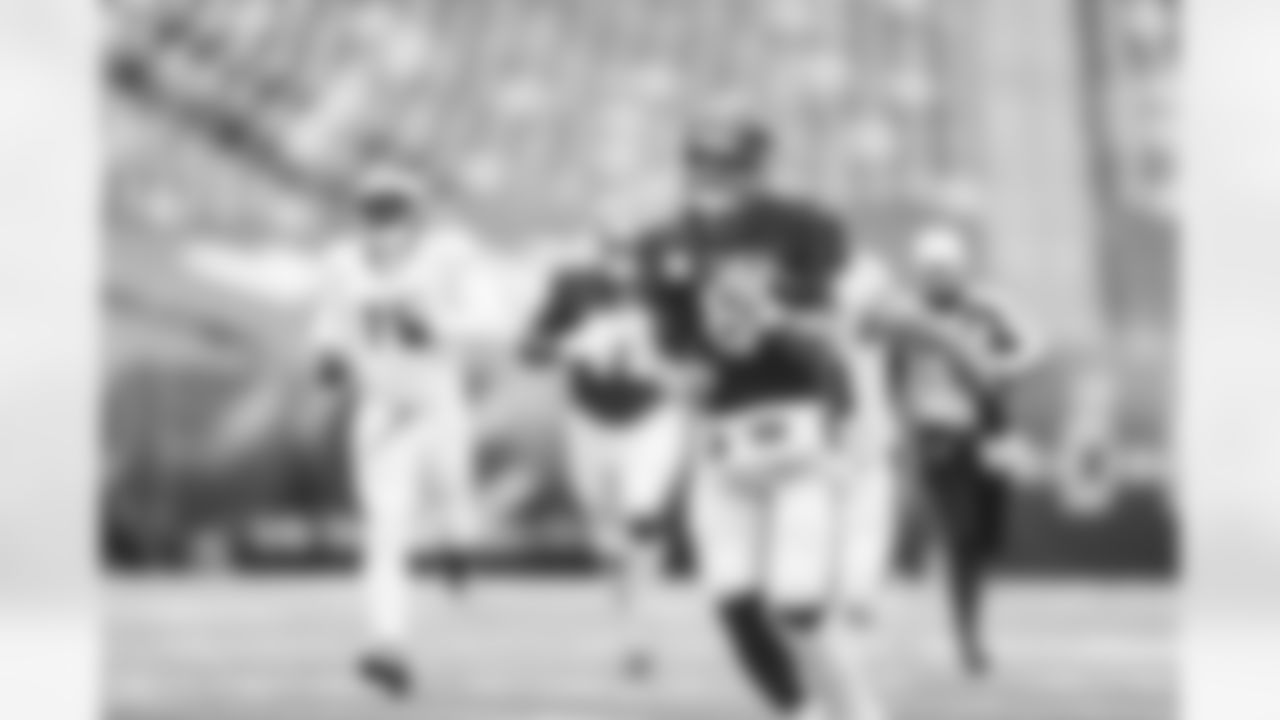
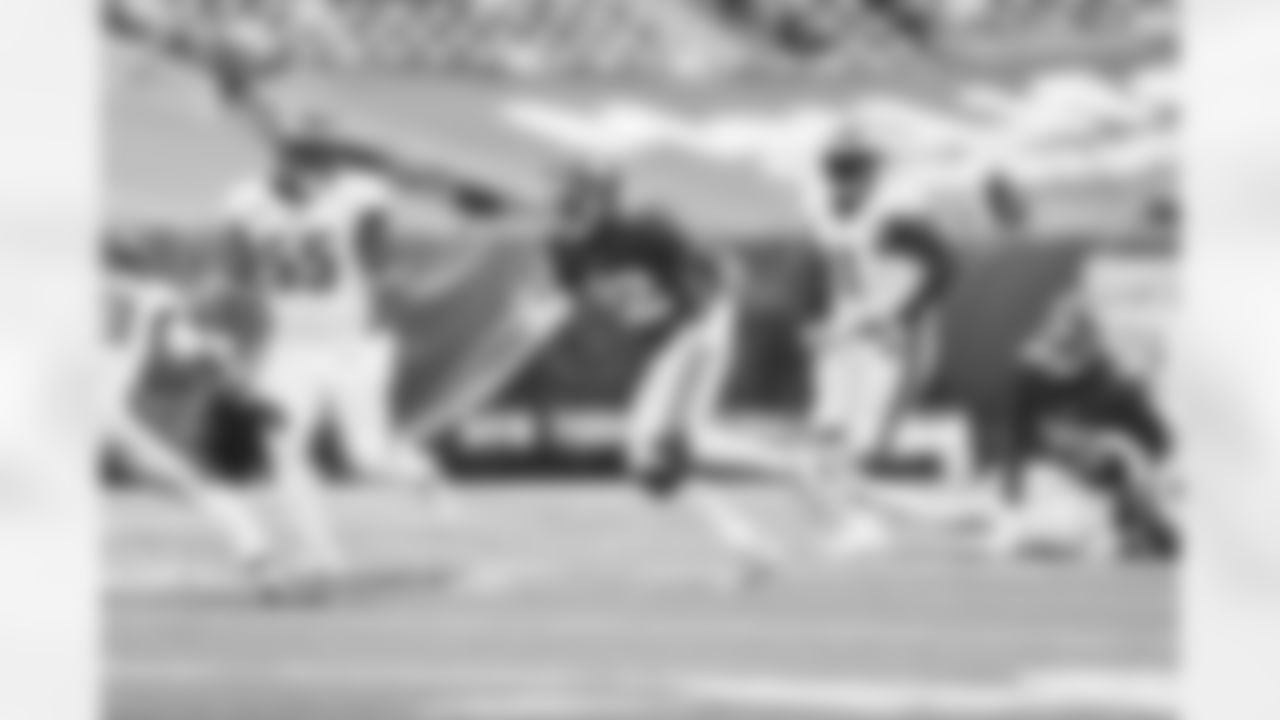

New York Giants quarterback Daniel Jones (8) throws a pass during the first half of an NFL football game against the Philadelphia Eagles Sunday, Nov. 15, 2020, in East Rutherford, N.J. (AP Photo/Corey Sipkin)
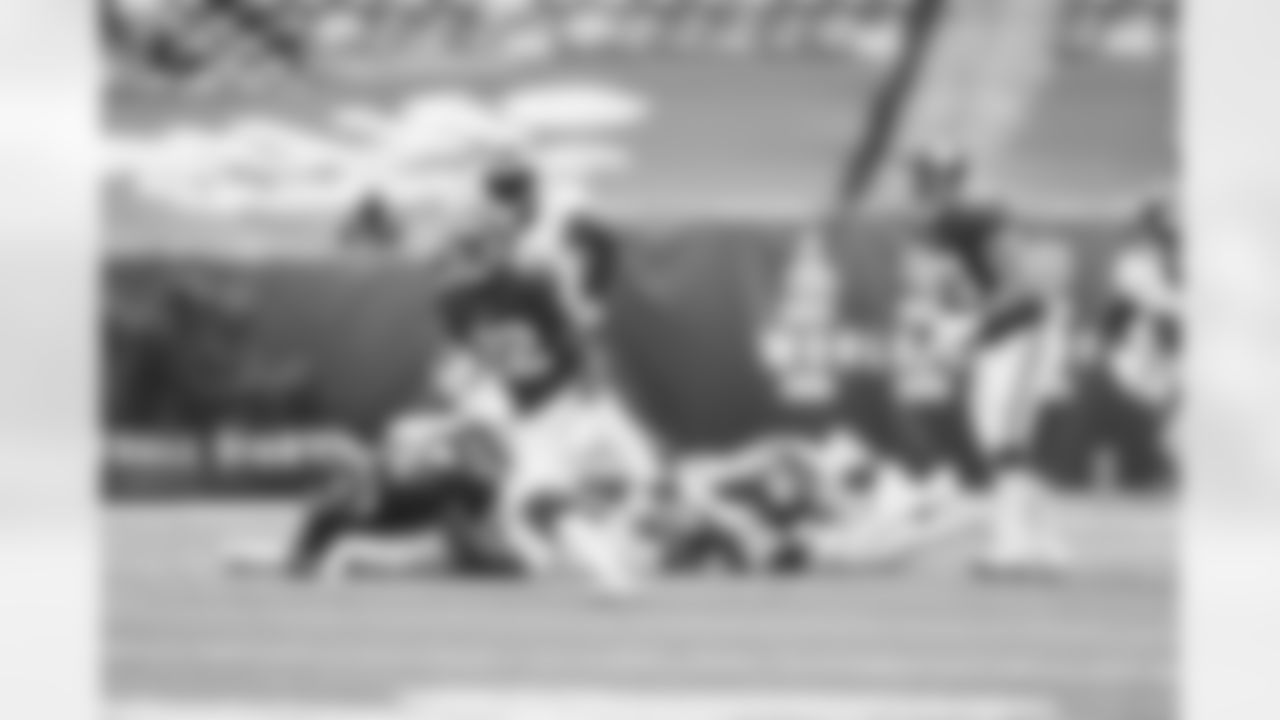
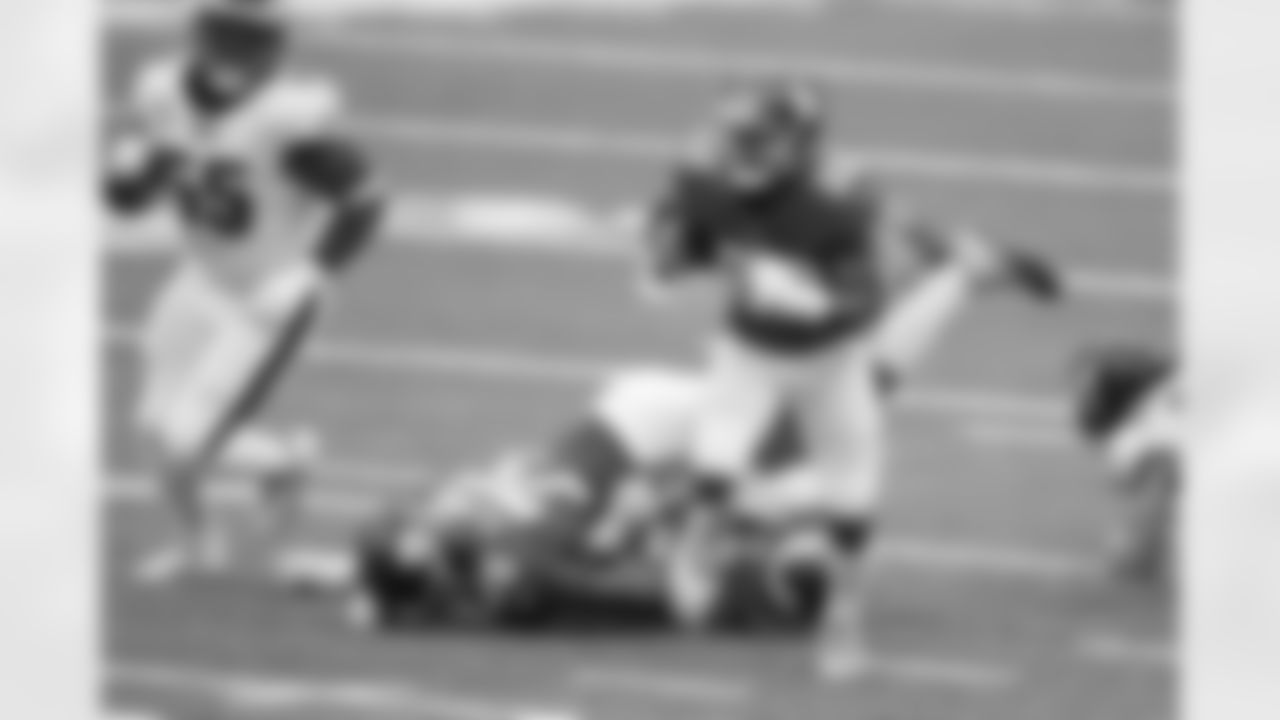
New York Giants' Wayne Gallman (22) rushes during the first half of an NFL football game against the Philadelphia Eagles, Sunday, Nov. 15, 2020, in East Rutherford, N.J. (AP Photo/Seth Wenig)

New York Giants quarterback Daniel Jones (8) throws a pass as Philadelphia Eagles' Brandon Graham (55) rushes him during the first half of an NFL football game Sunday, Nov. 15, 2020, in East Rutherford, N.J. (AP Photo/Corey Sipkin)
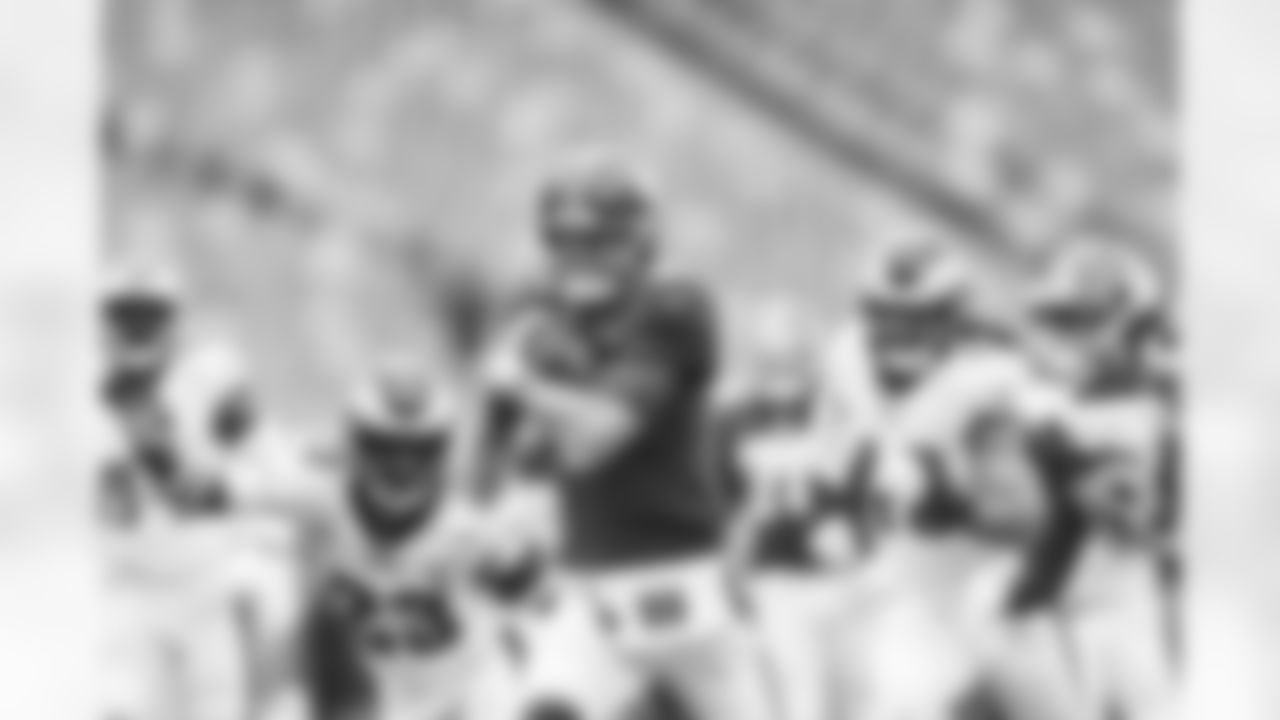
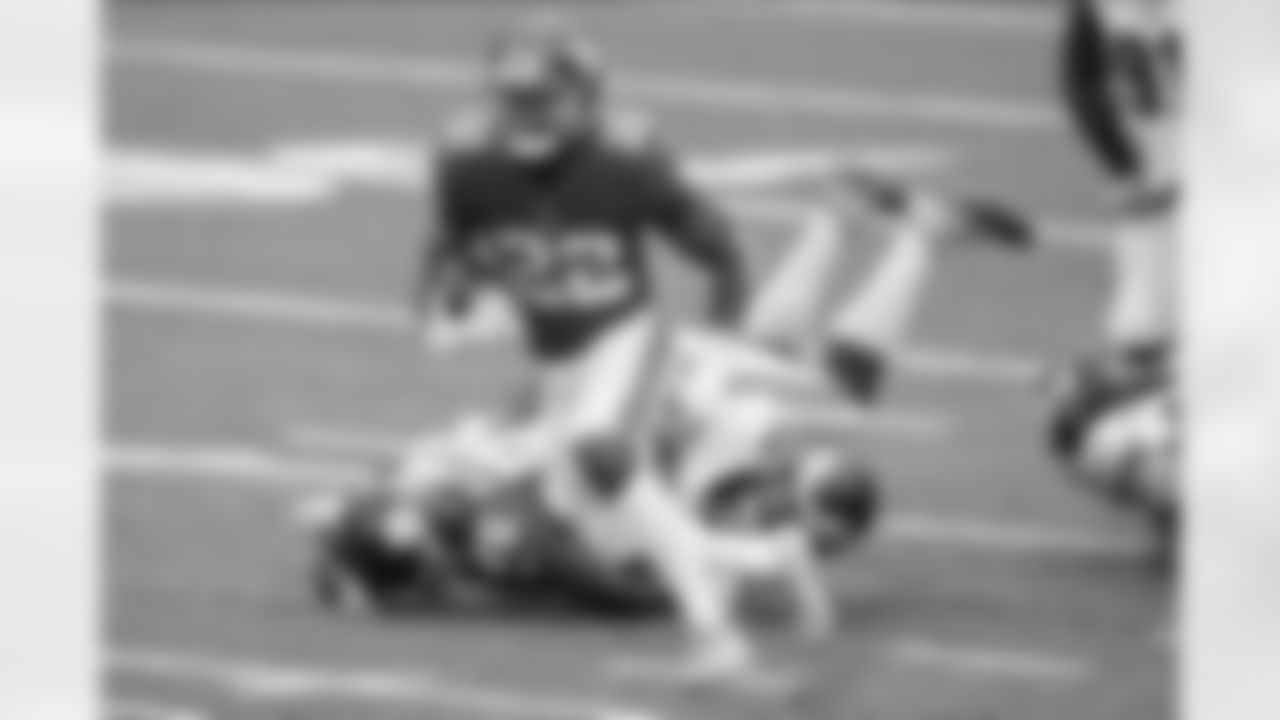
New York Giants' Wayne Gallman (22) rushes during the first half of an NFL football game against the Philadelphia Eagles Sunday, Nov. 15, 2020, in East Rutherford, N.J. (AP Photo/Seth Wenig)
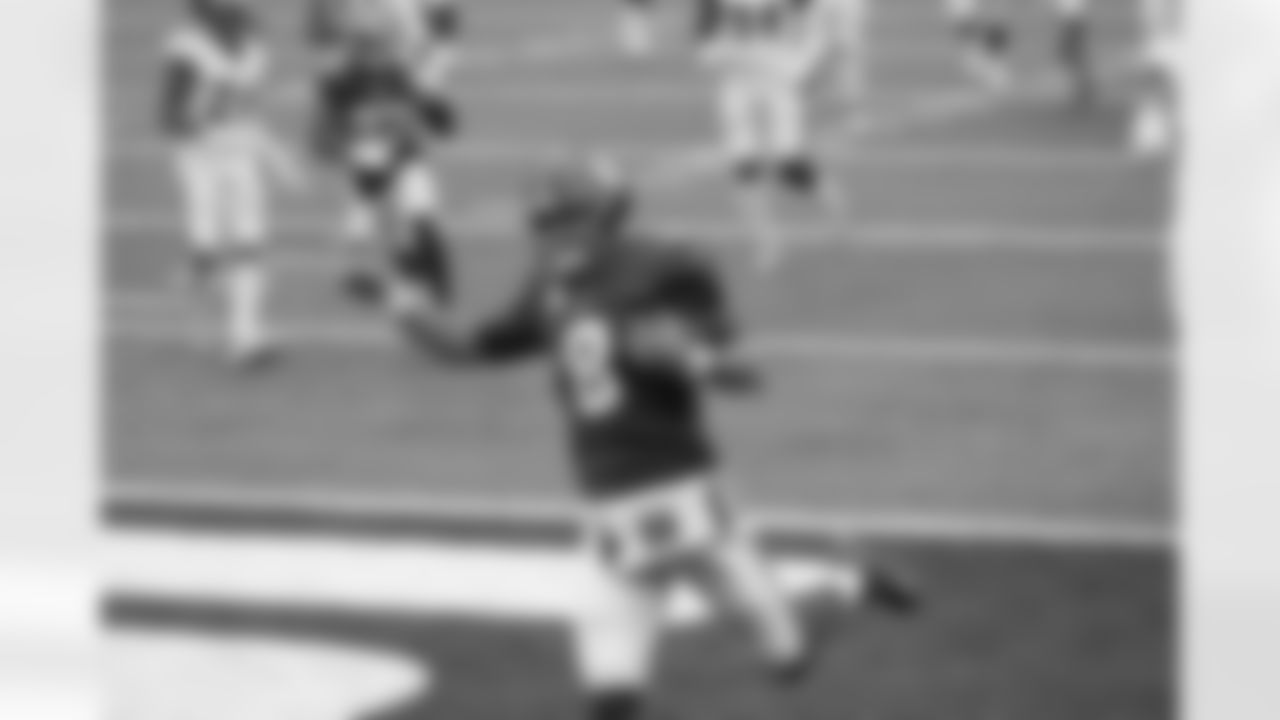
New York Giants quarterback Daniel Jones (8) rushes for a touchdown during the first half of an NFL football game against the Philadelphia Eagles Sunday, Nov. 15, 2020, in East Rutherford, N.J. (AP Photo/Seth Wenig)

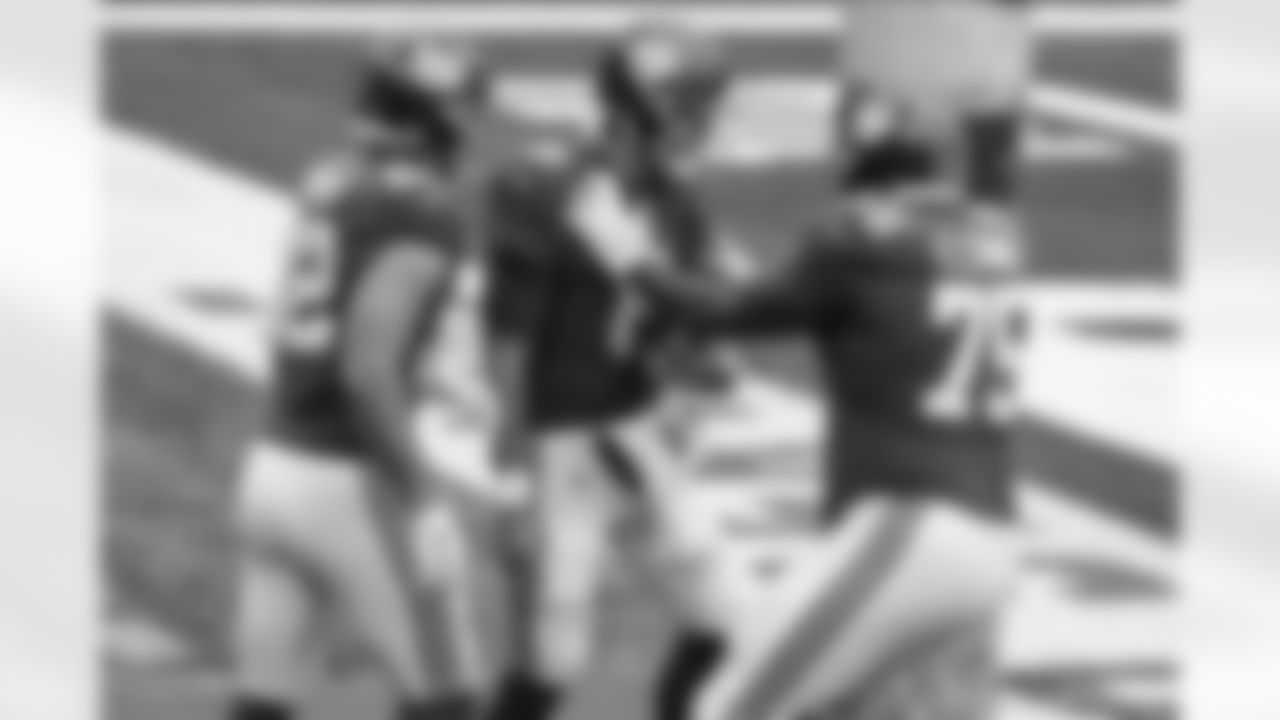
New York Giants quarterback Daniel Jones (8) celebrates with teammates Kaden Smith (82) and Cameron Fleming (75) after rushing for a touchdown during the first half of an NFL football game against the Philadelphia Eagles, Sunday, Nov. 15, 2020, in East Rutherford, N.J. (AP Photo/Seth Wenig)
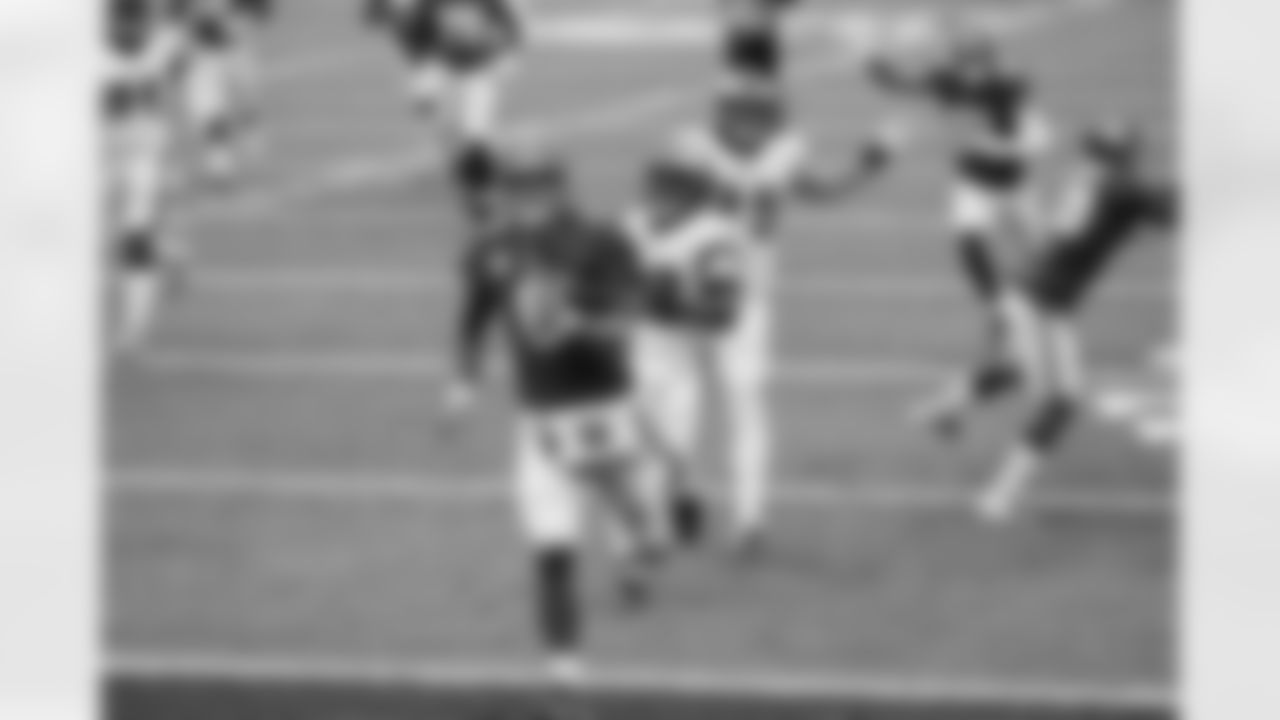
New York Giants' Daniel Jones (8) runs away from Philadelphia Eagles' Rodney McLeod (23) for a touchdown during the first half of an NFL football game Sunday, Nov. 15, 2020, in East Rutherford, N.J. (AP Photo/Seth Wenig)
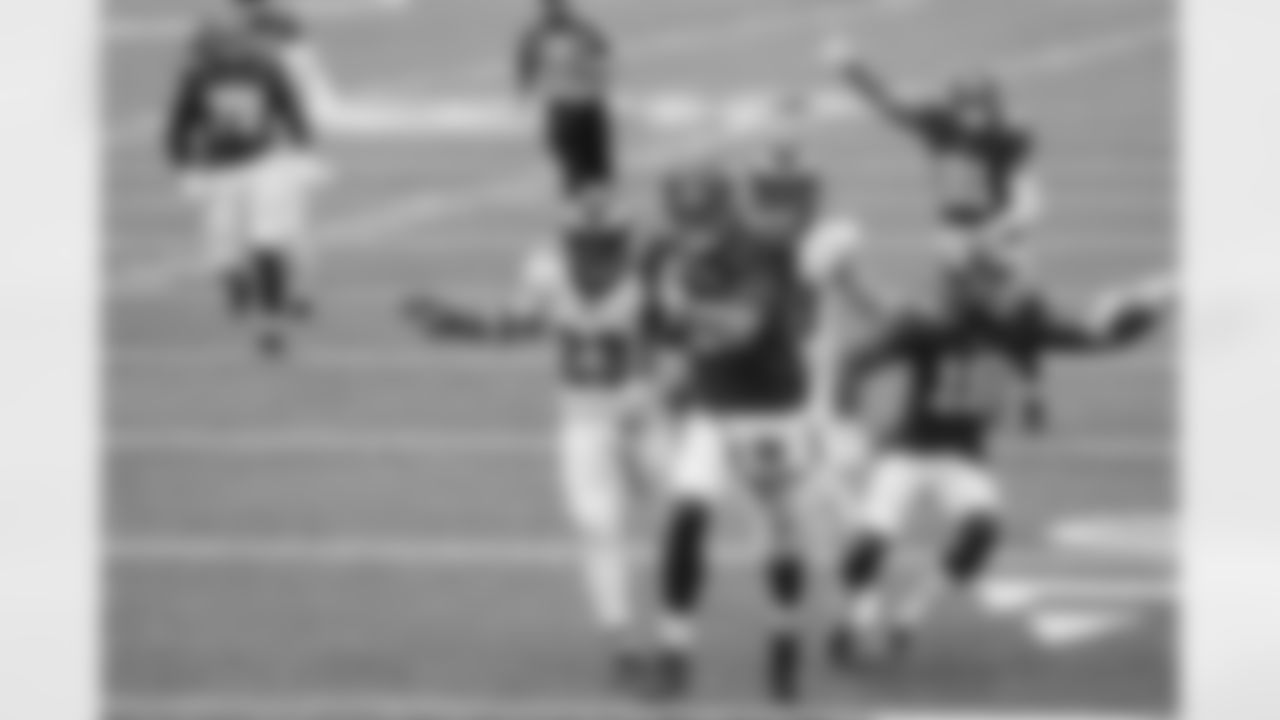
New York Giants' Daniel Jones (8) runs away from Philadelphia Eagles' Rodney McLeod (23) for a touchdown during the first half of an NFL football game Sunday, Nov. 15, 2020, in East Rutherford, N.J. (AP Photo/Seth Wenig)
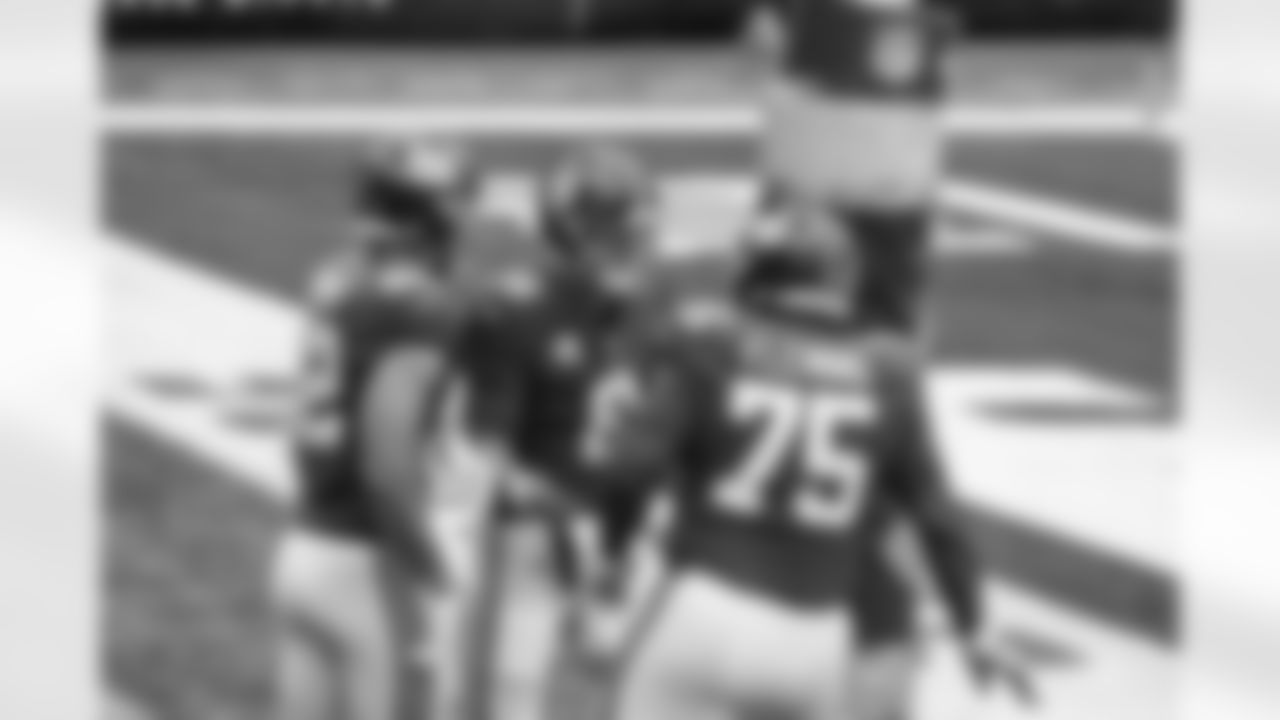
New York Giants quarterback Daniel Jones (8) celebrates with teammates Kaden Smith (82) and Cameron Fleming (75) after rushing for a touchdown during the first half of an NFL football game against the Philadelphia Eagles Sunday, Nov. 15, 2020, in East Rutherford, N.J. (AP Photo/Seth Wenig)
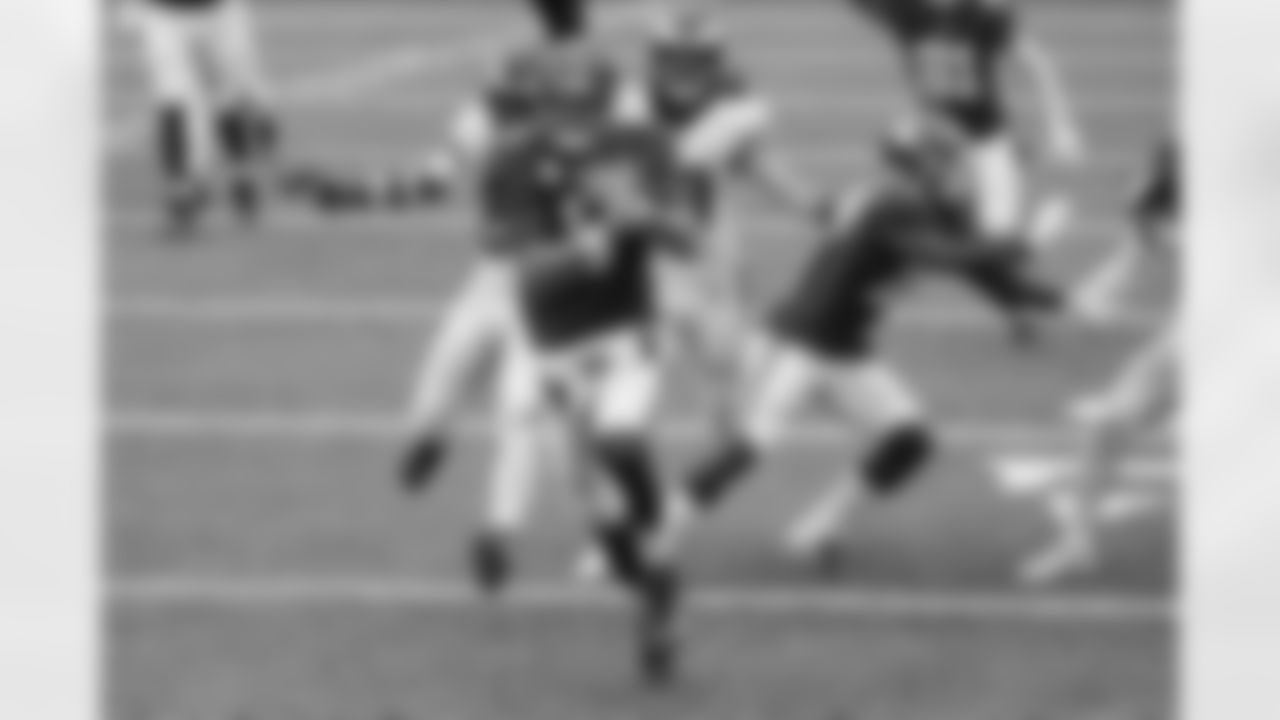
New York Giants' Daniel Jones (8) runs away from Philadelphia Eagles' Rodney McLeod (23) for a touchdown during the first half of an NFL football game Sunday, Nov. 15, 2020, in East Rutherford, N.J. (AP Photo/Seth Wenig)
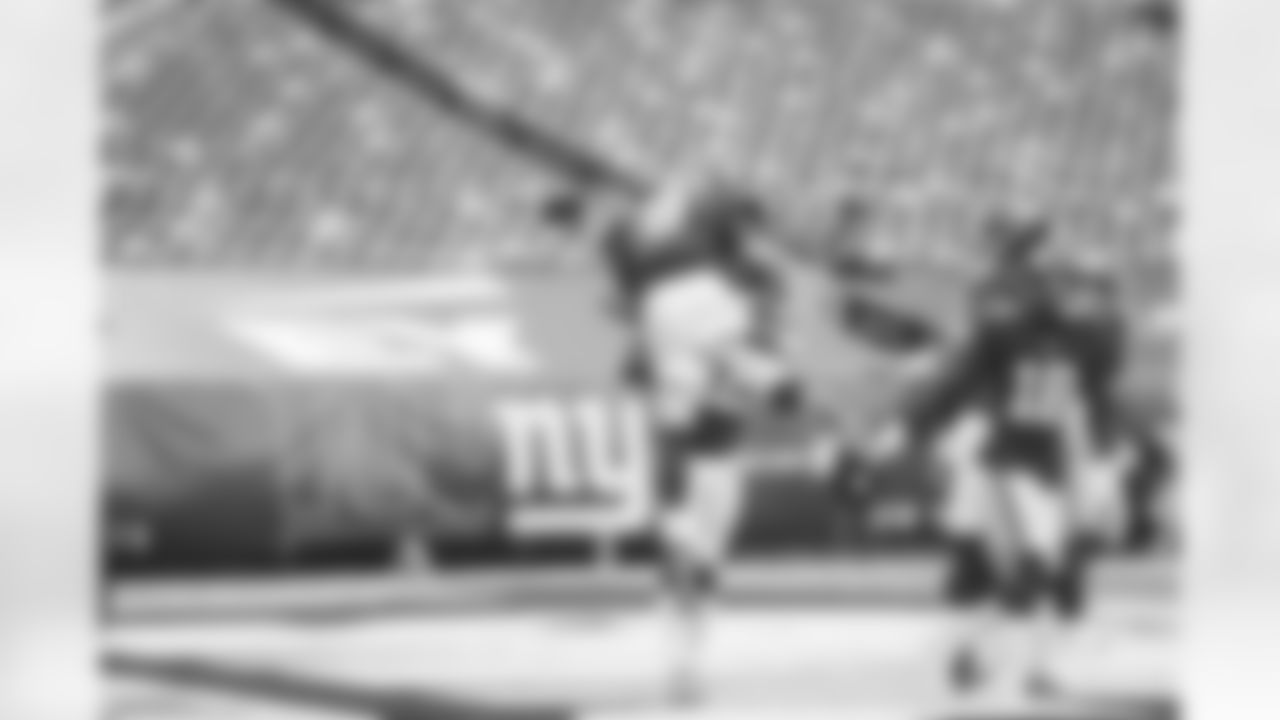
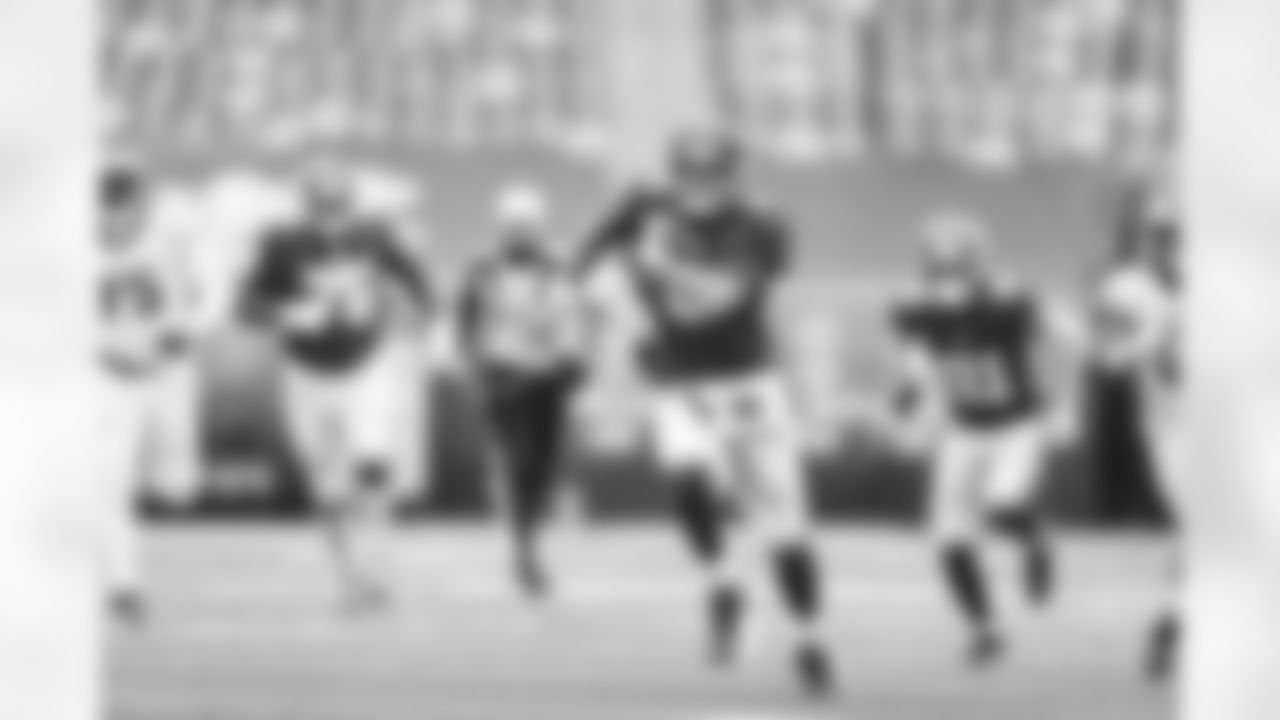
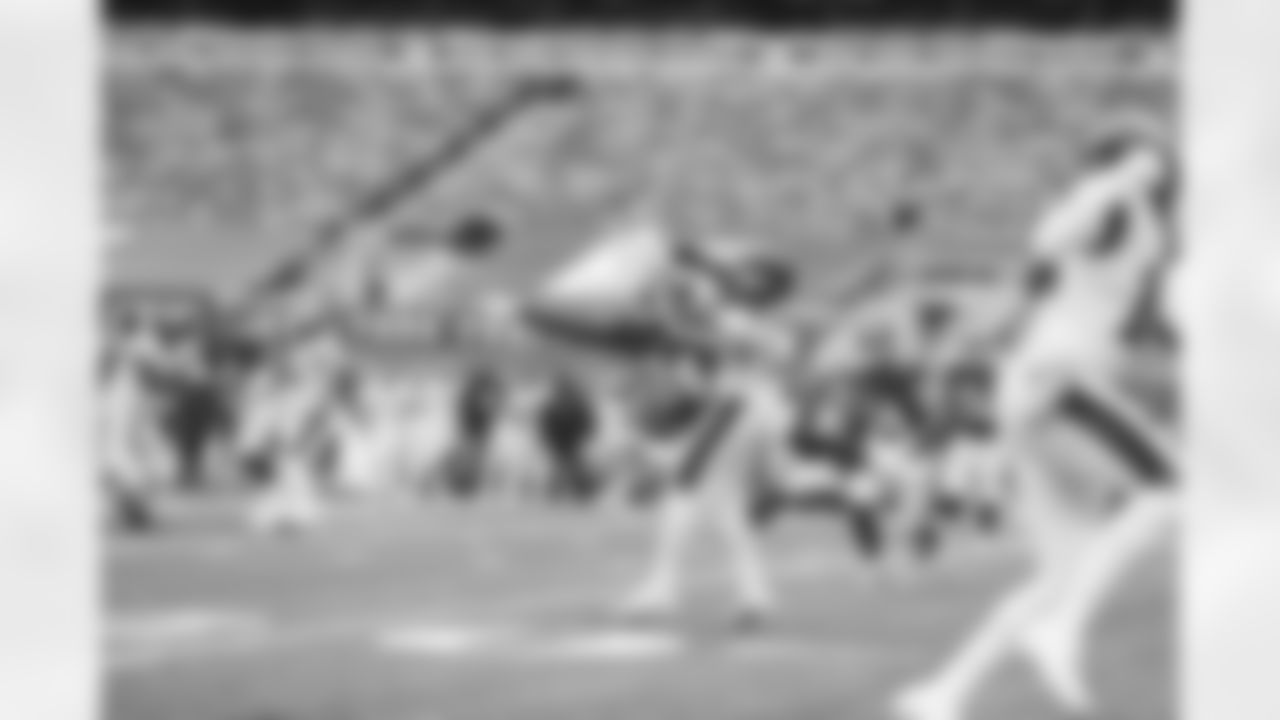

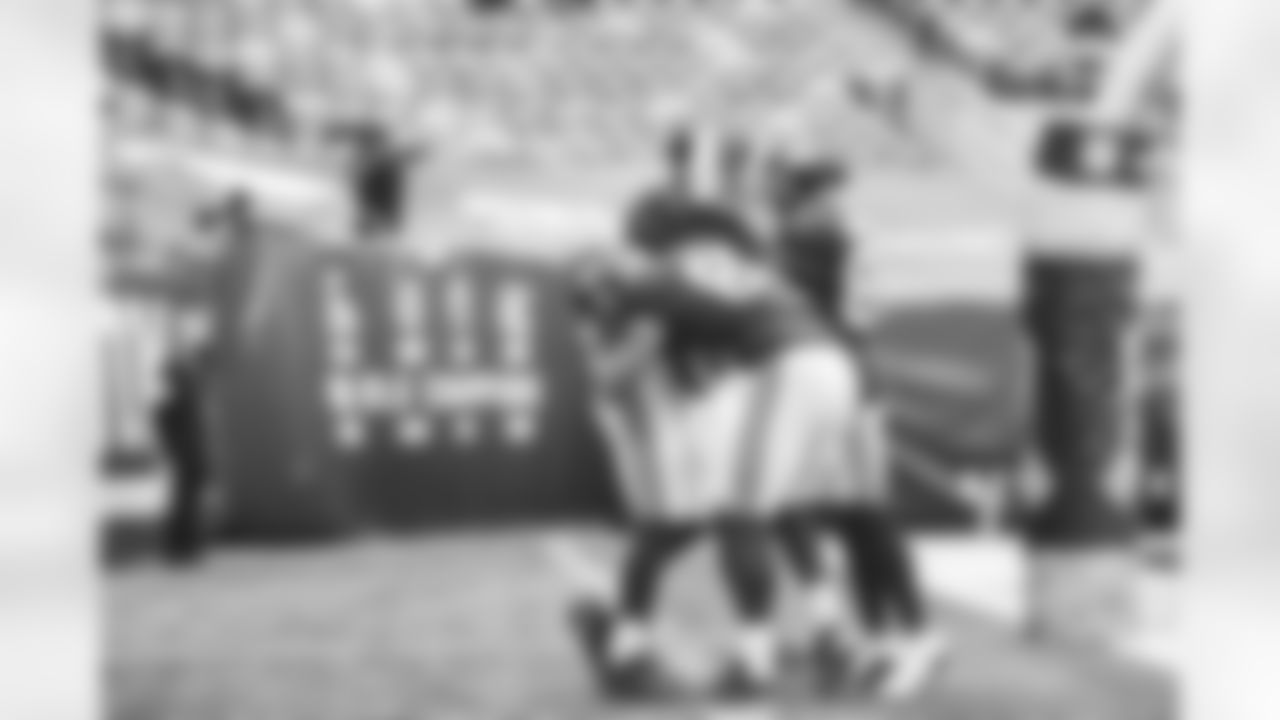
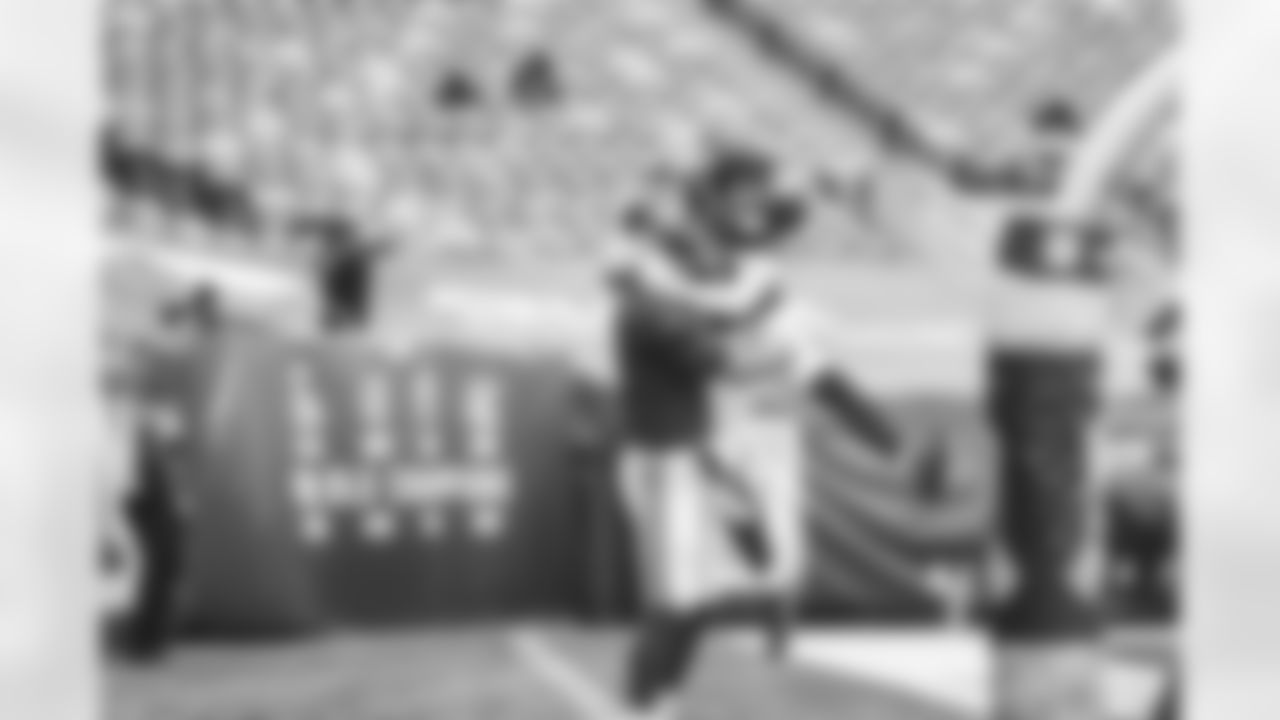
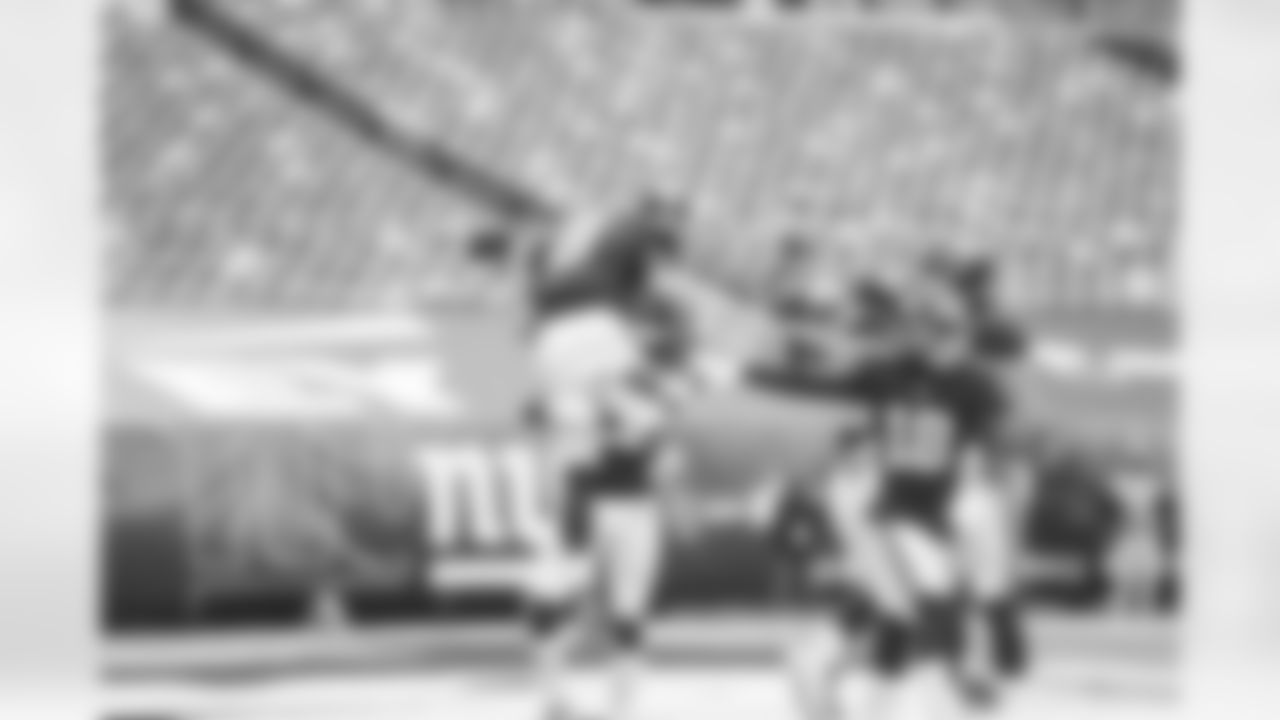
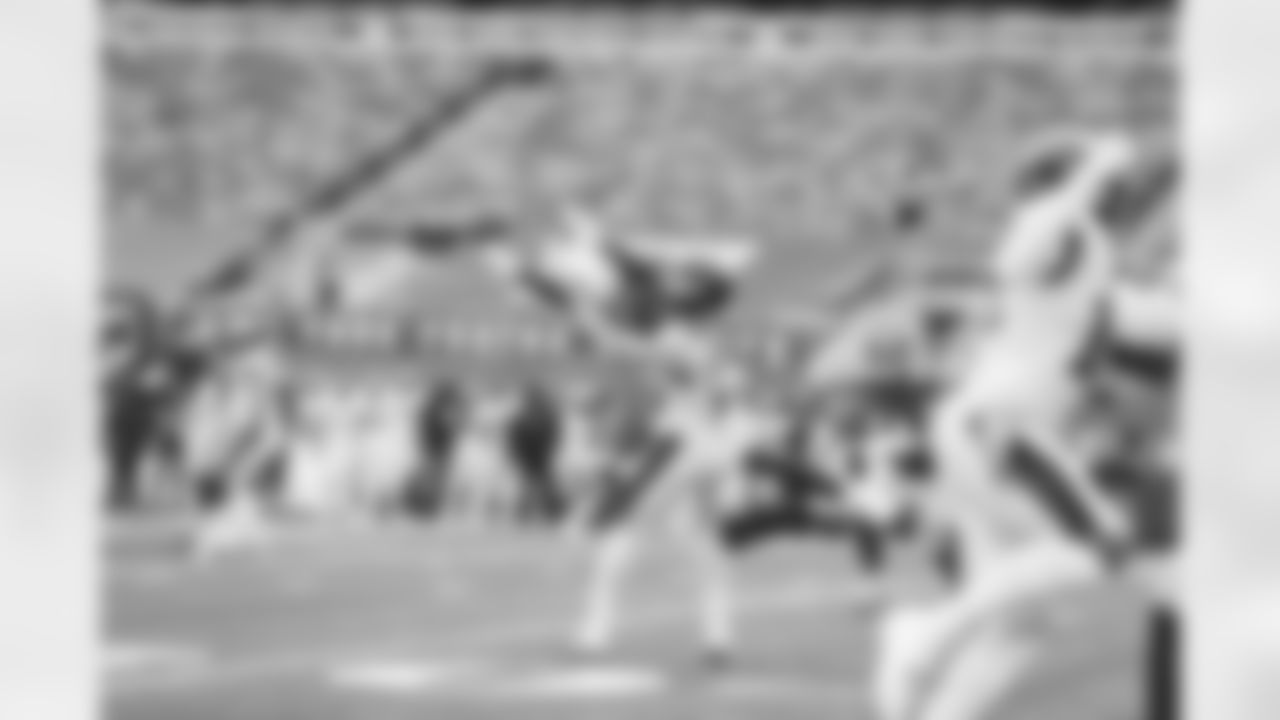
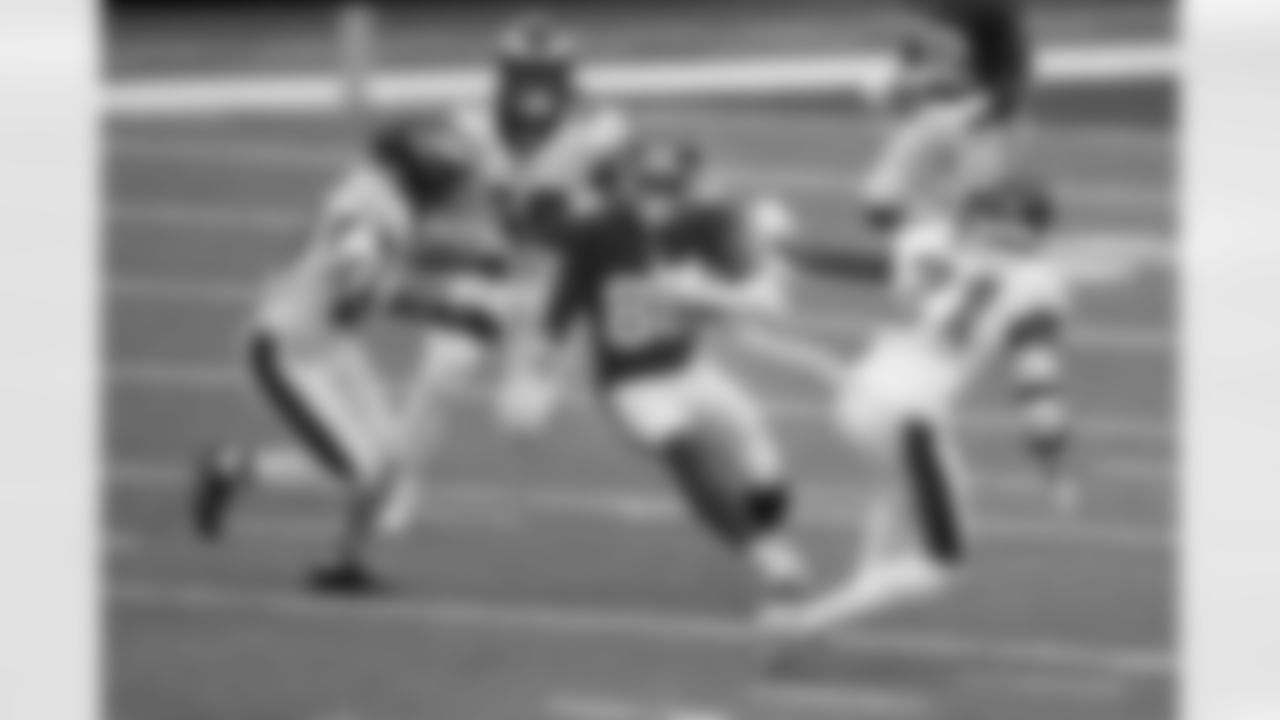
New York Giants wide receiver Darius Slayton (86) during the first half of an NFL football game against the Philadelphia Eagles Sunday, Nov. 15, 2020, in East Rutherford, N.J. (AP Photo/Seth Wenig)
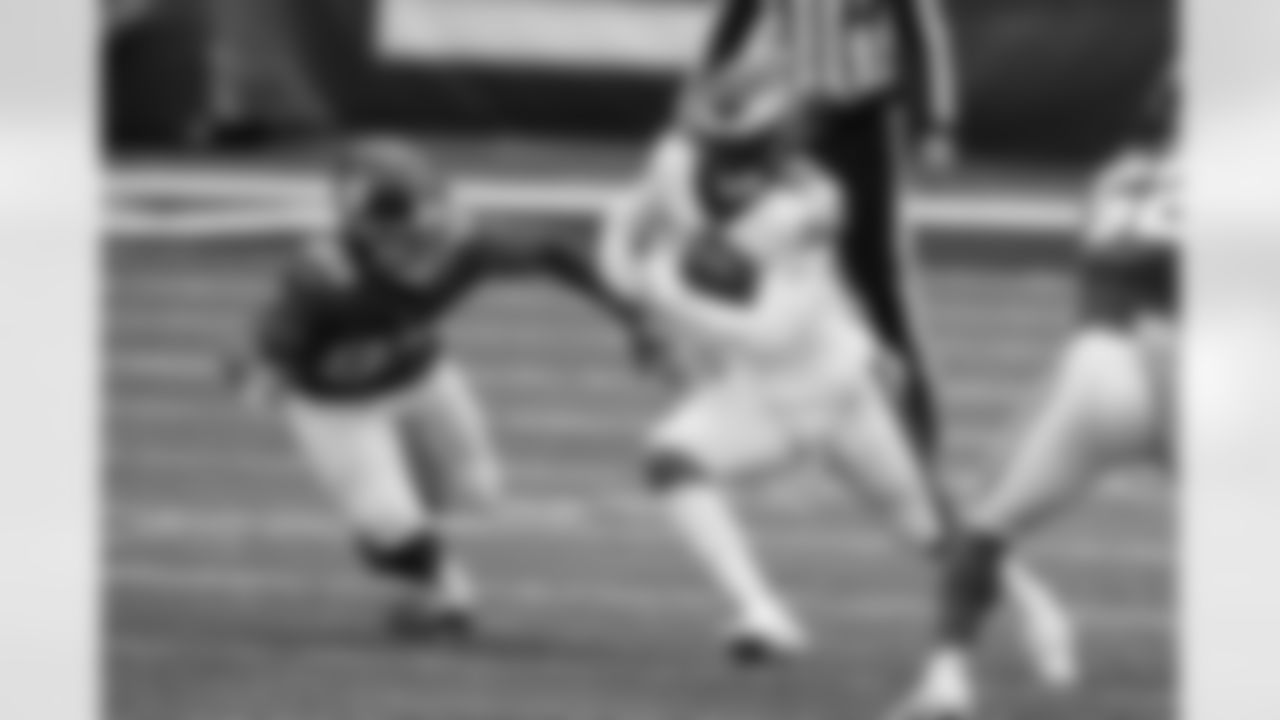
Philadelphia Eagles' Miles Sanders (26) rushes past New York Giants' Trent Harris (93) during the first half of an NFL football game Sunday, Nov. 15, 2020, in East Rutherford, N.J. (AP Photo/Corey Sipkin)
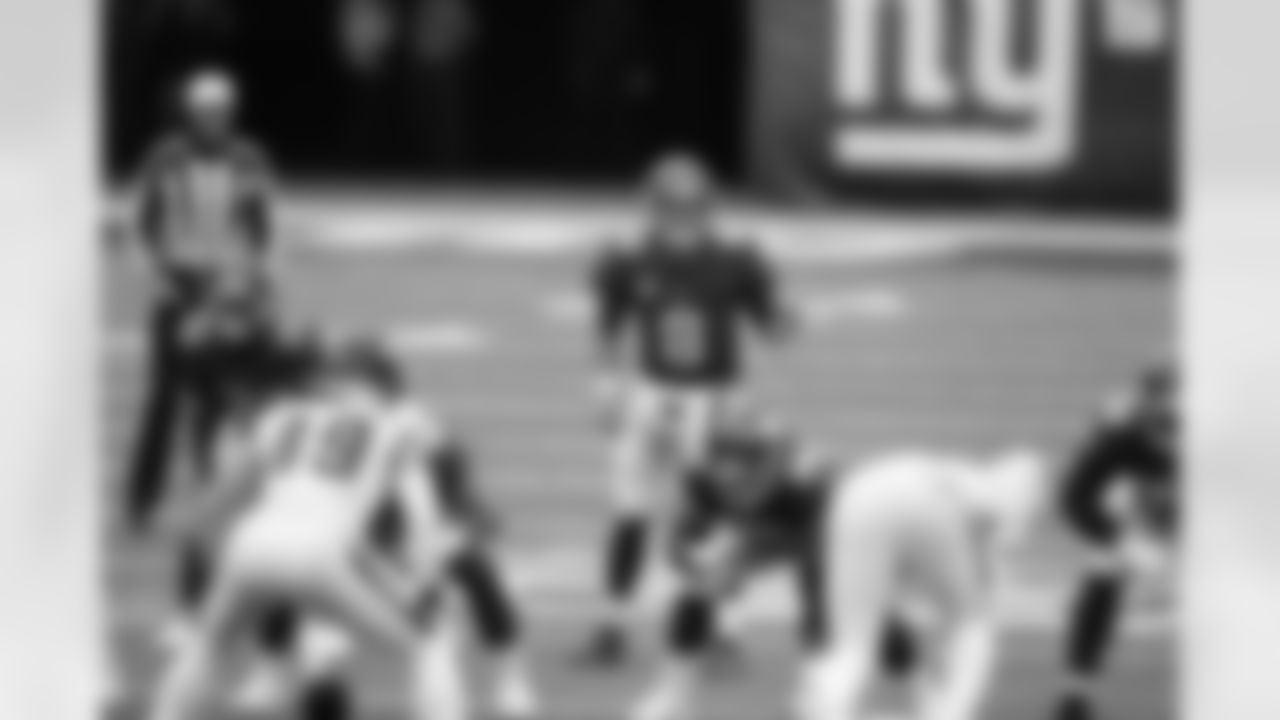
New York Giants quarterback Daniel Jones (8) calls out to his team during the first half of an NFL football game against the Philadelphia Eagles Sunday, Nov. 15, 2020, in East Rutherford, N.J. (AP Photo/Seth Wenig)
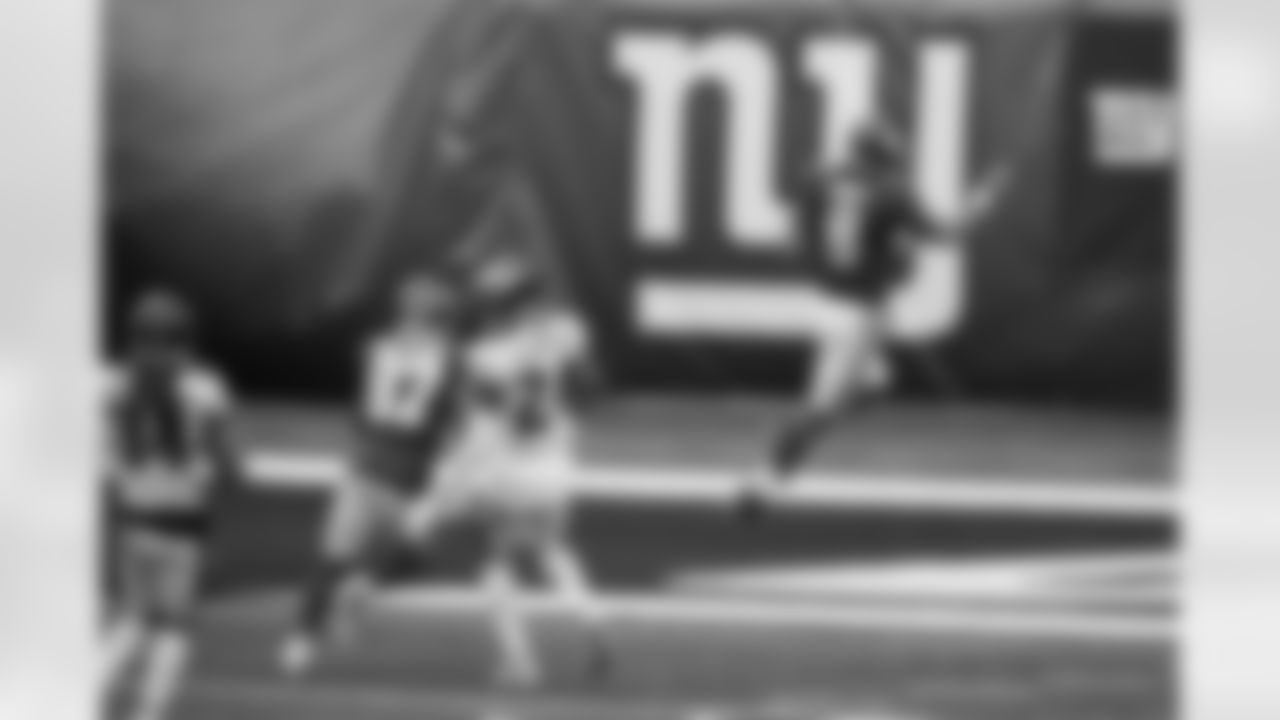
New York Giants' Daniel Jones (8) rushes for a touchdown during the first half of an NFL football game against the Philadelphia Eagles Sunday, Nov. 15, 2020, in East Rutherford, N.J. (AP Photo/Corey Sipkin)
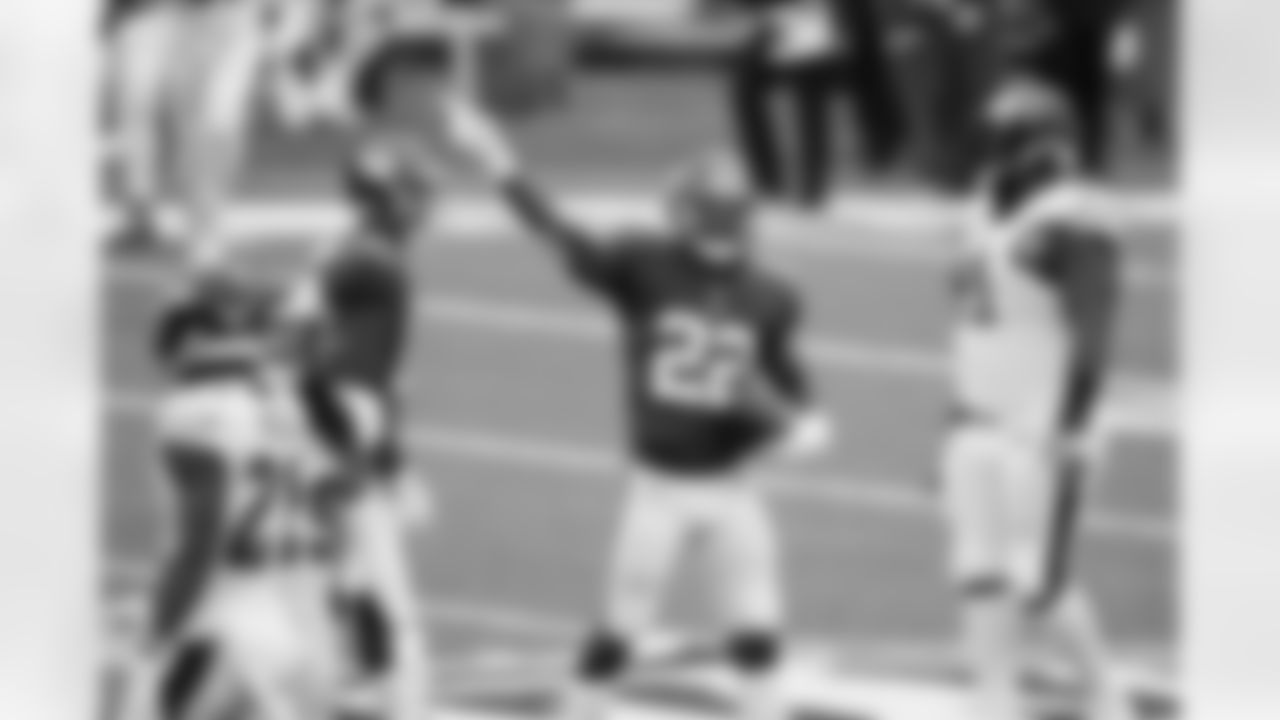
New York Giants running back Wayne Gallman (22) gestures during the first half of an NFL football game against the Philadelphia Eagles Sunday, Nov. 15, 2020, in East Rutherford, N.J. (AP Photo/Seth Wenig)

Philadelphia Eagles' Avonte Maddox (29) tackles New York Giants' Austin Mack (81) during the first half of an NFL football game Sunday, Nov. 15, 2020, in East Rutherford, N.J. (AP Photo/Seth Wenig)
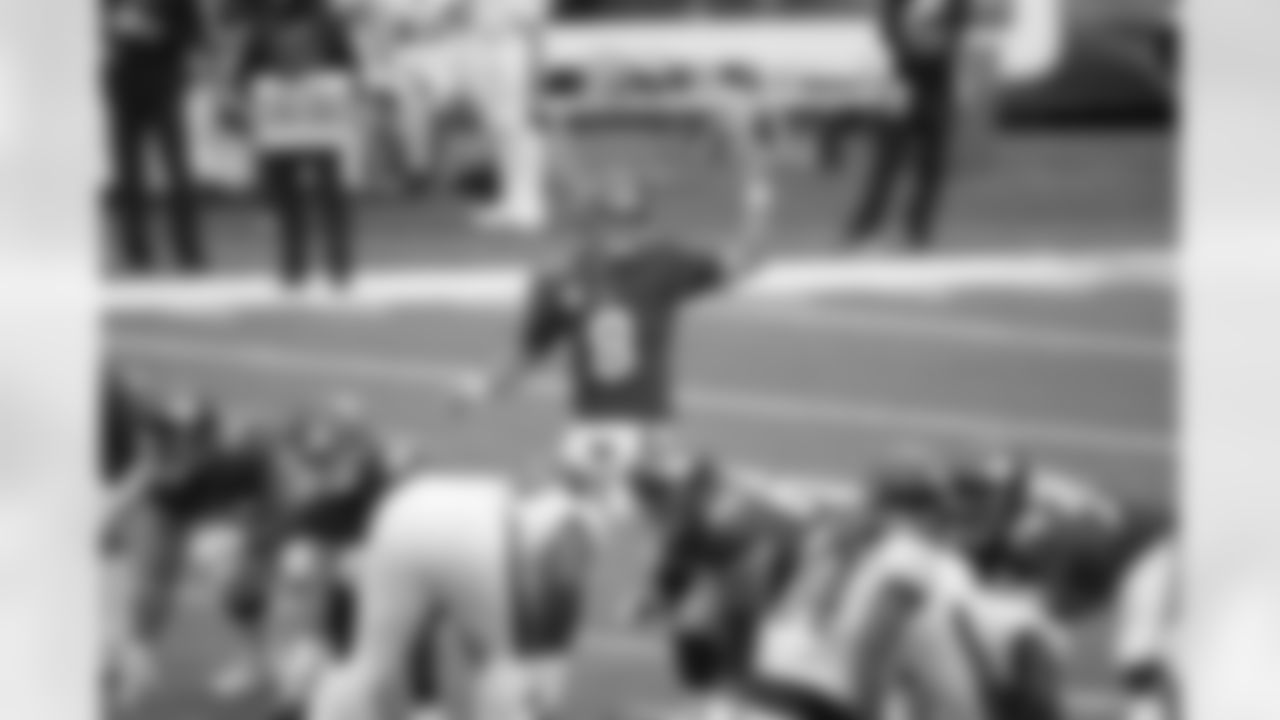
New York Giants quarterback Daniel Jones (8) gestures to teammates during the first half of an NFL football game against the Philadelphia Eagles Sunday, Nov. 15, 2020, in East Rutherford, N.J. (AP Photo/Seth Wenig)

Philadelphia Eagles' Duke Riley (50) and Rodney McLeod (23) tackle New York Giants quarterback Daniel Jones (8) during the first half of an NFL football game Sunday, Nov. 15, 2020, in East Rutherford, N.J. (AP Photo/Corey Sipkin)
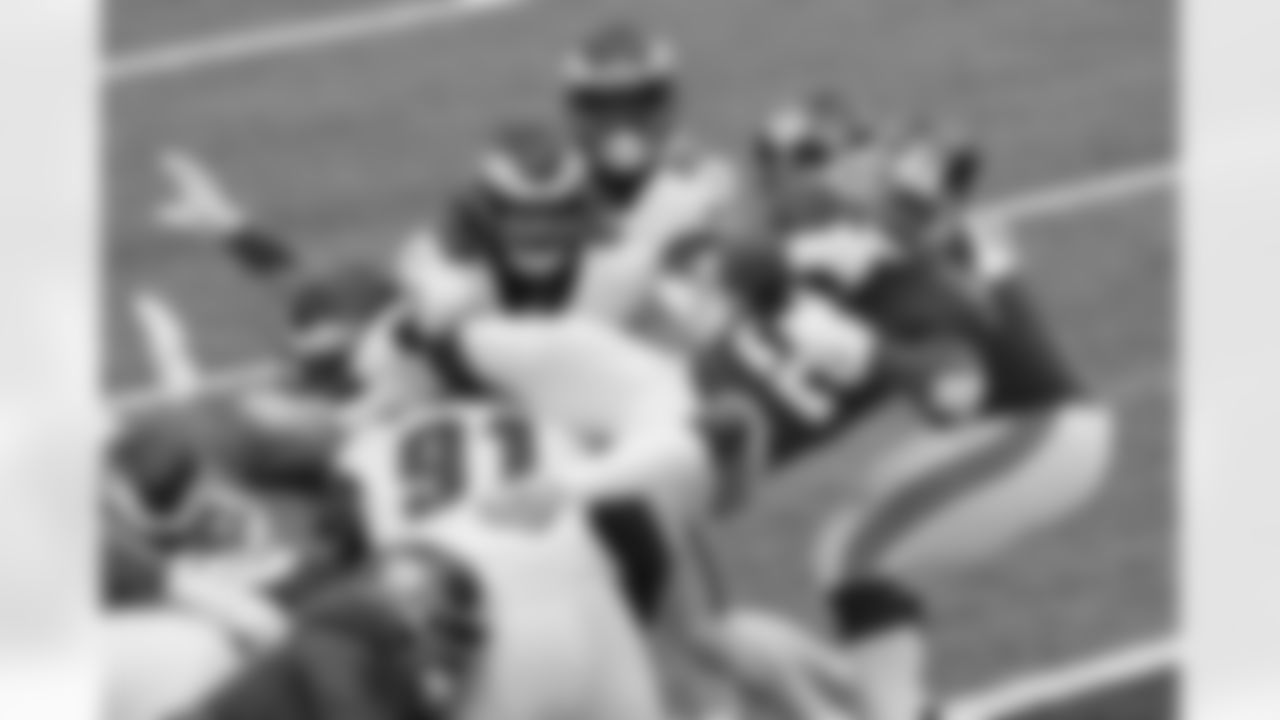
New York Giants running back Wayne Gallman (22) jumps over defenders for a touchdown during the first half of an NFL football game against the Philadelphia Eagles Sunday, Nov. 15, 2020, in East Rutherford, N.J. (AP Photo/Seth Wenig)
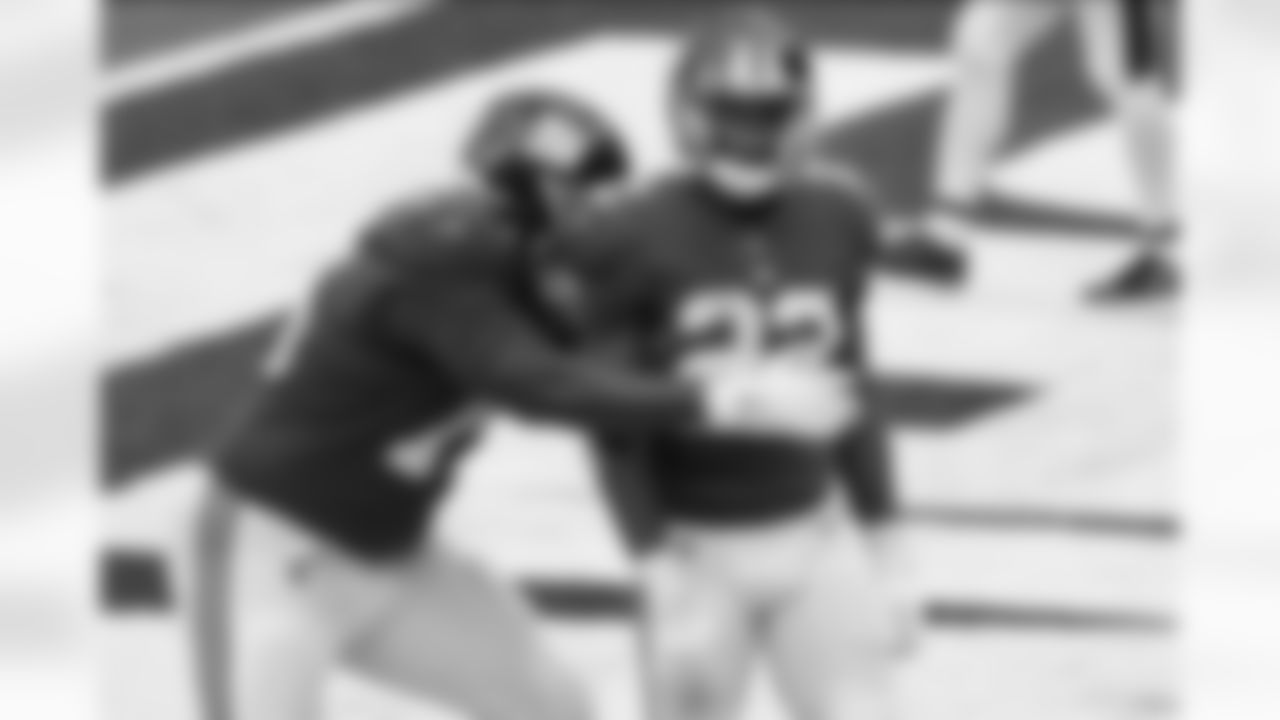
New York Giants running back Wayne Gallman (22) celebrates with Cameron Fleming after scoring a touchdown during the first half of an NFL football game against the Philadelphia Eagles Sunday, Nov. 15, 2020, in East Rutherford, N.J. (AP Photo/Seth Wenig)

New York Giants' Logan Ryan (23) tackles Philadelphia Eagles' Miles Sanders (26) during the first half of an NFL football game Sunday, Nov. 15, 2020, in East Rutherford, N.J. (AP Photo/Seth Wenig)
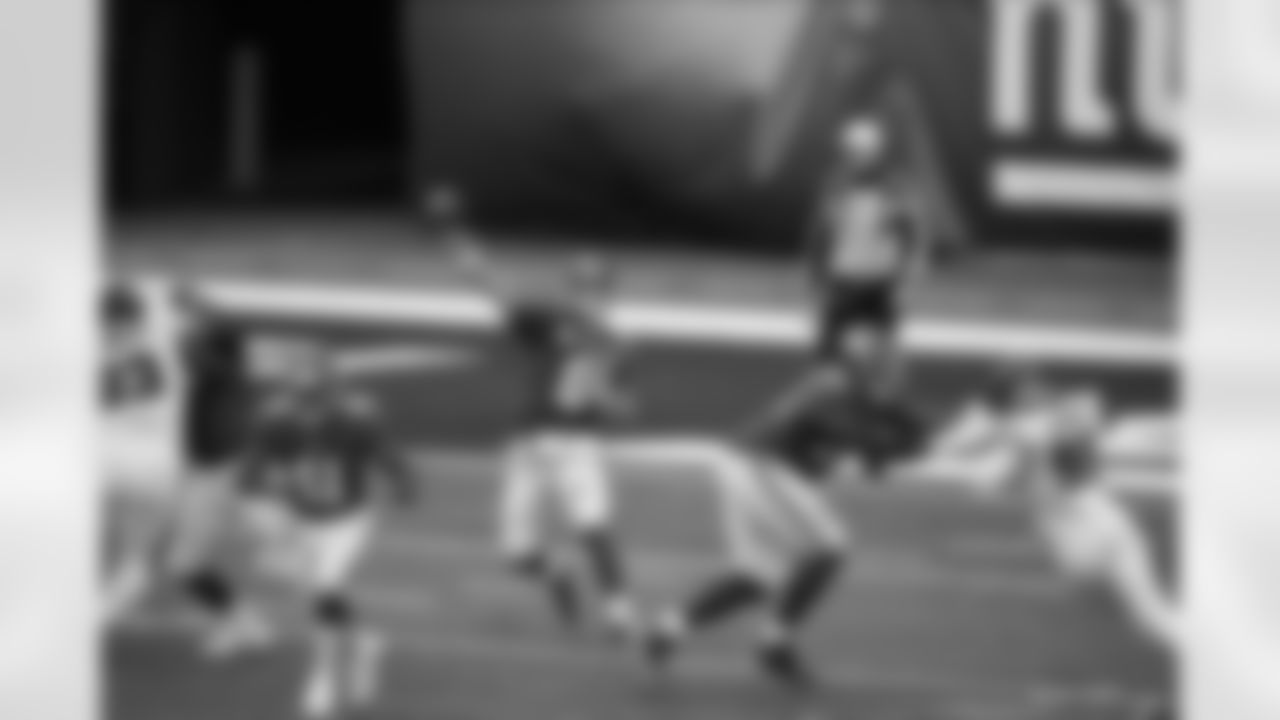
New York Giants quarterback Daniel Jones (8) throws a pass during the first half of an NFL football game against the Philadelphia Eagles Sunday, Nov. 15, 2020, in East Rutherford, N.J. (AP Photo/Corey Sipkin)
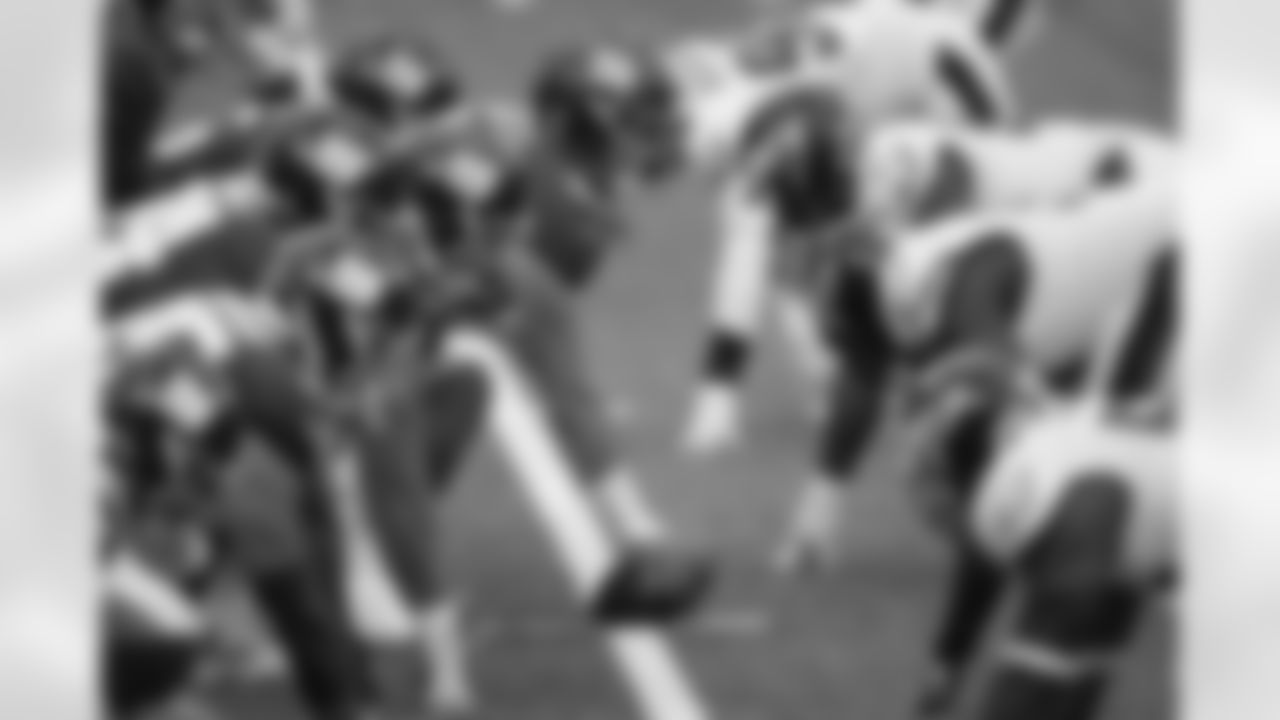
The New York Giants play the Philadelphia Eagles during the first half of an NFL football game Sunday, Nov. 15, 2020, in East Rutherford, N.J. (AP Photo/Seth Wenig)
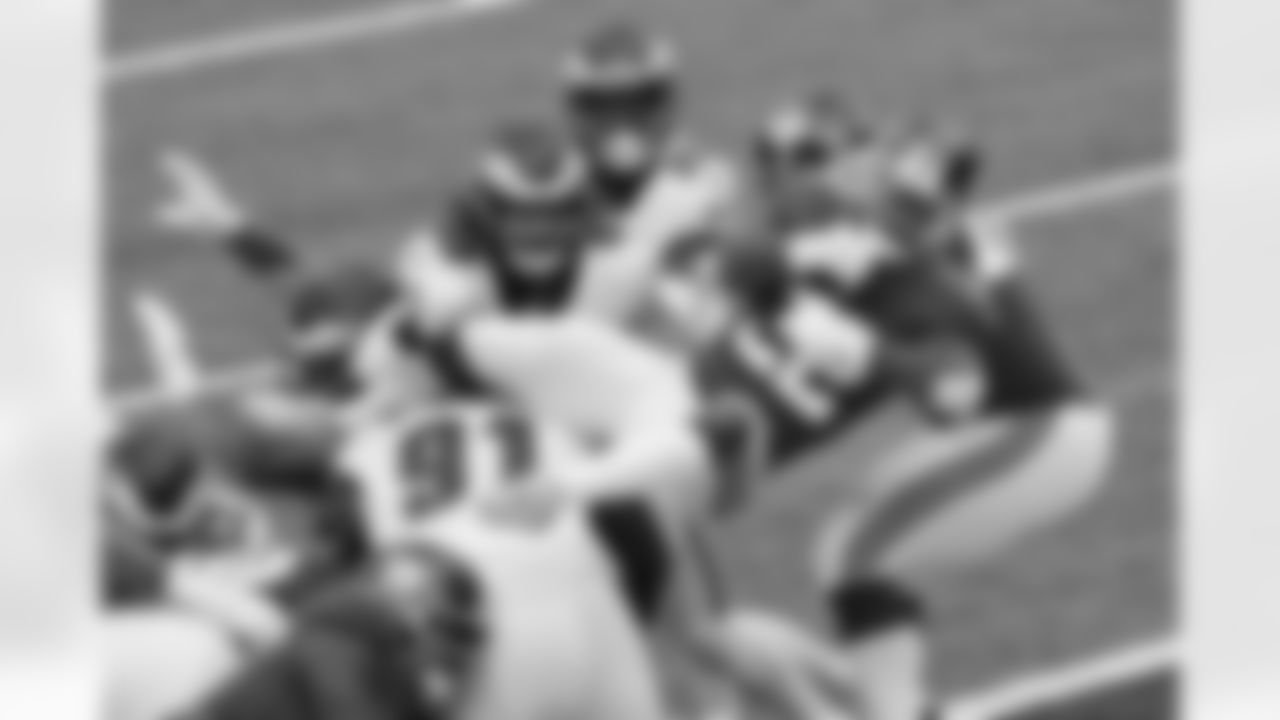
New York Giants running back Wayne Gallman (22) jumps over defenders for a touchdown during the first half of an NFL football game against the Philadelphia Eagles Sunday, Nov. 15, 2020, in East Rutherford, N.J. (AP Photo/Seth Wenig)
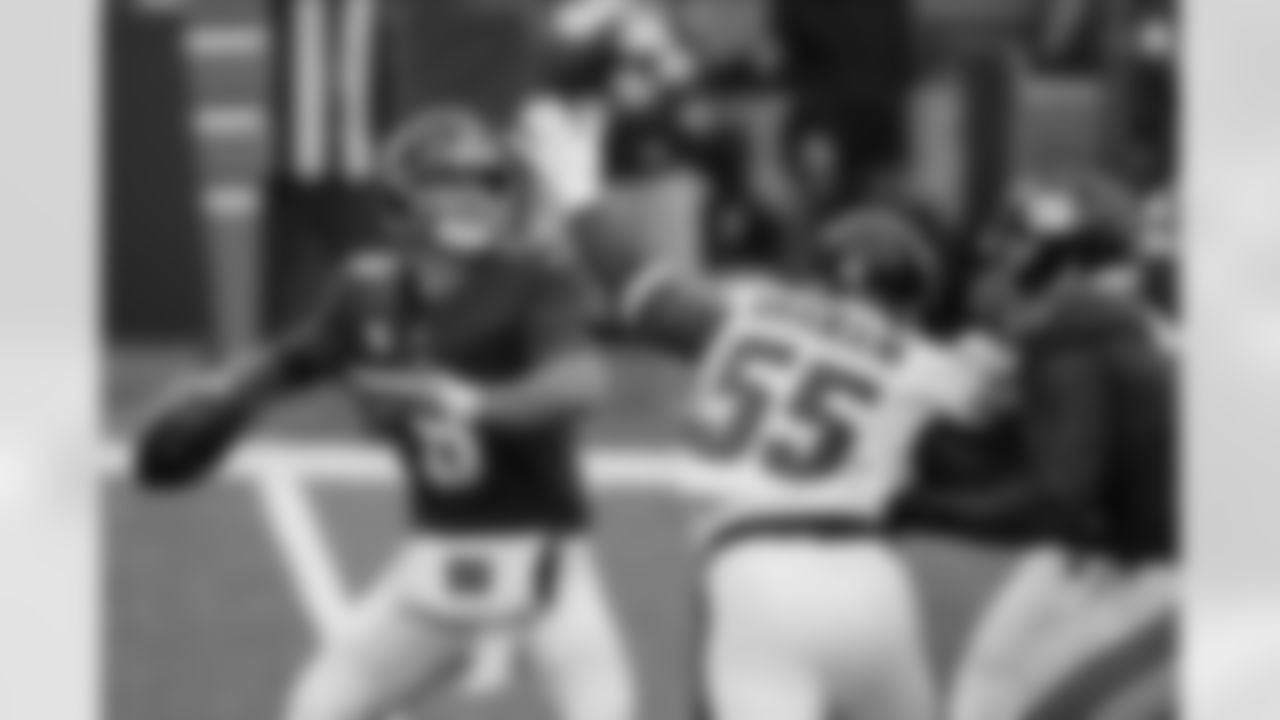
New York Giants quarterback Daniel Jones (8) throws a pass as Philadelphia Eagles' Brandon Graham (55) rushes him during the first half of an NFL football game Sunday, Nov. 15, 2020, in East Rutherford, N.J. (AP Photo/Seth Wenig)
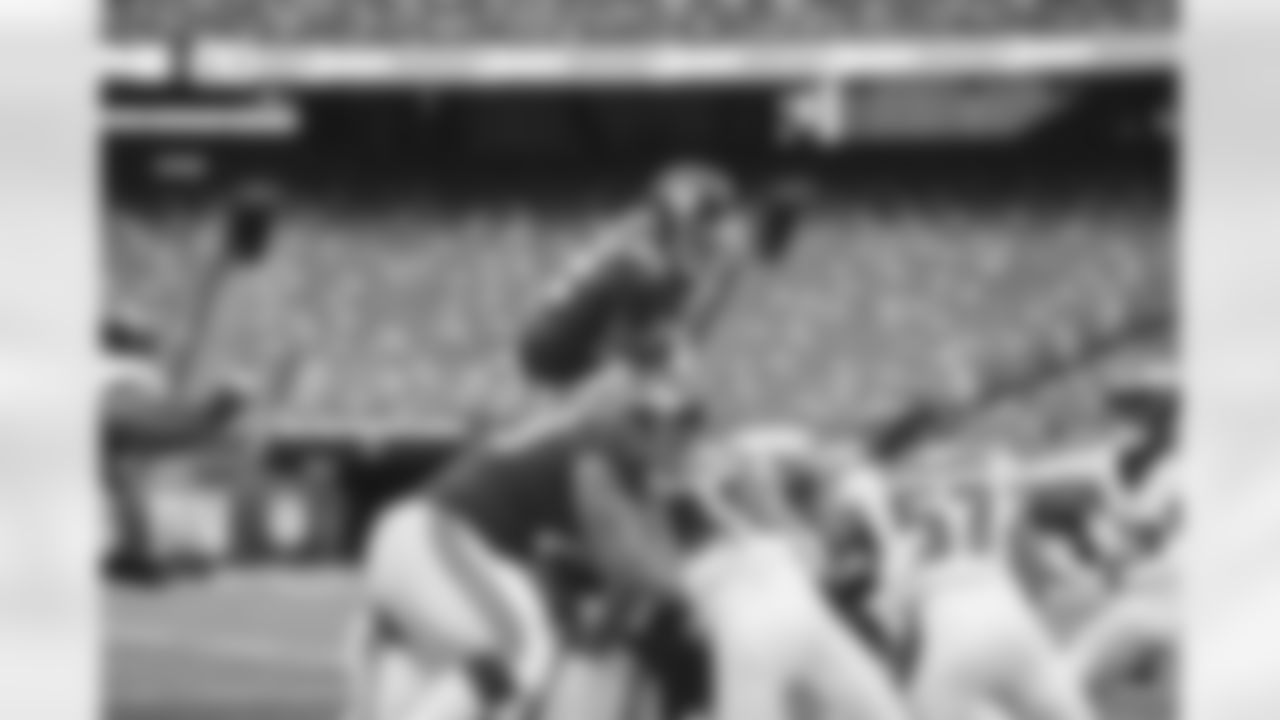
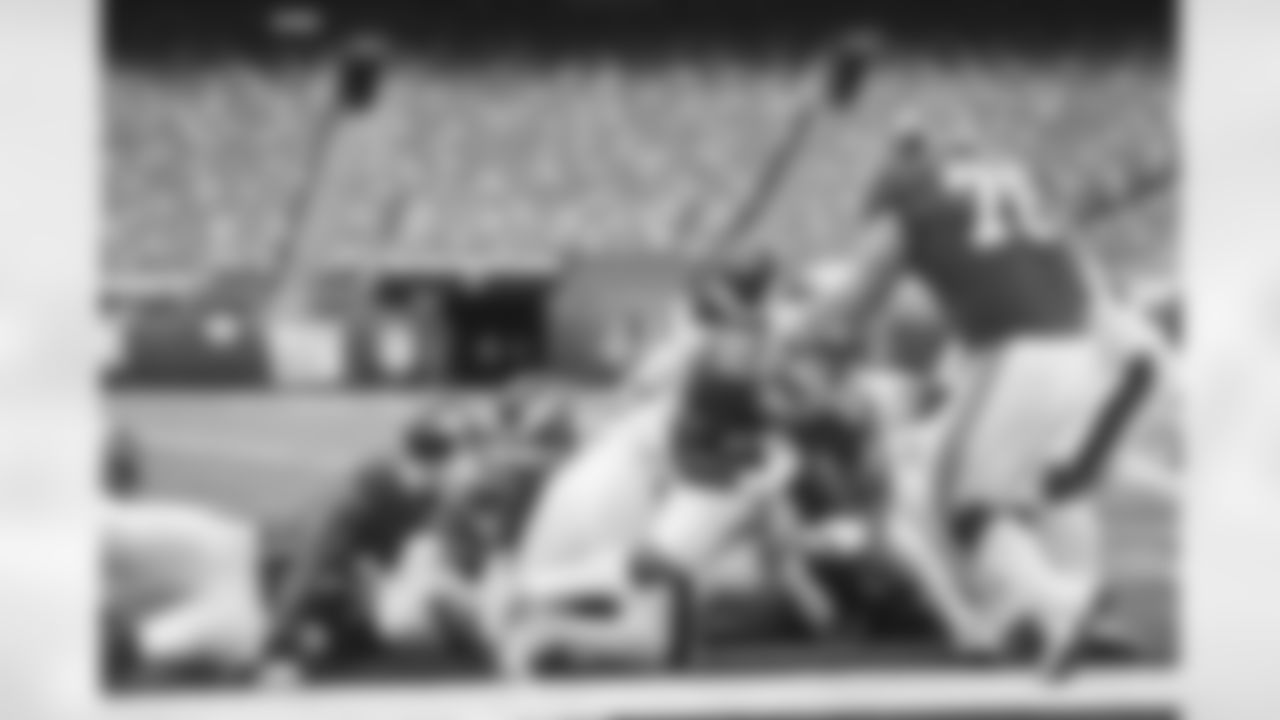
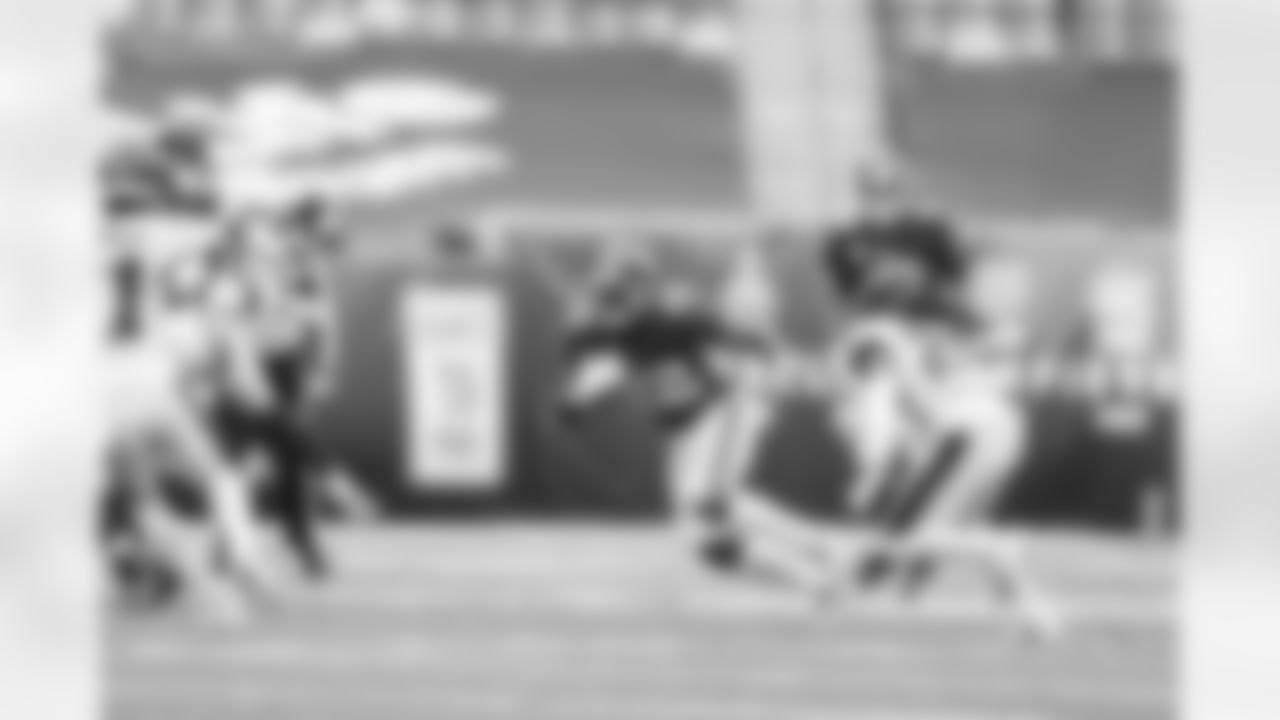
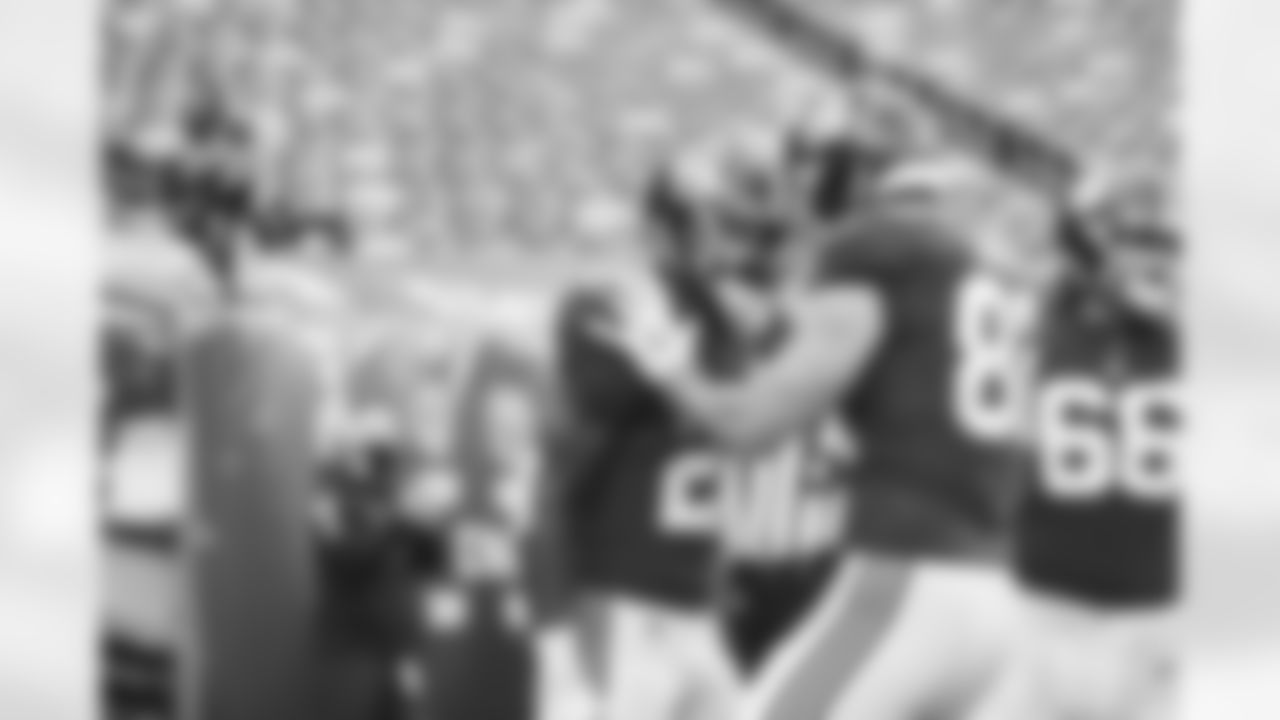
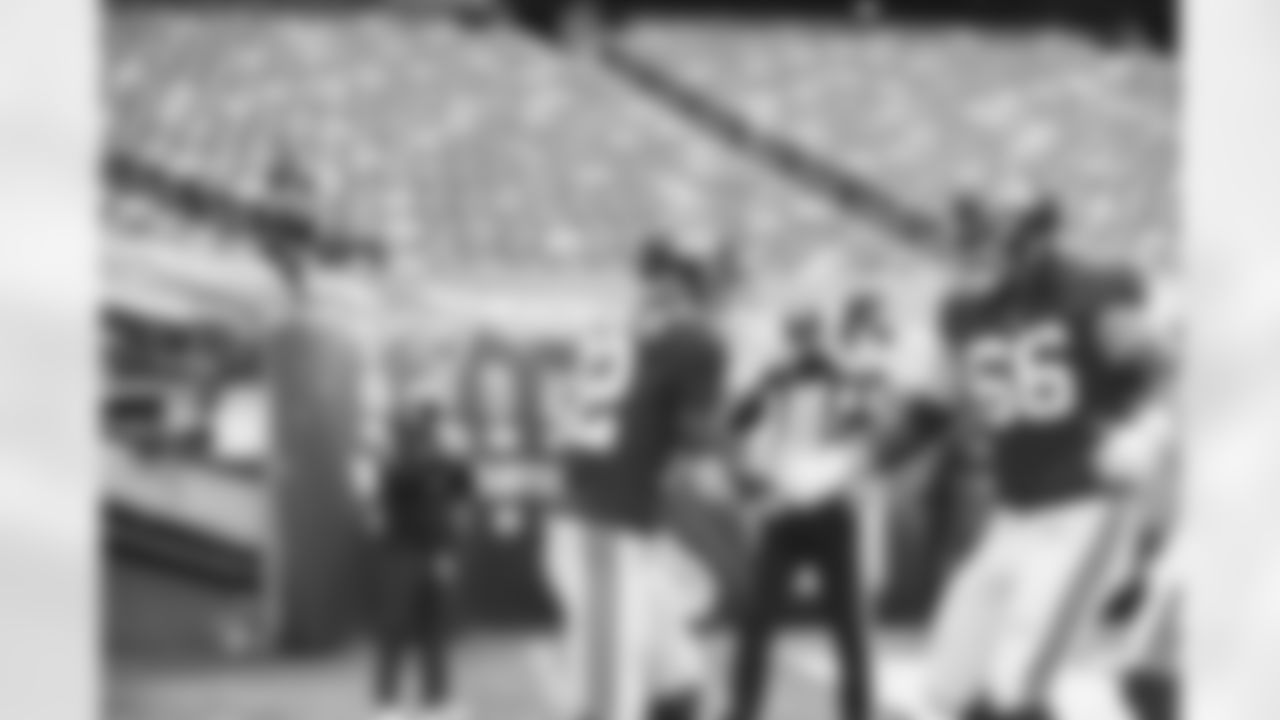
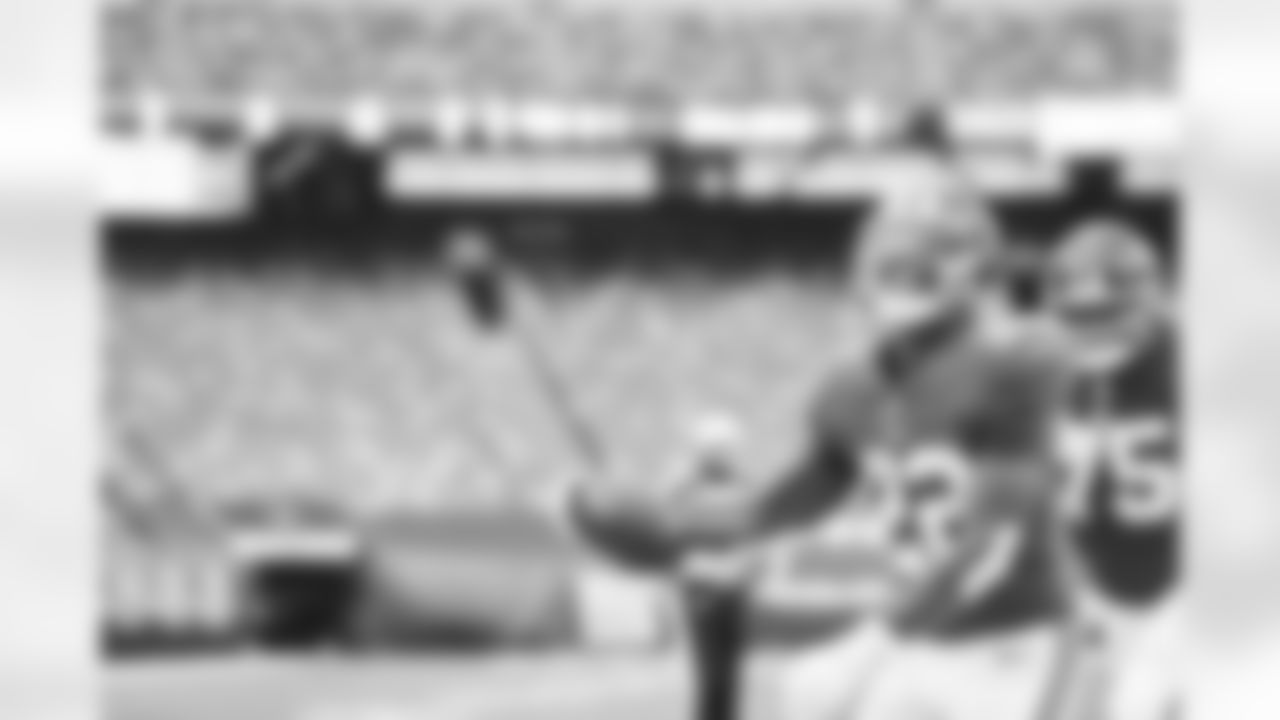

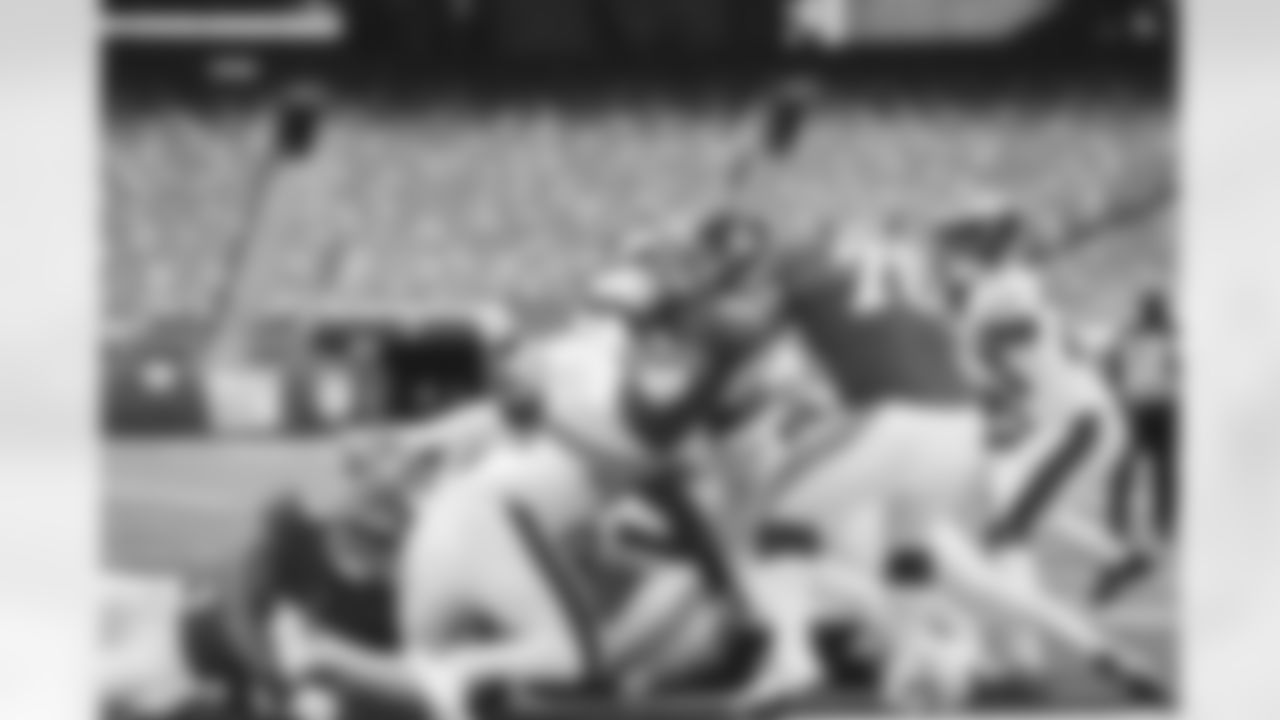
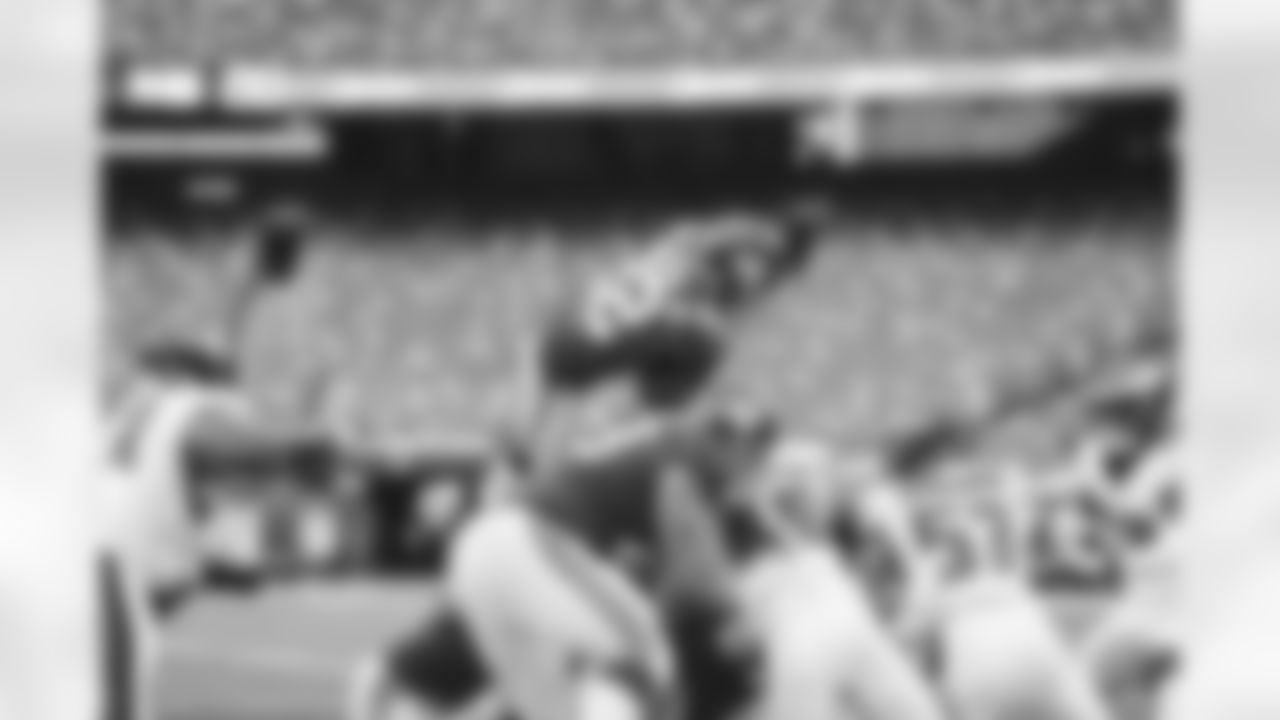
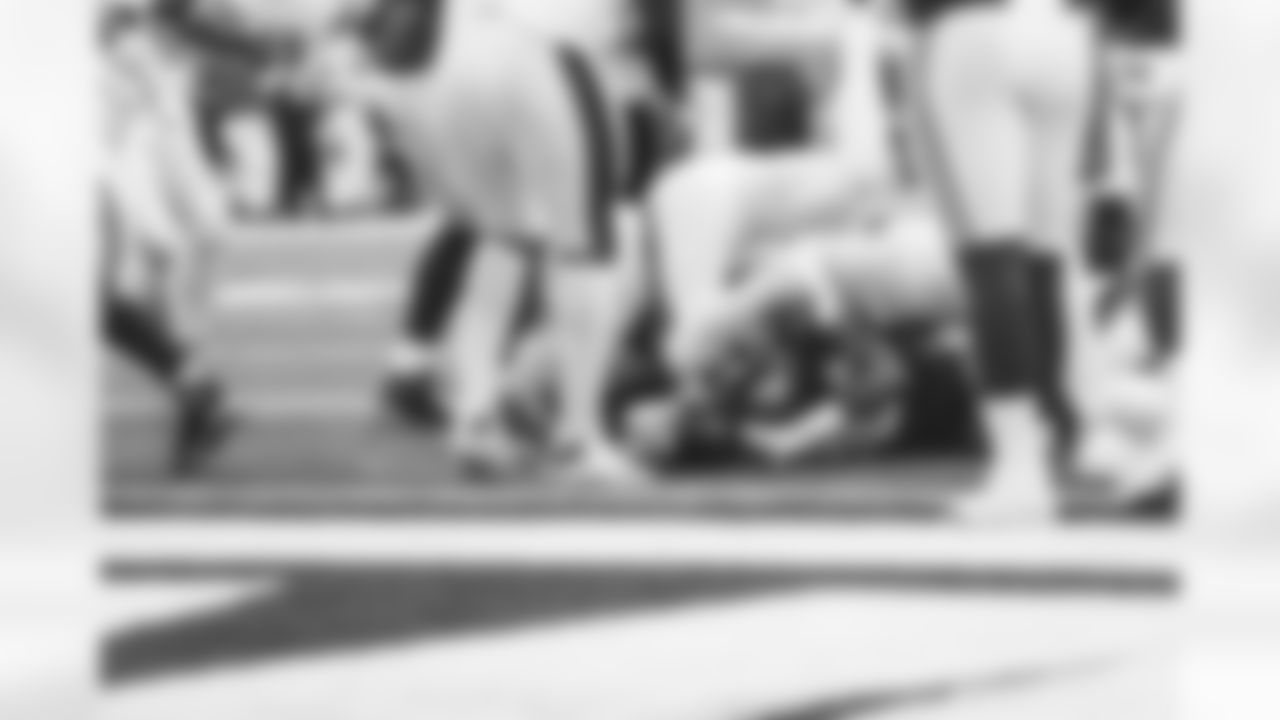
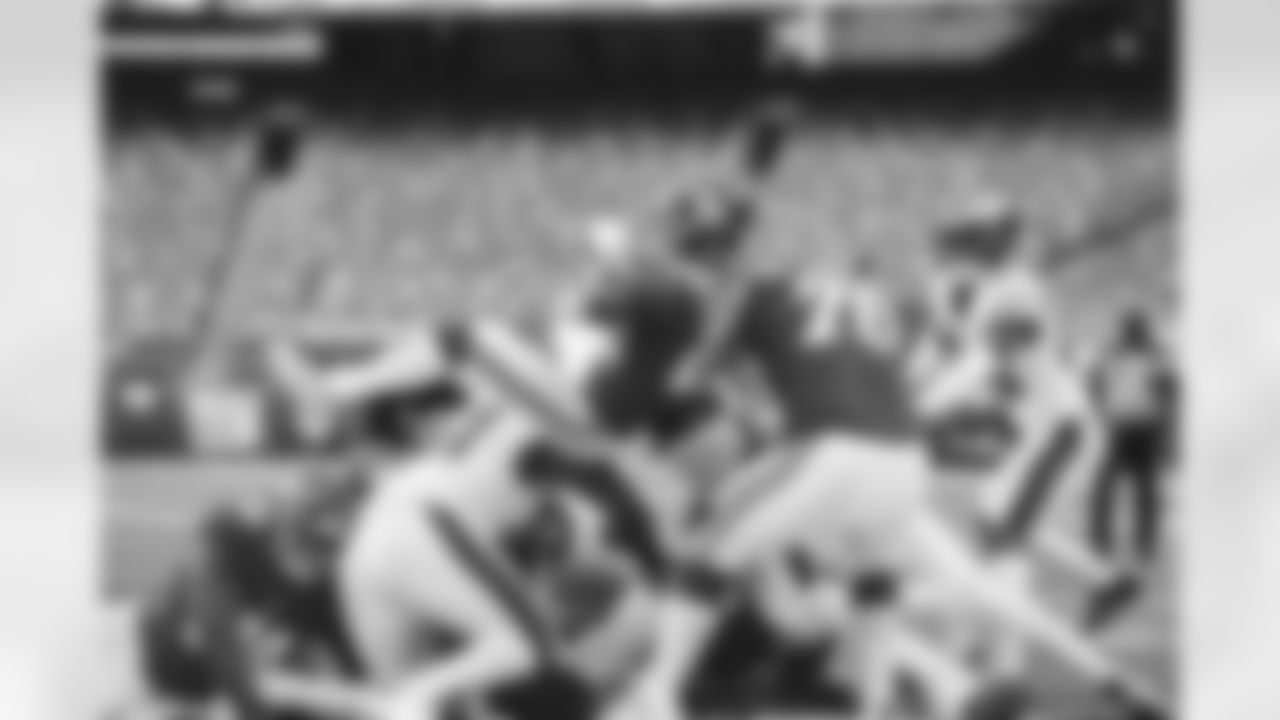
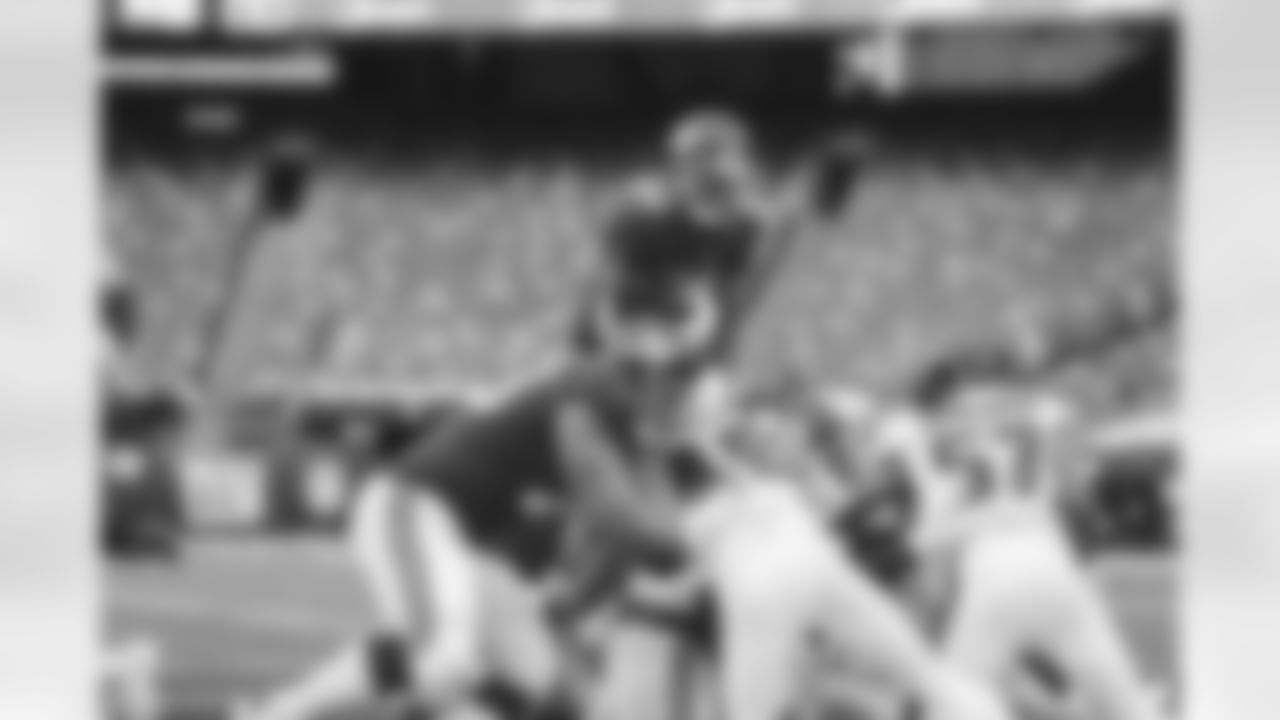
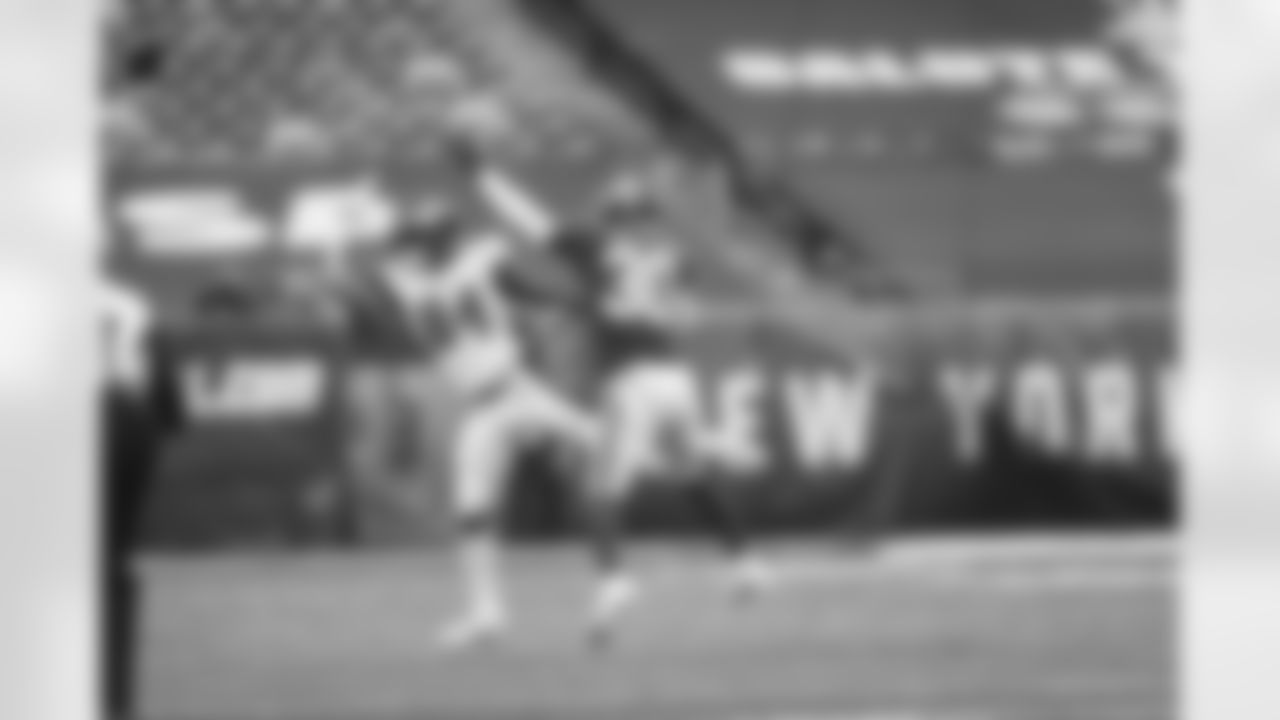
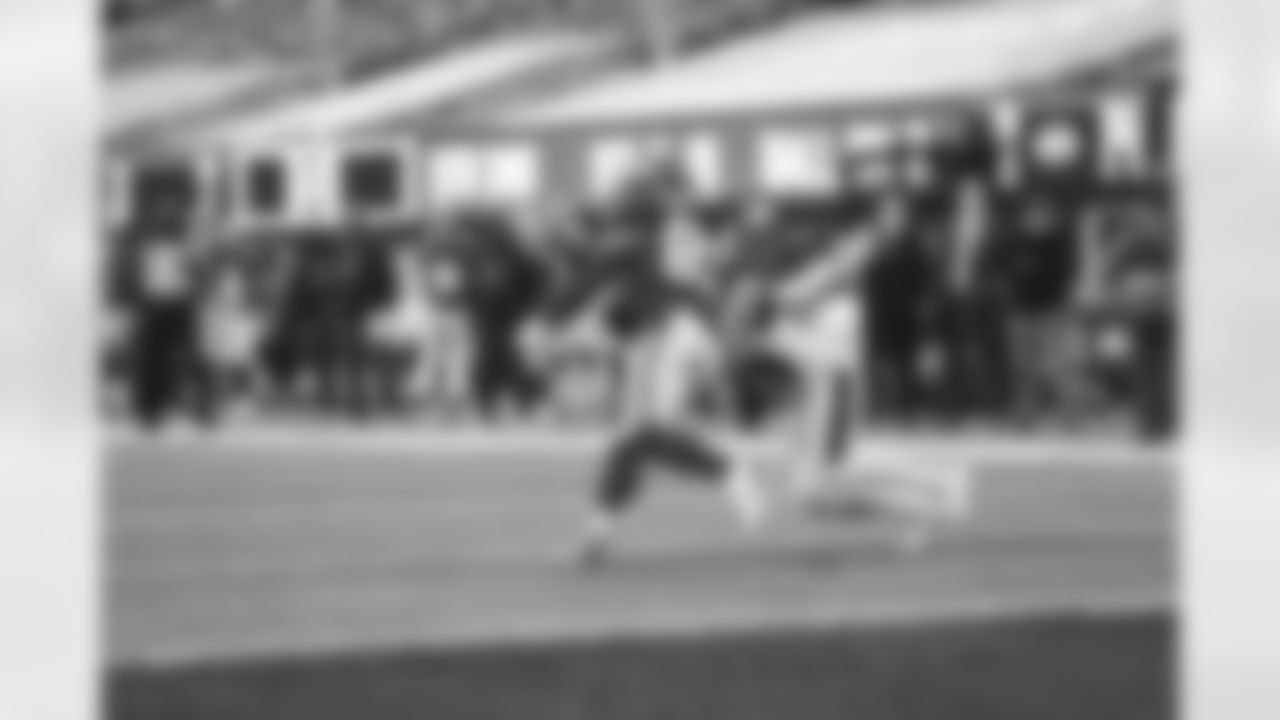
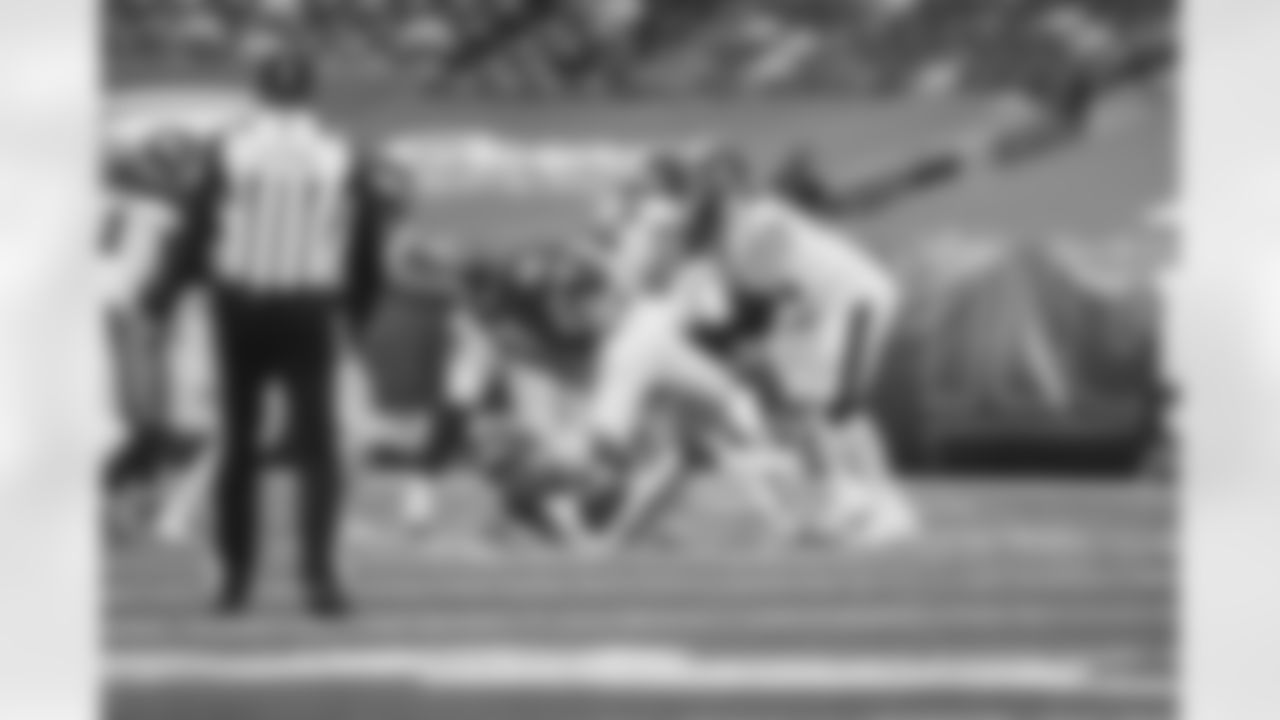
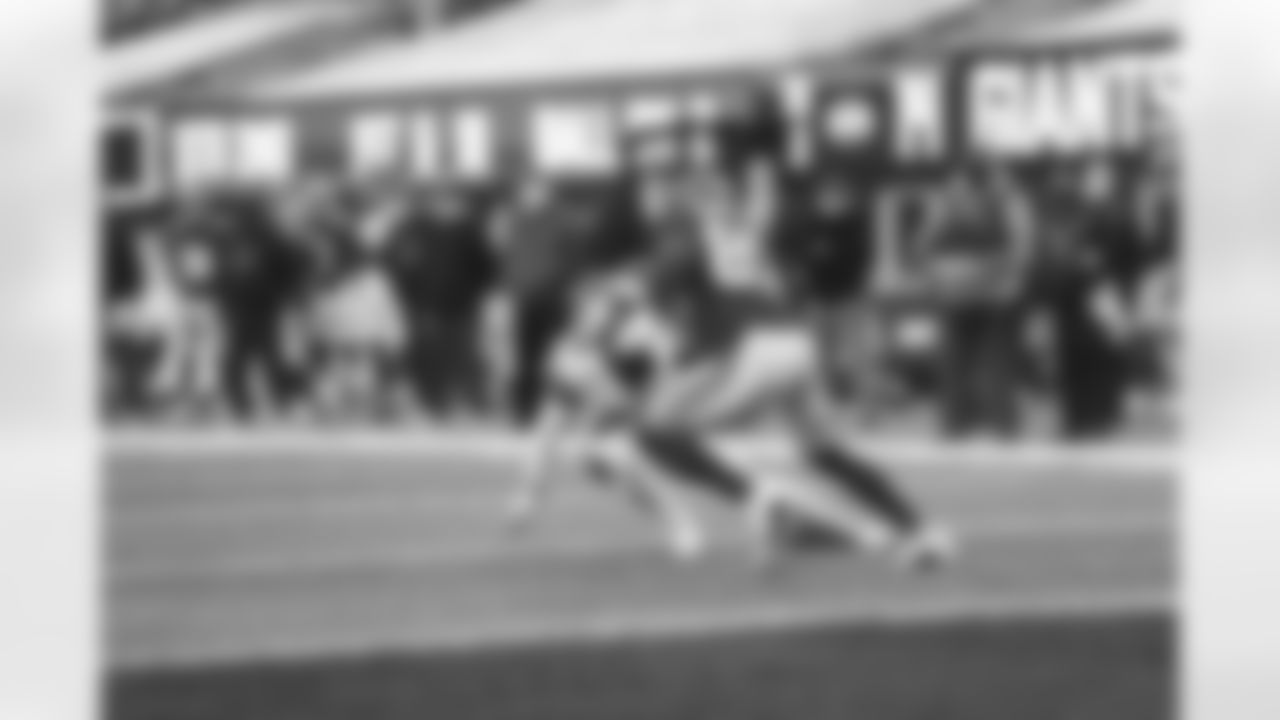
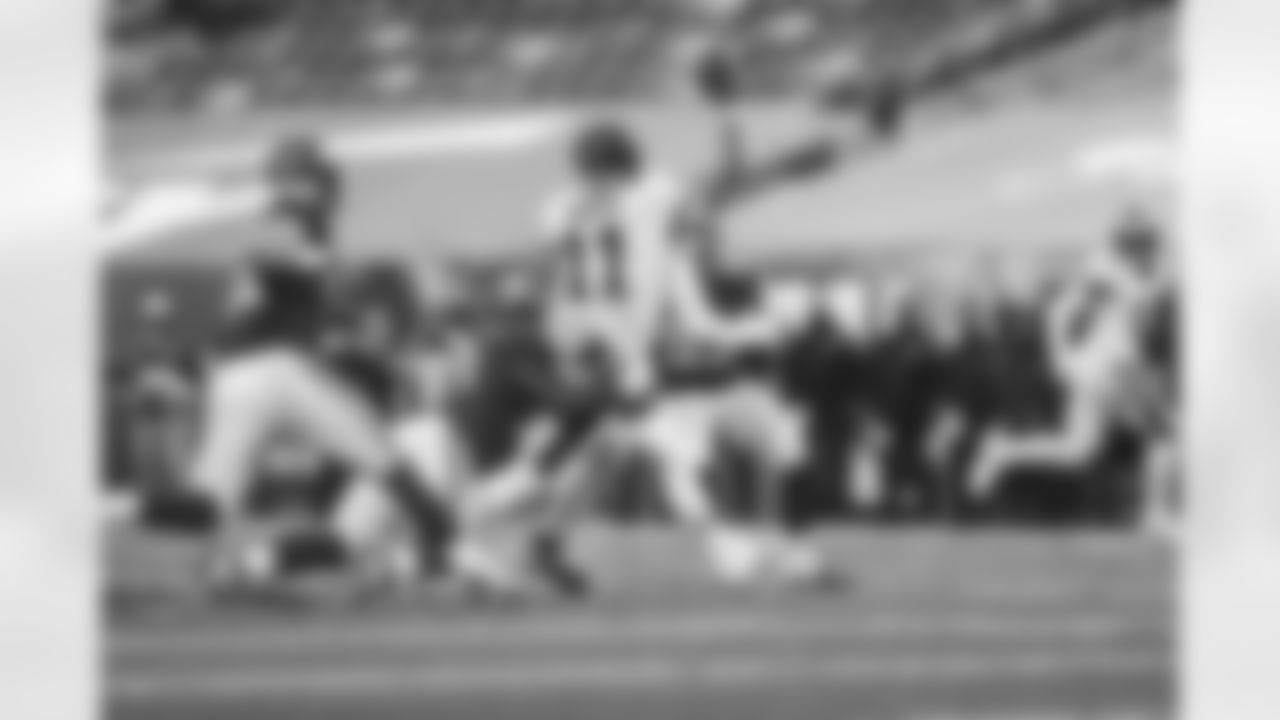
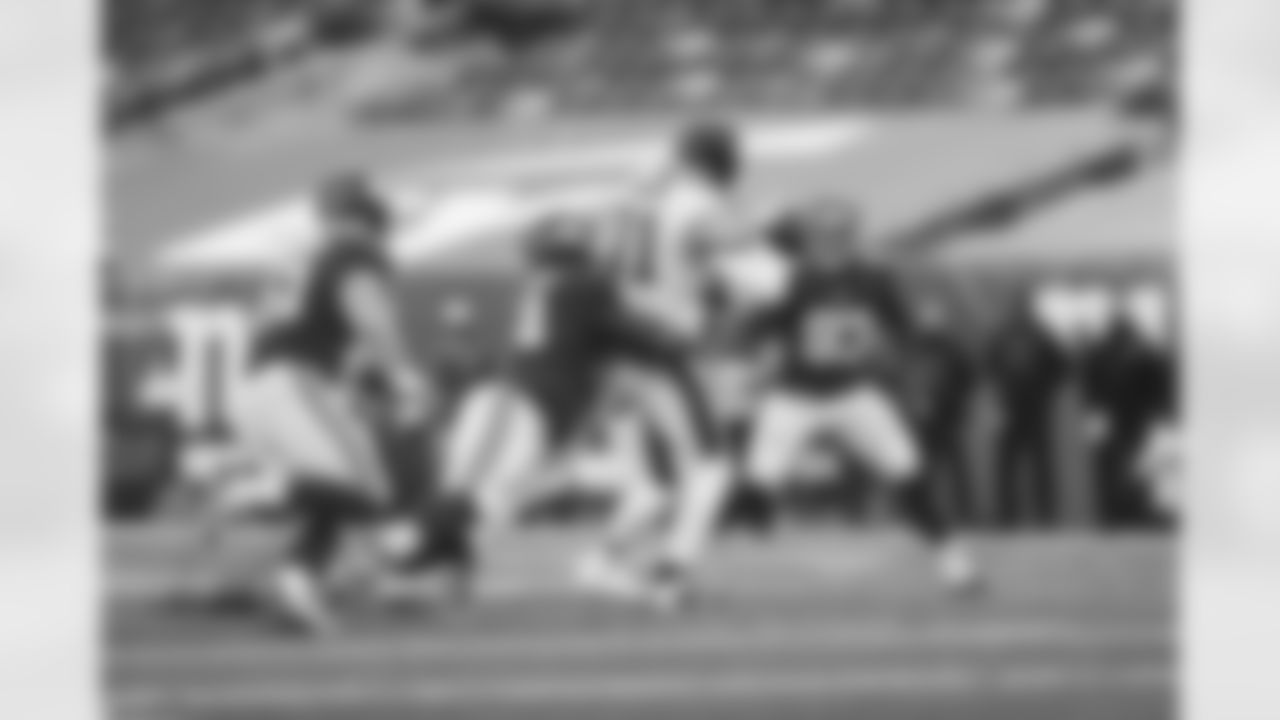
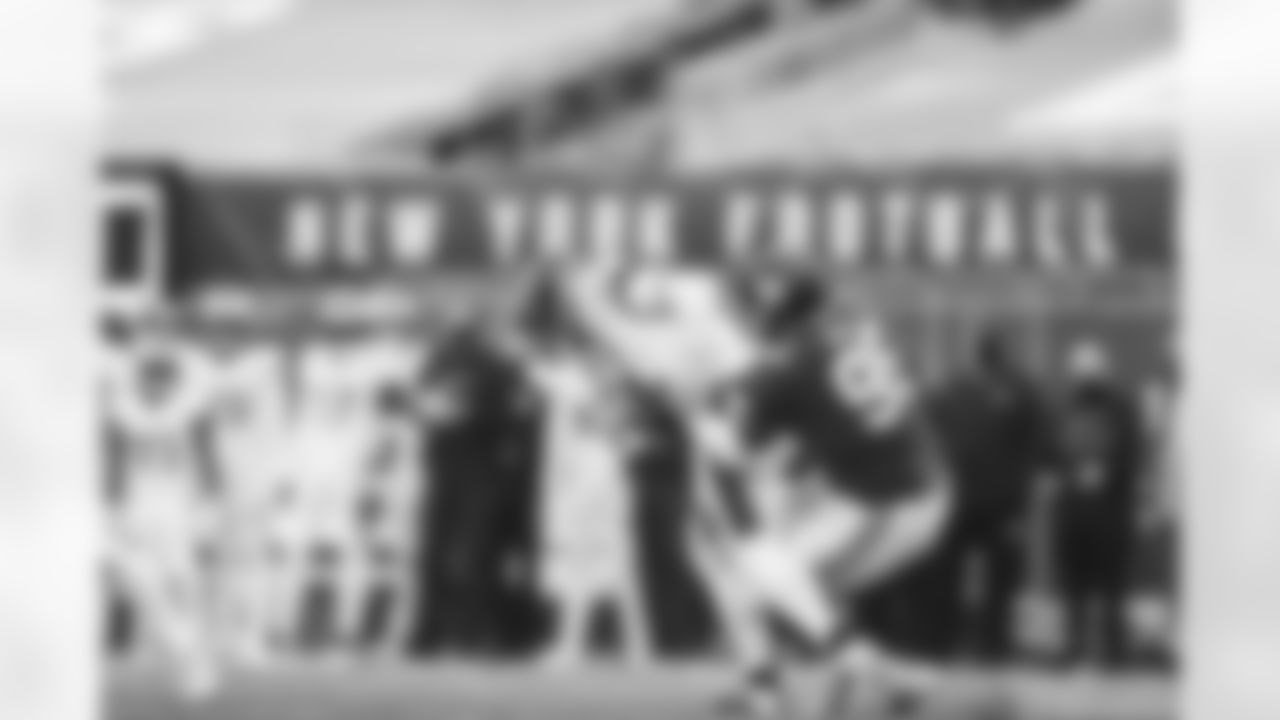
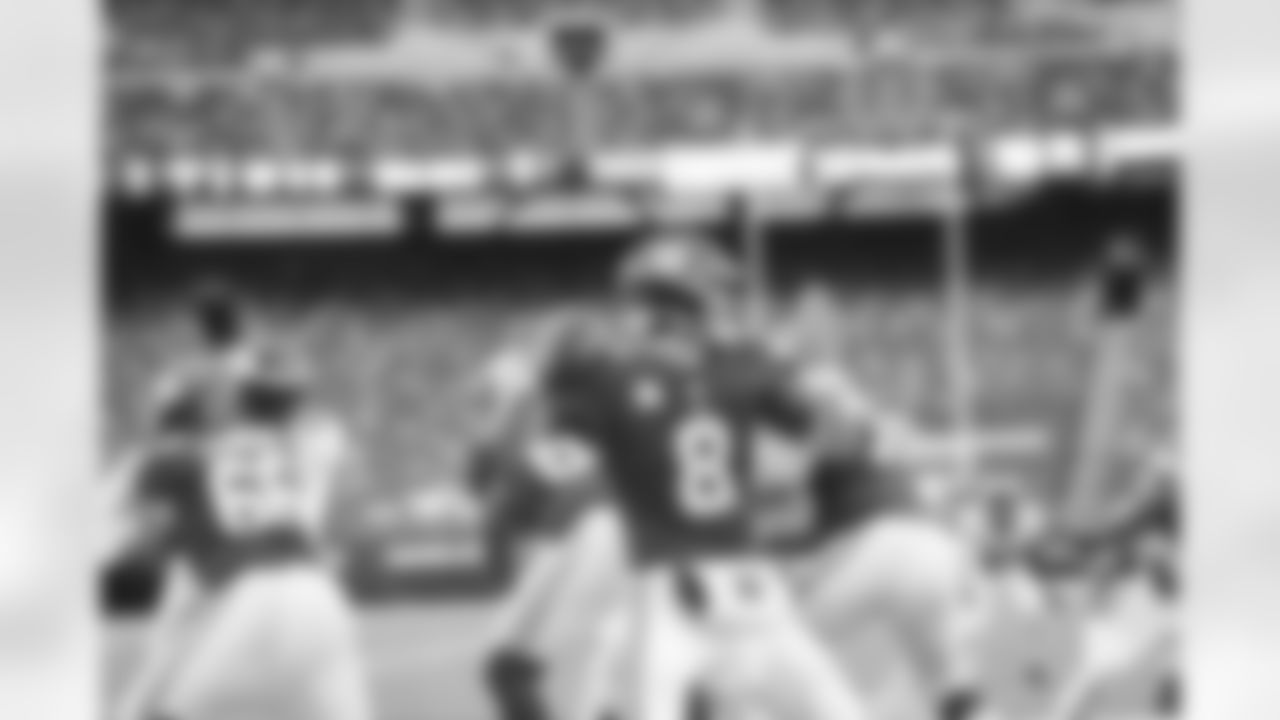

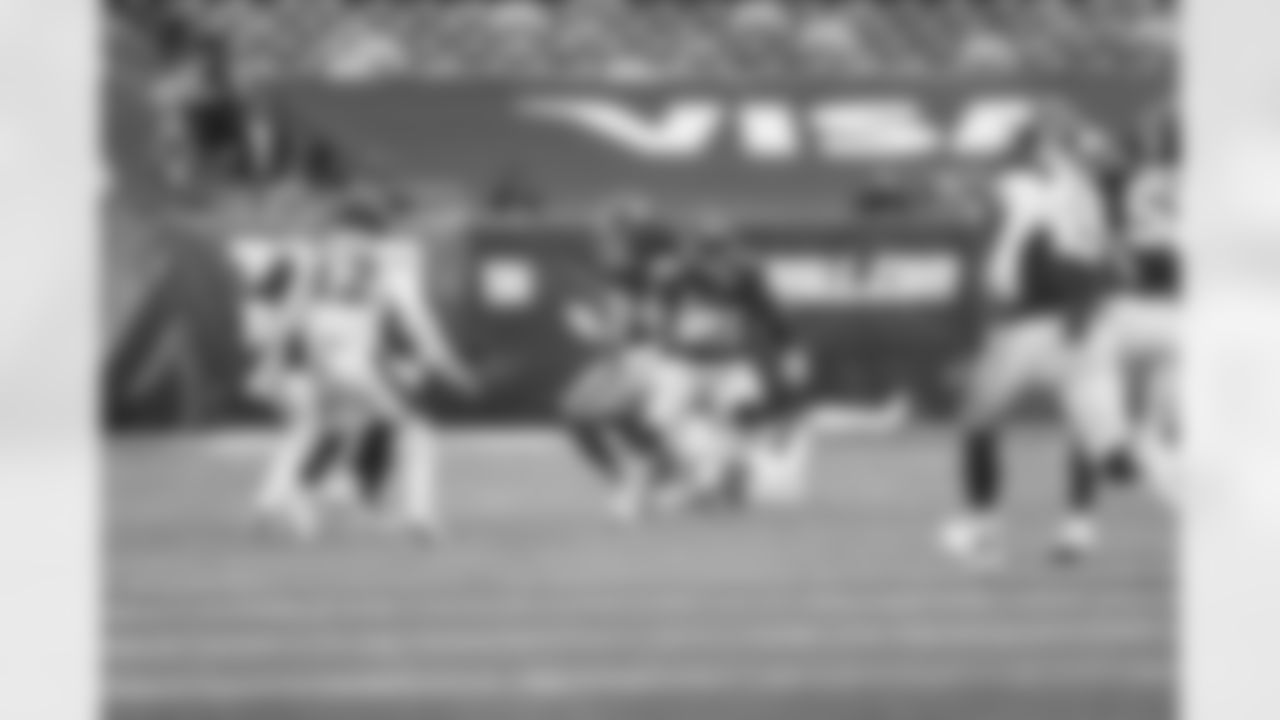
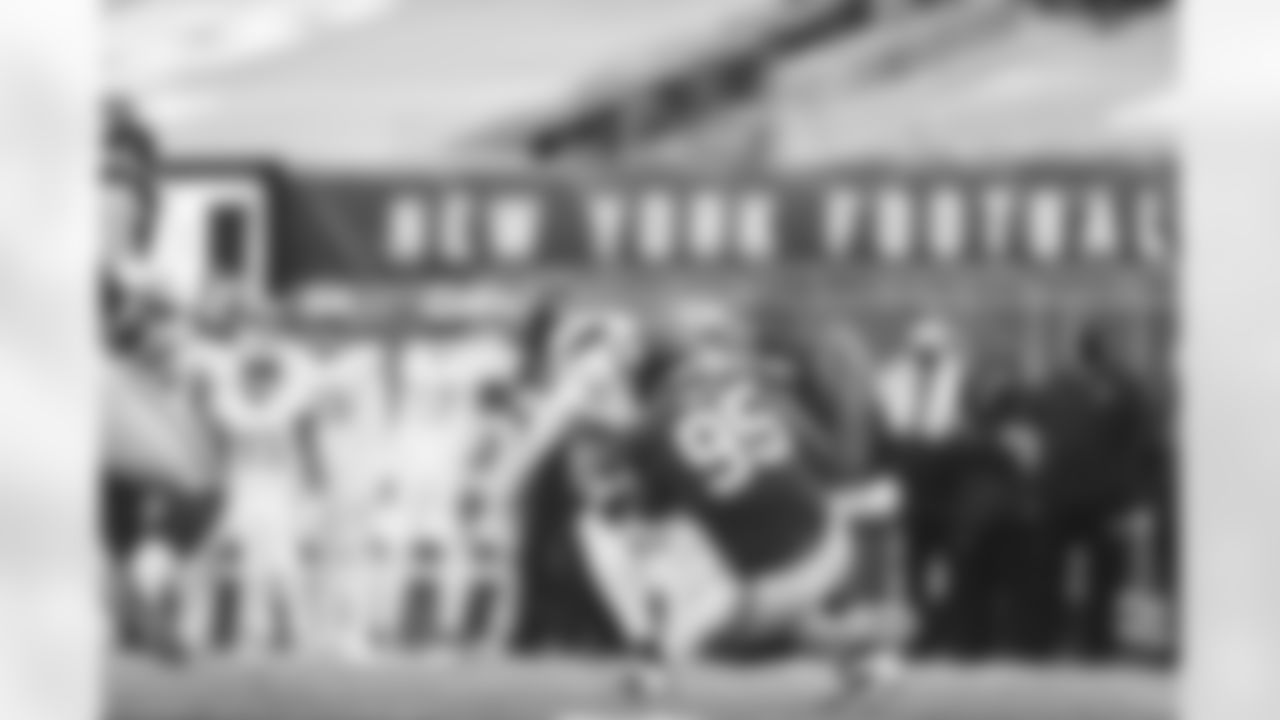
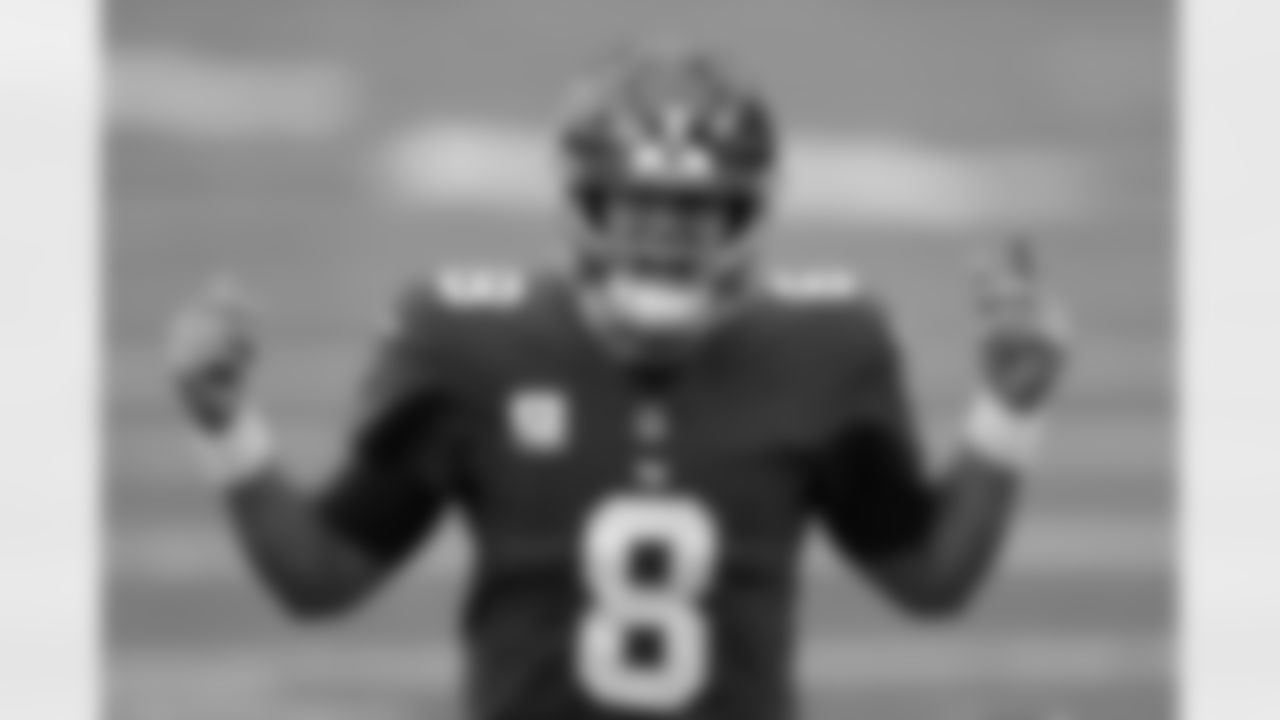
New York Giants quarterback Daniel Jones (8) in action during an NFL football game against the Philadelphia Eagles, Sunday, Nov. 15, 2020, in East Rutherford, N.J. (AP Photo/Adam Hunger)
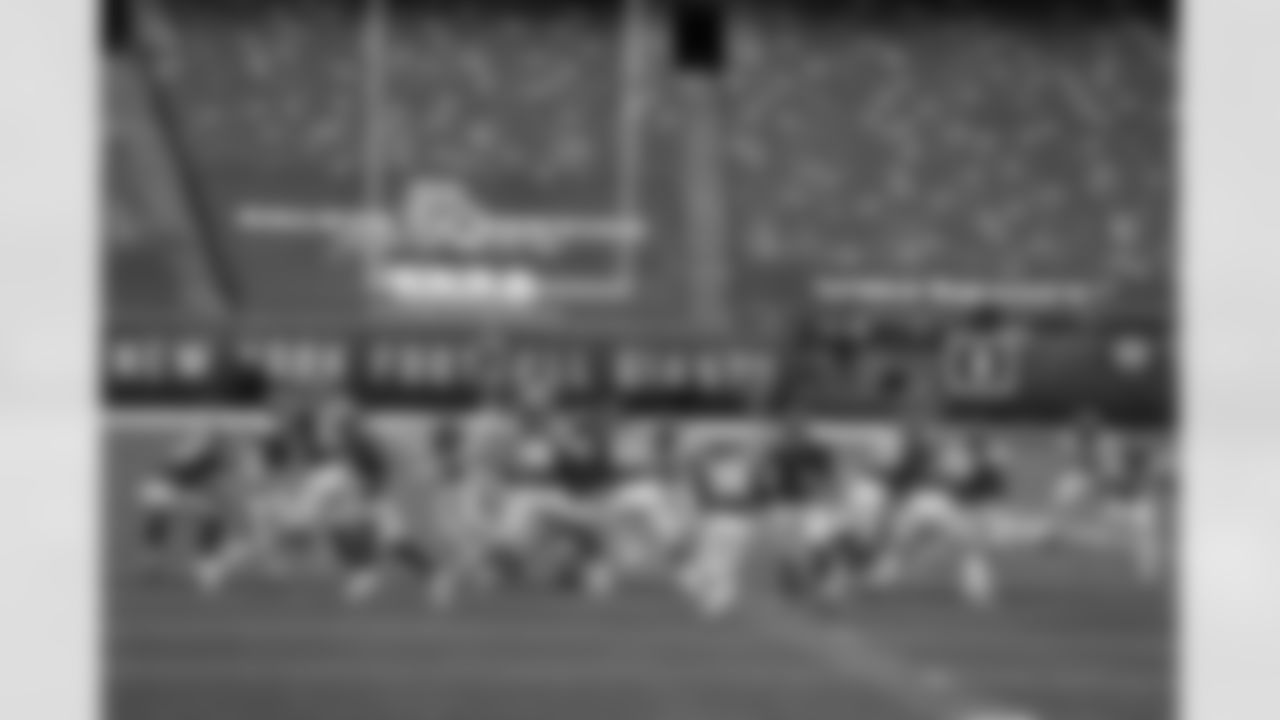
New York Giants quarterback Daniel Jones (8) in action during an NFL football game against the Philadelphia Eagles, Sunday, Nov. 15, 2020, in East Rutherford, N.J. (AP Photo/Adam Hunger)
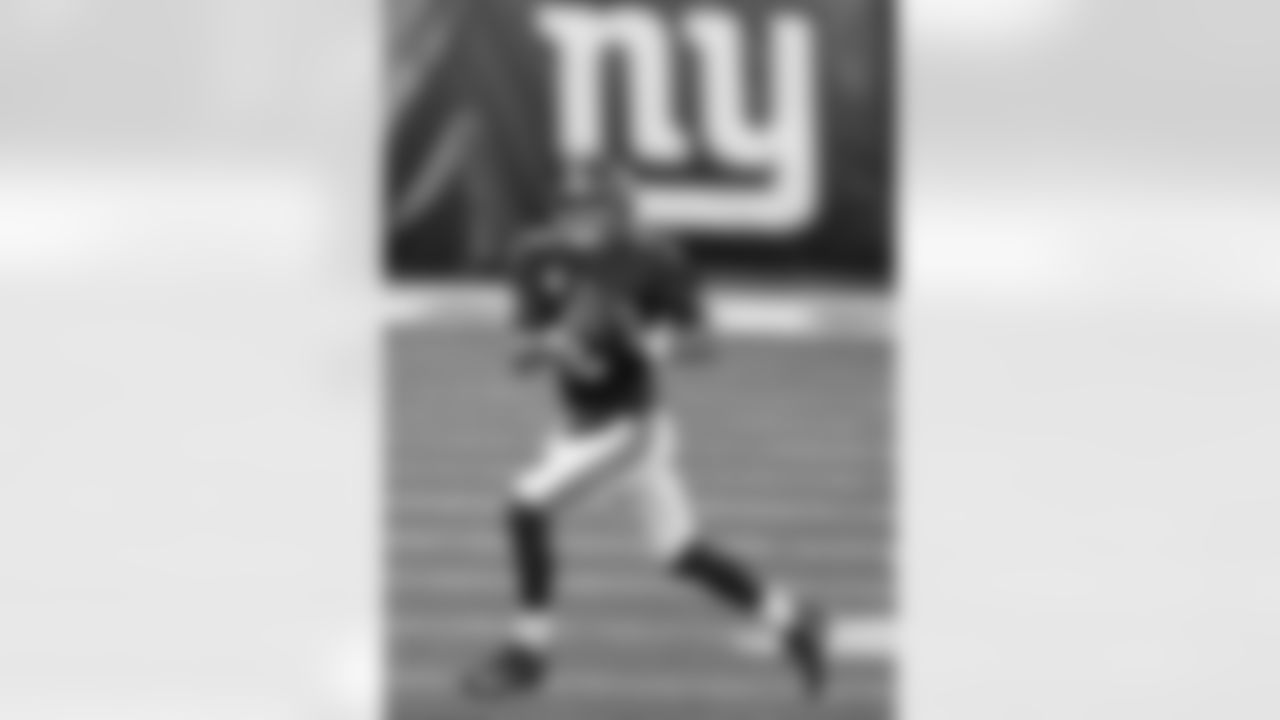
New York Giants quarterback Daniel Jones (8) in action during an NFL football game against the Philadelphia Eagles, Sunday, Nov. 15, 2020, in East Rutherford, N.J. (AP Photo/Adam Hunger)
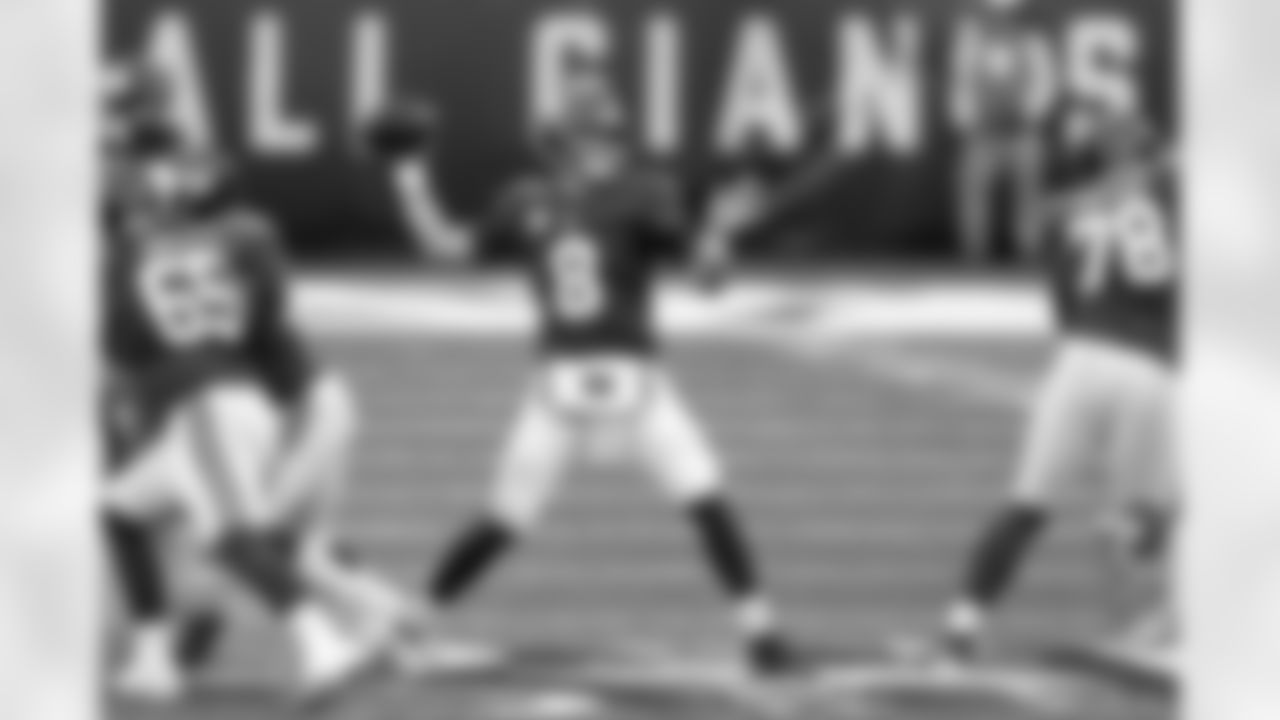
New York Giants quarterback Daniel Jones (8) in action during an NFL football game against the Philadelphia Eagles, Sunday, Nov. 15, 2020, in East Rutherford, N.J. (AP Photo/Adam Hunger)
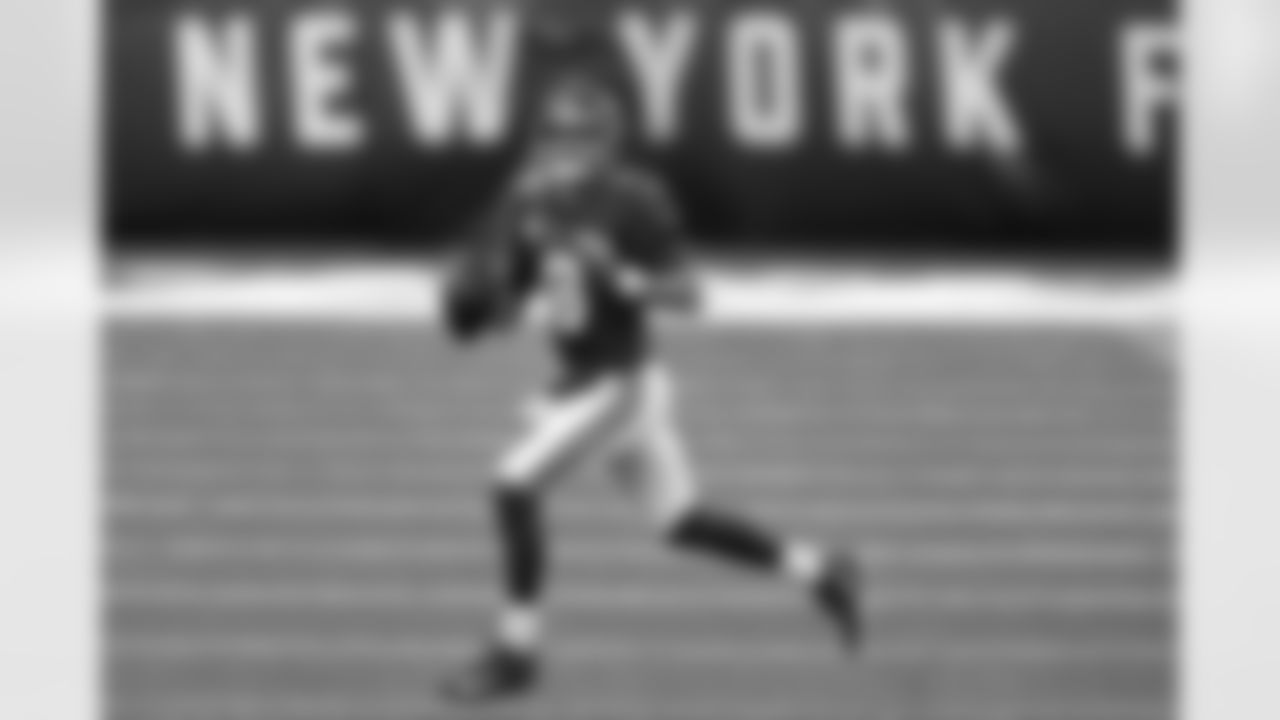
New York Giants quarterback Daniel Jones (8) in action during an NFL football game against the Philadelphia Eagles, Sunday, Nov. 15, 2020, in East Rutherford, N.J. (AP Photo/Adam Hunger)

New York Giants quarterback Daniel Jones (8) in action during an NFL football game against the Philadelphia Eagles, Sunday, Nov. 15, 2020, in East Rutherford, N.J. (AP Photo/Adam Hunger)
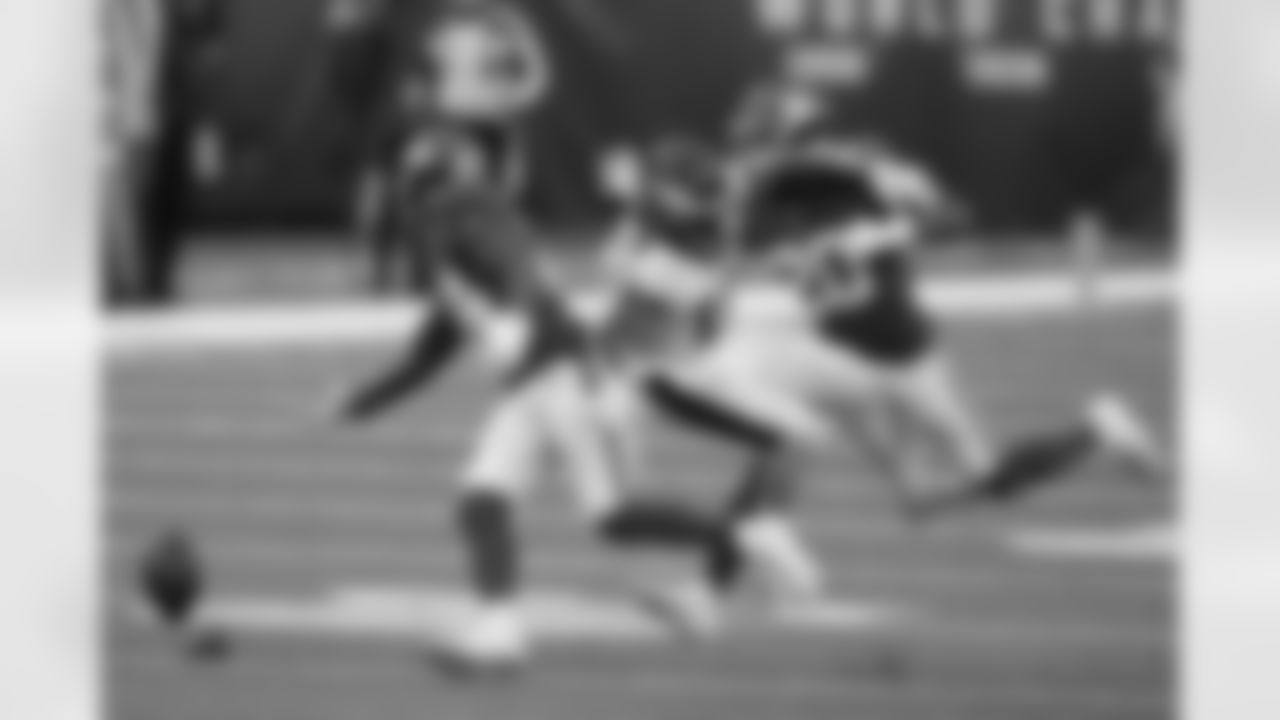
Philadelphia Eagles' Jalen Reagor (18) is defended by New York Giants' Julian Love (20) and James Bradberry (24) during the first half of an NFL football game Sunday, Nov. 15, 2020, in East Rutherford, N.J. (AP Photo/Seth Wenig)
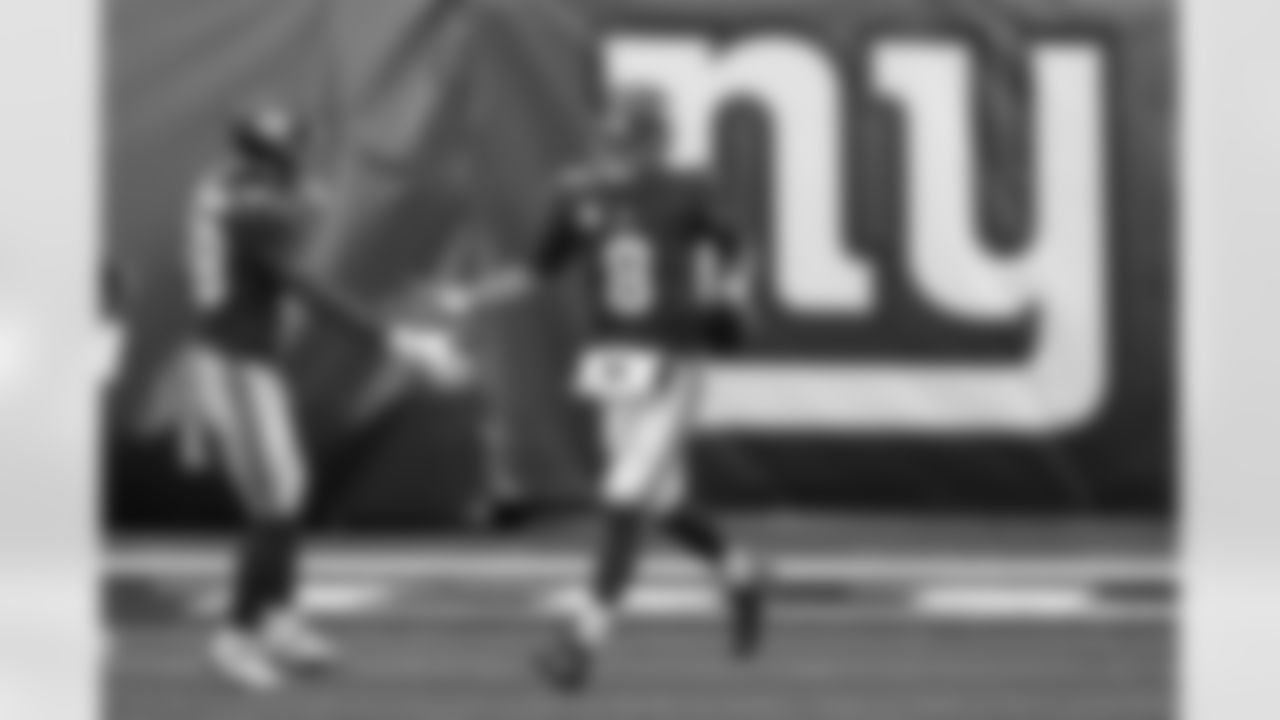
New York Giants quarterback Daniel Jones (8) celebrates after scoring a touchdown during an NFL football game against the Philadelphia Eagles, Sunday, Nov. 15, 2020, in East Rutherford, N.J. (AP Photo/Adam Hunger)
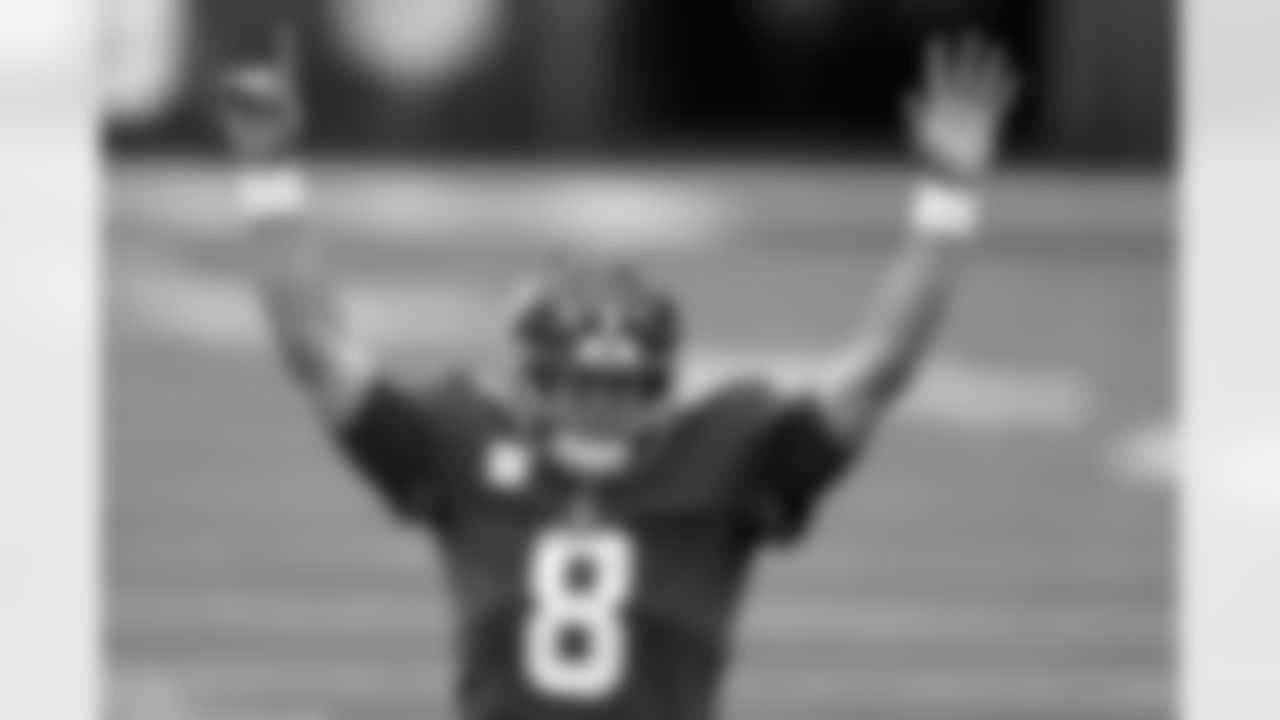
New York Giants quarterback Daniel Jones (8) reacts to a touchdown during an NFL football game against the Philadelphia Eagles, Sunday, Nov. 15, 2020, in East Rutherford, N.J. (AP Photo/Adam Hunger)
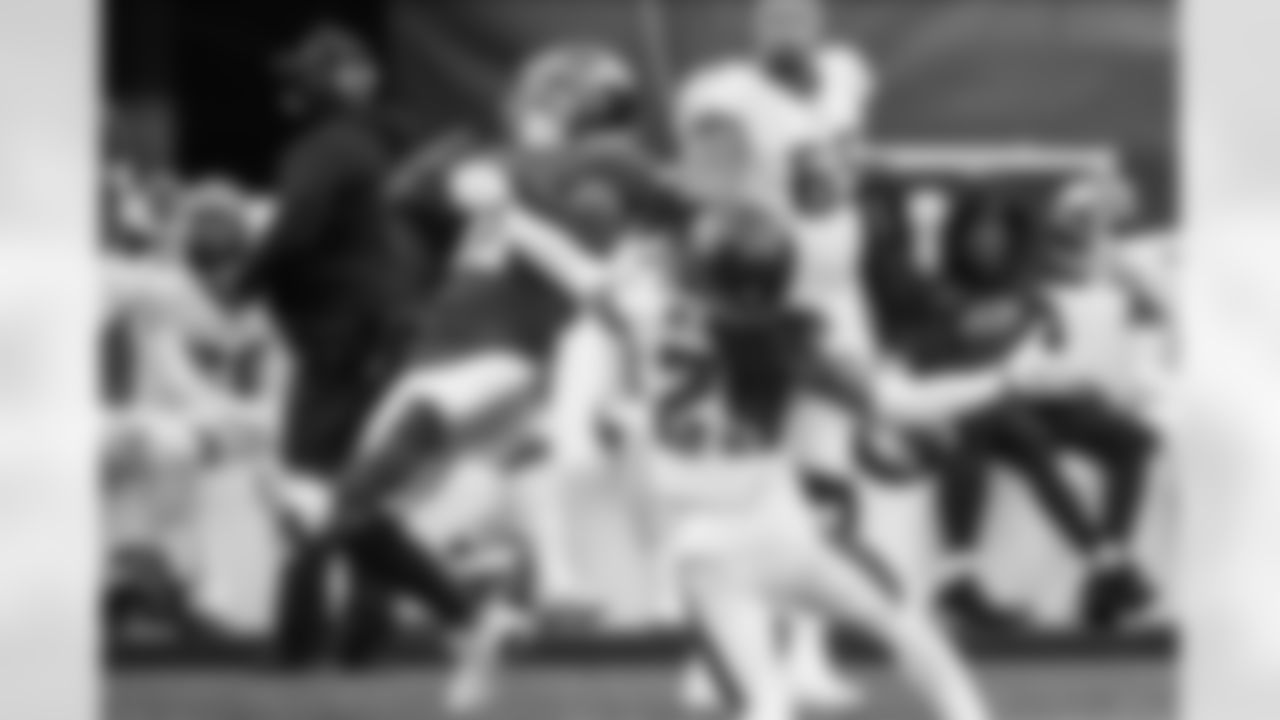
New York Giants' Sterling Shepard (87) catches a pass in front of Philadelphia Eagles' Avonte Maddox (29) during the second half of an NFL football game Sunday, Nov. 15, 2020, in East Rutherford, N.J. (AP Photo/Seth Wenig)
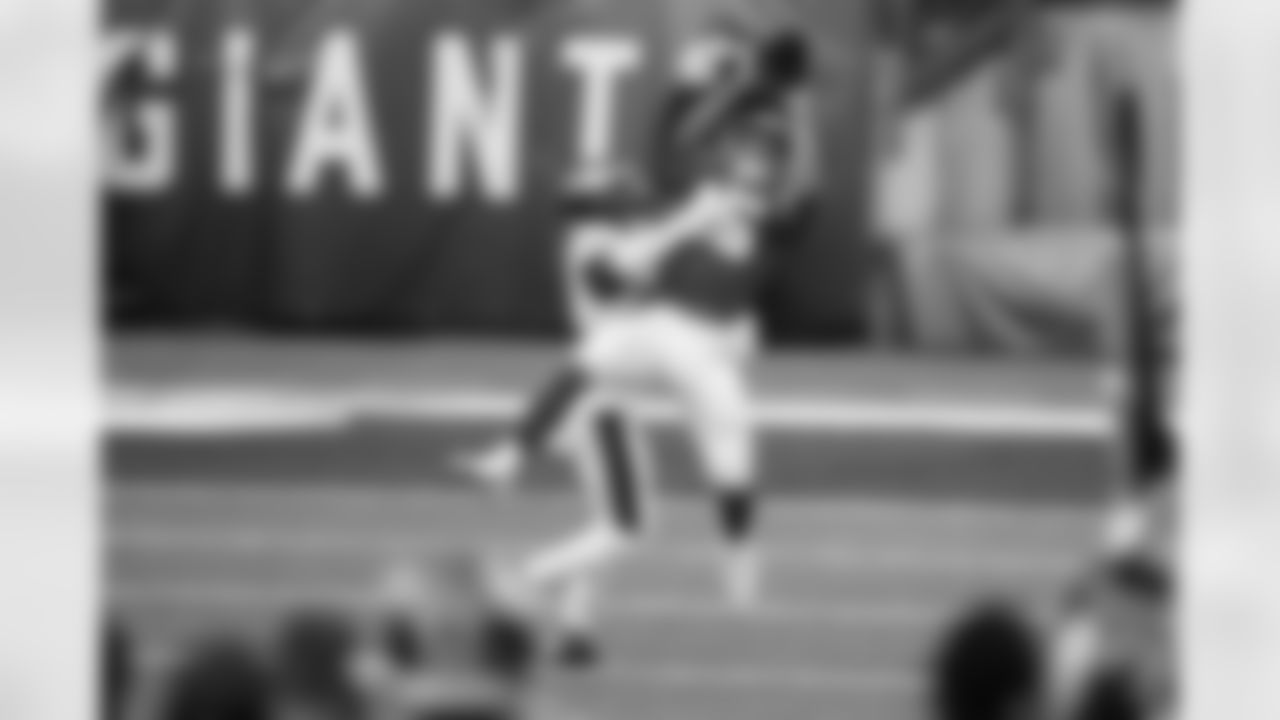
New York Giants' Golden Tate (15) catches a pass in front of Philadelphia Eagles' Nickell Robey-Coleman during the second half of an NFL football game against the Philadelphia Eagles Sunday, Nov. 15, 2020, in East Rutherford, N.J. (AP Photo/Seth Wenig)

New York Giants' Wayne Gallman (22) celebrates with teammates after rushing for a touchdown during the second half of an NFL football game against the Philadelphia Eagles Sunday, Nov. 15, 2020, in East Rutherford, N.J. (AP Photo/Corey Sipkin)
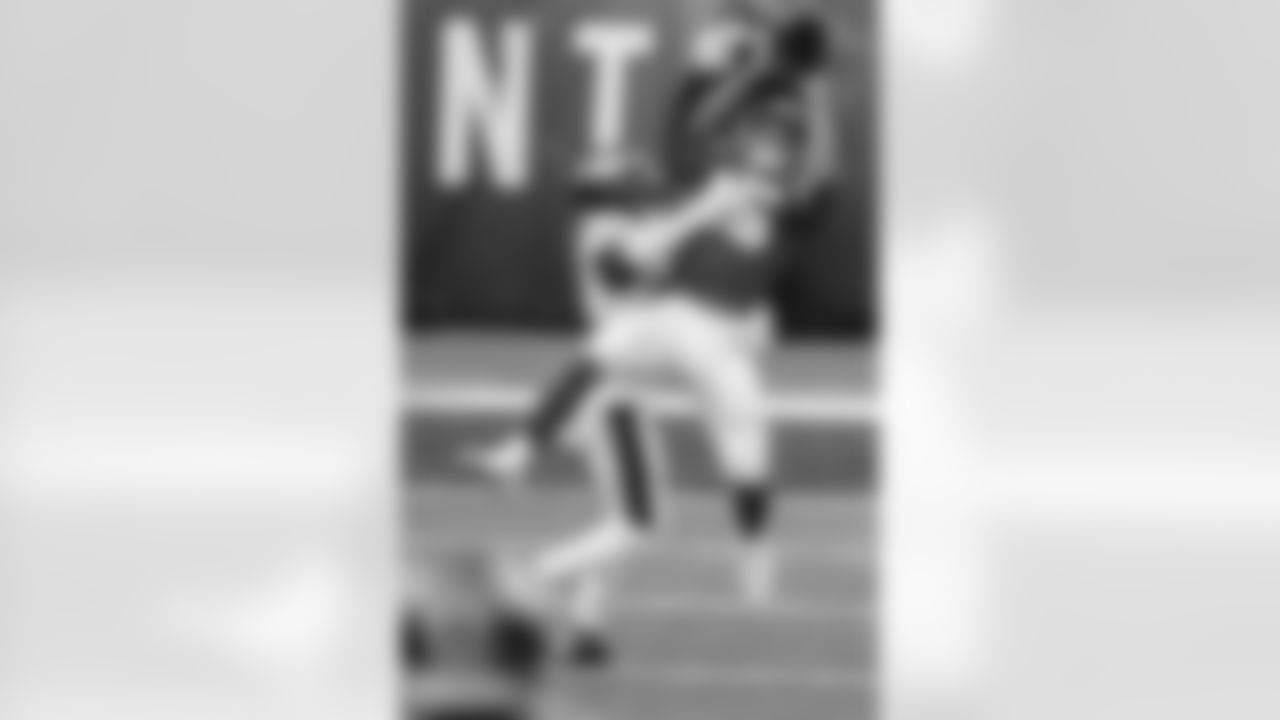
New York Giants' Golden Tate (15) catches a pass in front of Philadelphia Eagles' Nickell Robey-Coleman during the second half of an NFL football game Sunday, Nov. 15, 2020, in East Rutherford, N.J. (AP Photo/Seth Wenig)

New York Giants' Wayne Gallman (22) rushes for a touchdown during the second half of an NFL football game against the Philadelphia Eagles, Sunday, Nov. 15, 2020, in East Rutherford, N.J. (AP Photo/Corey Sipkin)
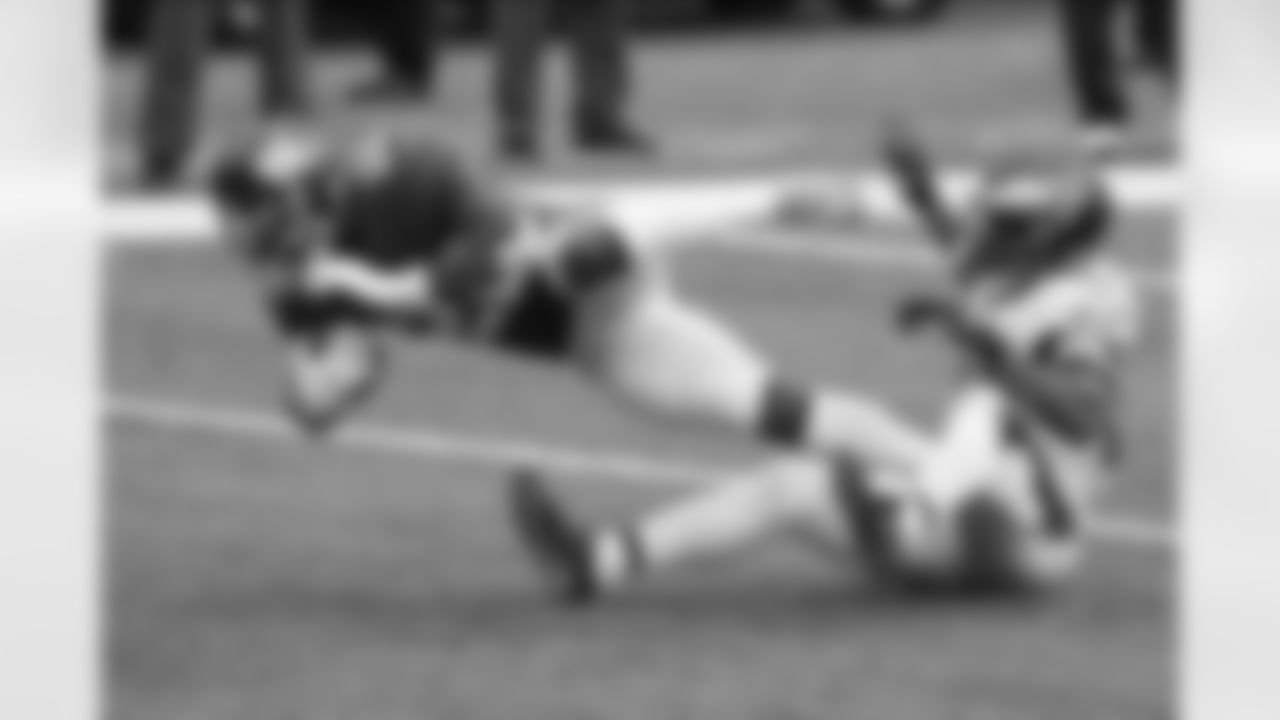
New York Giants' Wayne Gallman (22) jumps over Philadelphia Eagles' Rodney McLeod (23) during the second half of an NFL football game Sunday, Nov. 15, 2020, in East Rutherford, N.J. (AP Photo/Corey Sipkin)
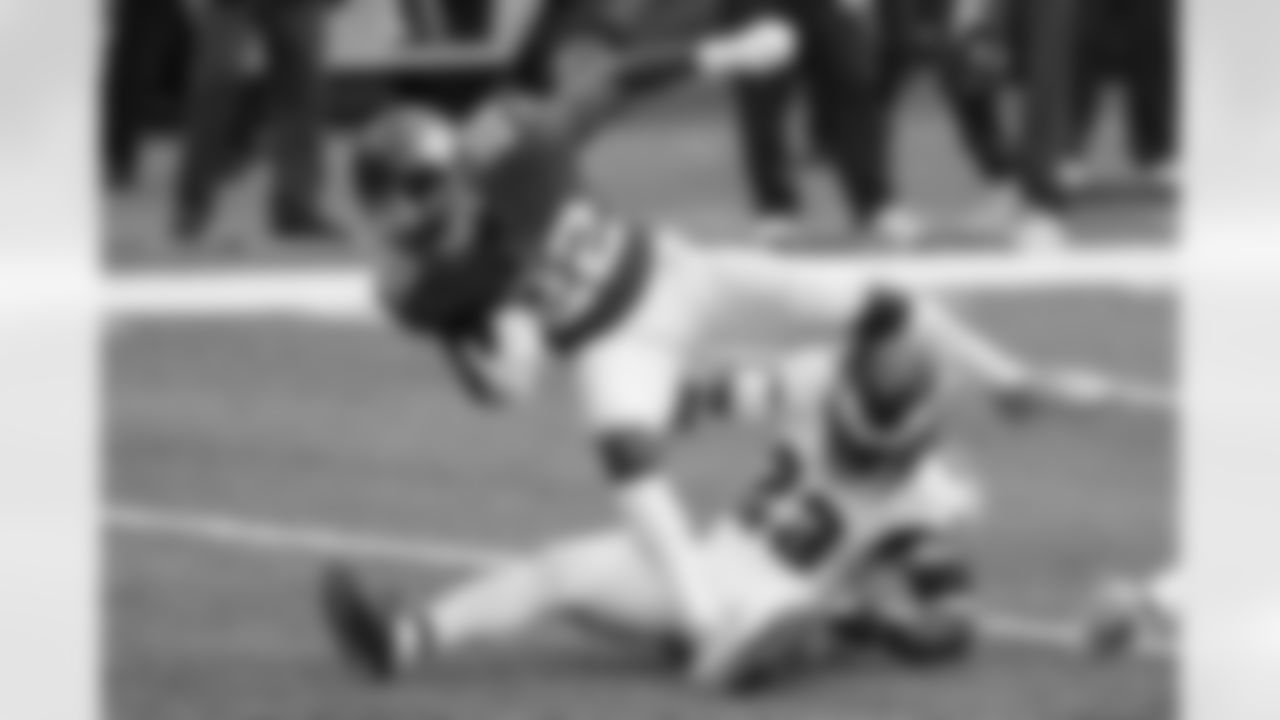
New York Giants' Wayne Gallman (22) jumps over Philadelphia Eagles' Rodney McLeod (23) during the second half of an NFL football game Sunday, Nov. 15, 2020, in East Rutherford, N.J. (AP Photo/Corey Sipkin)
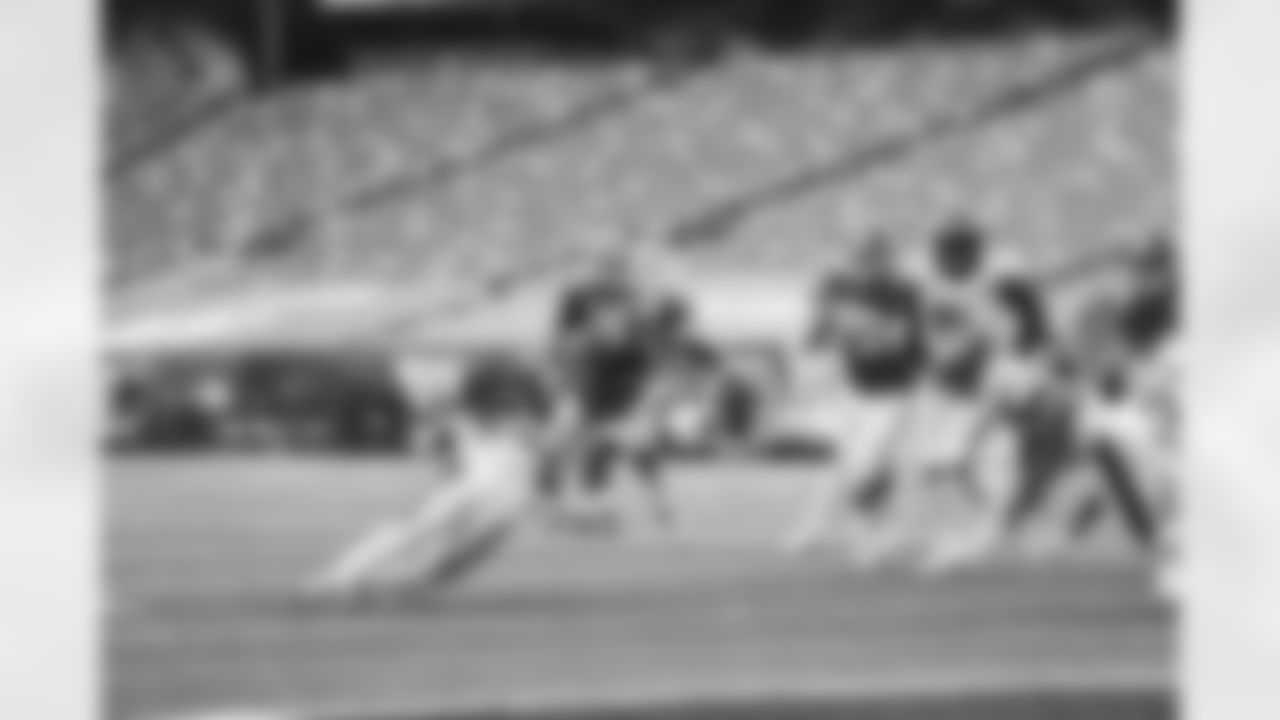
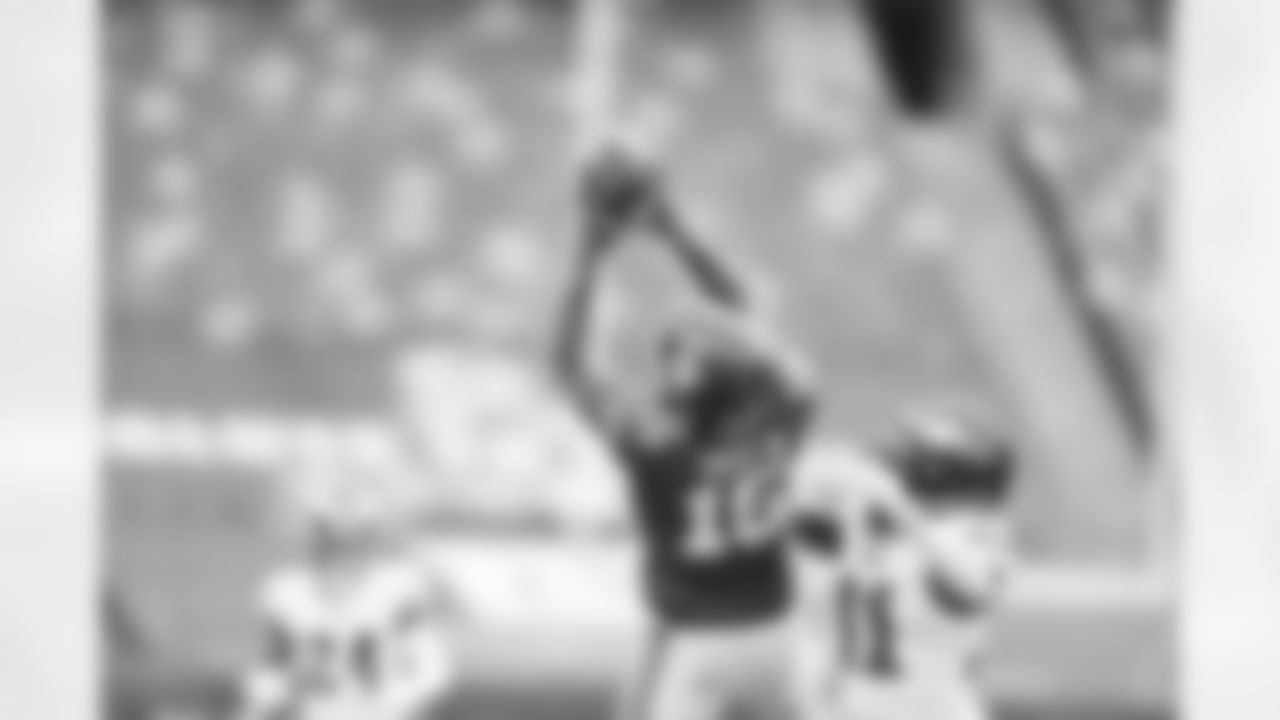
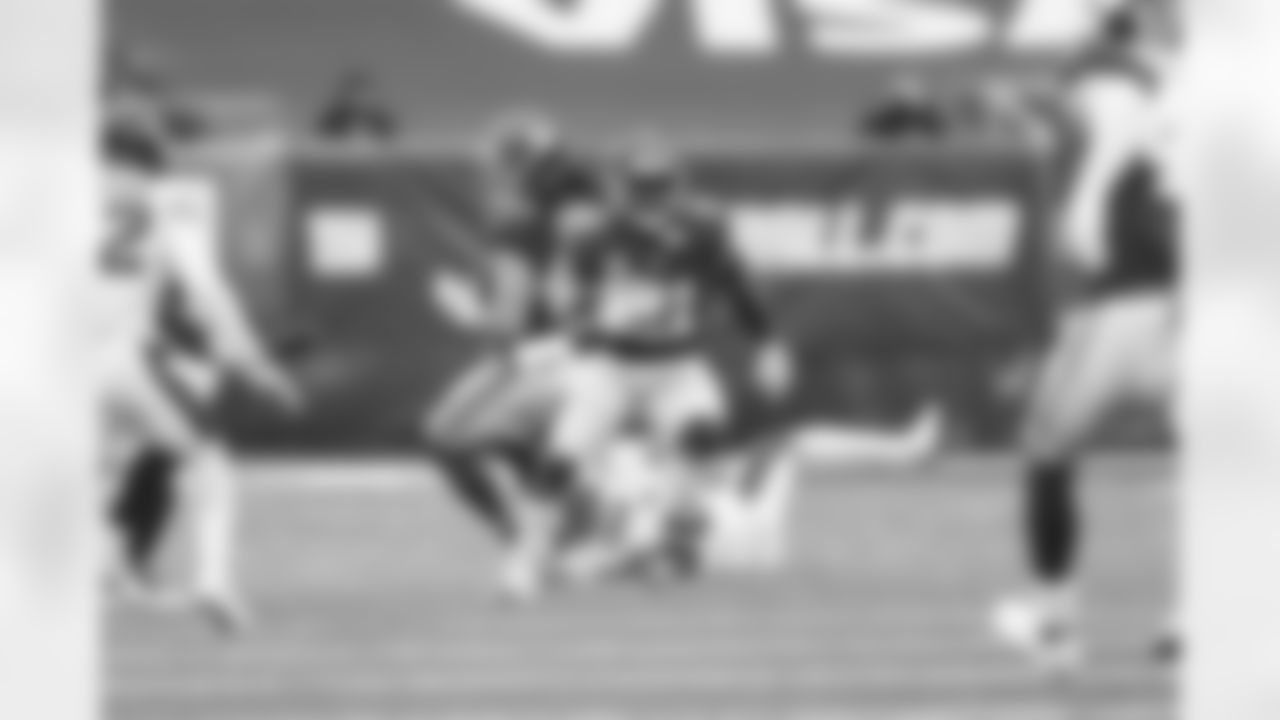
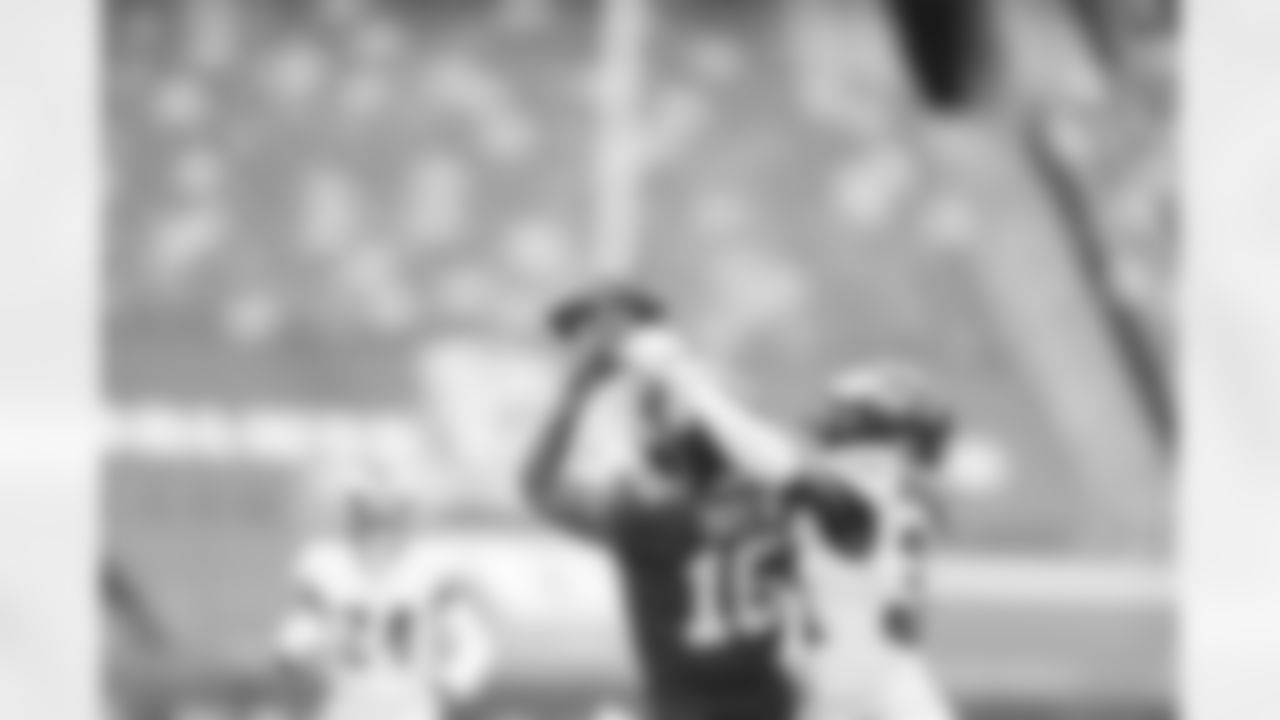
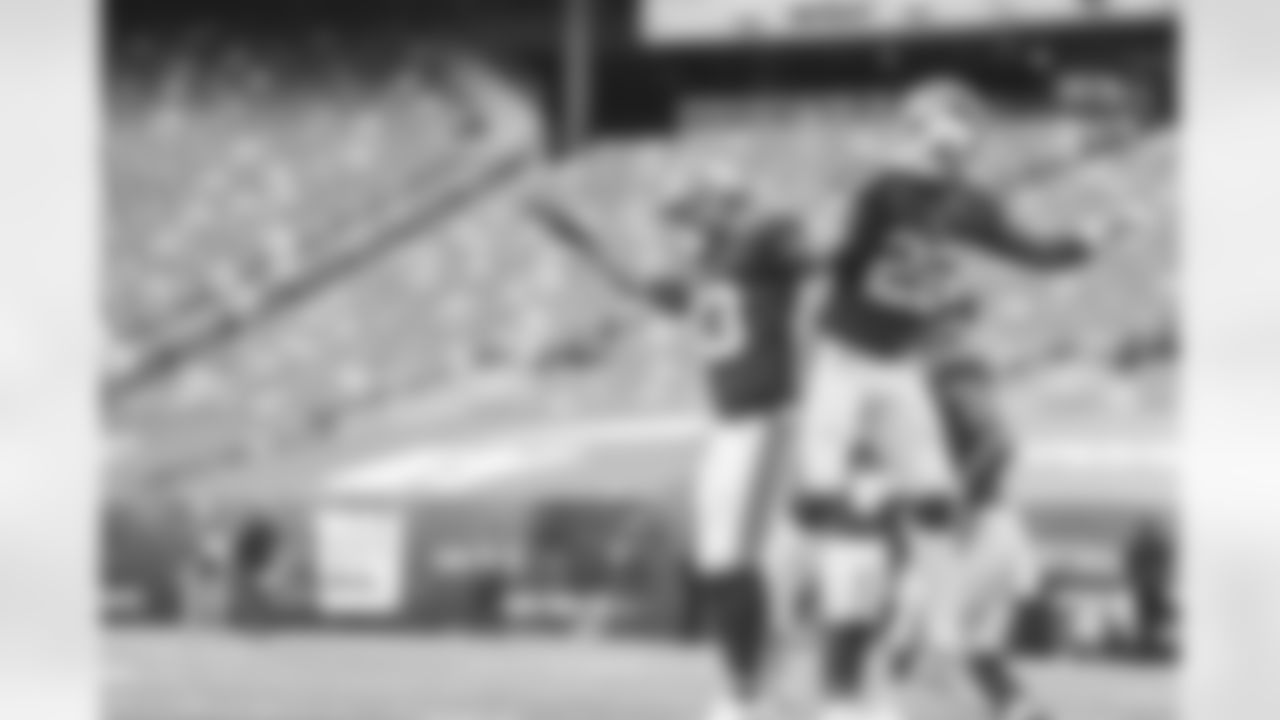
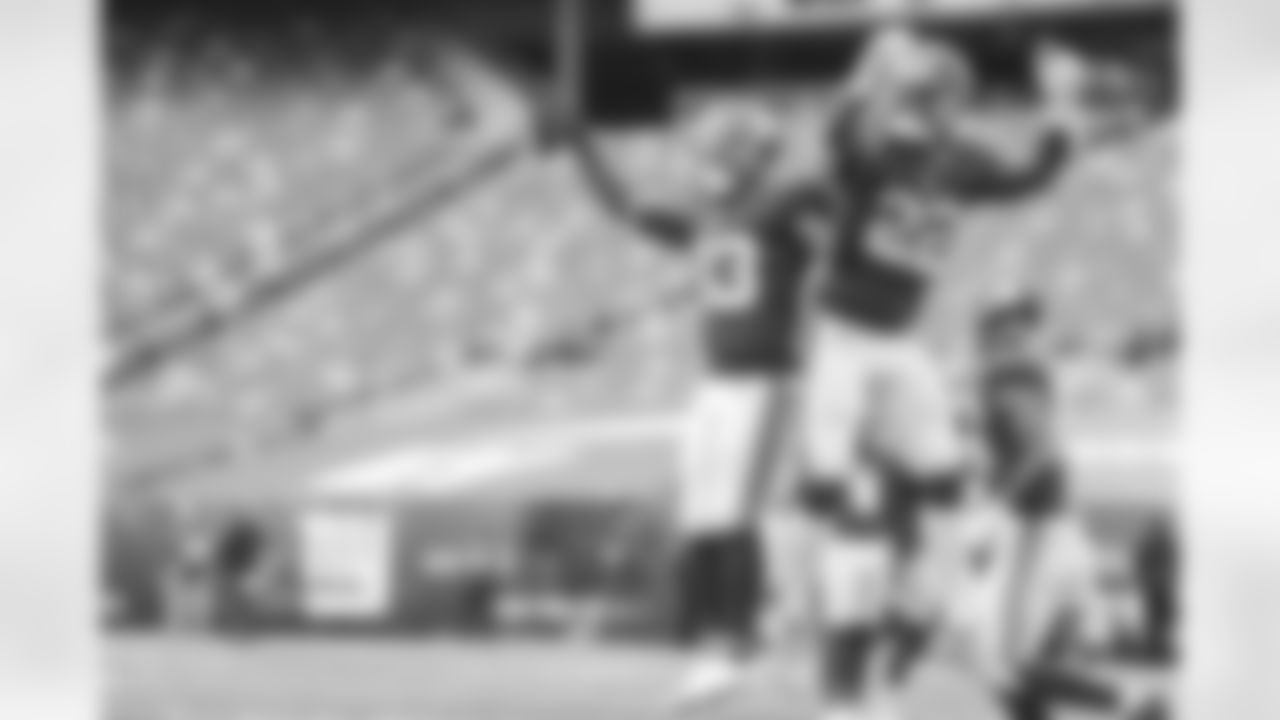
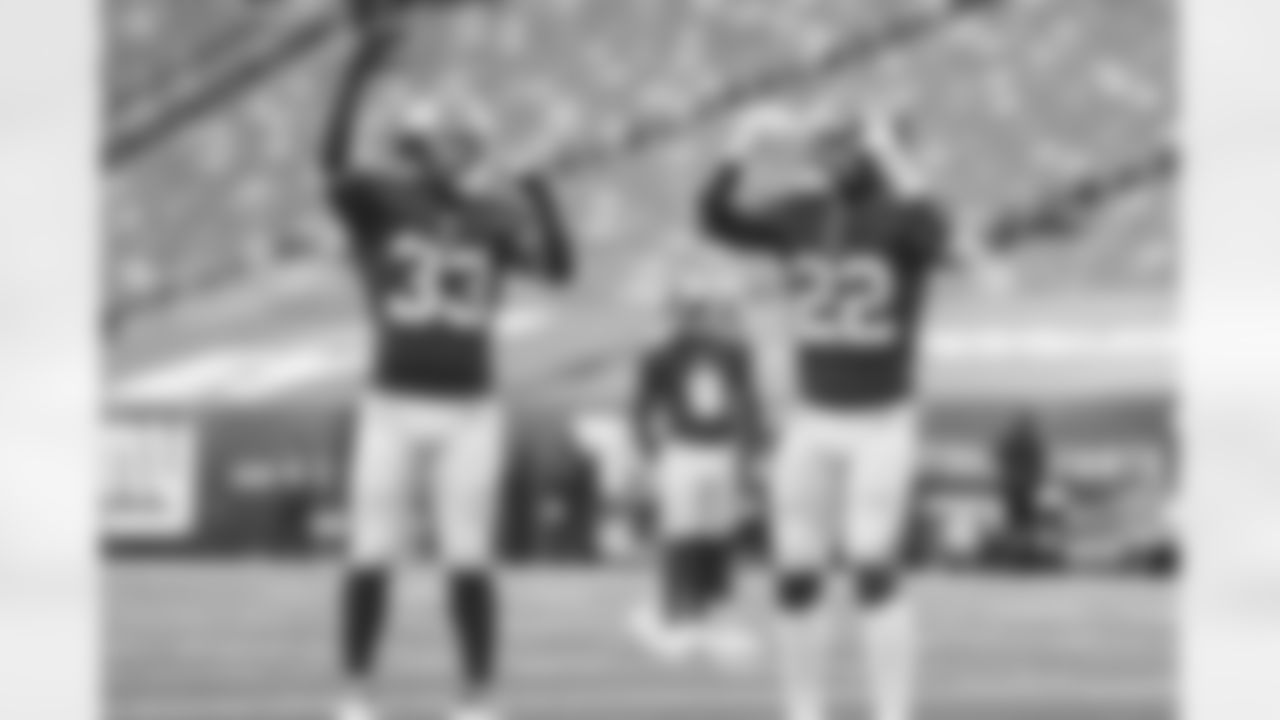
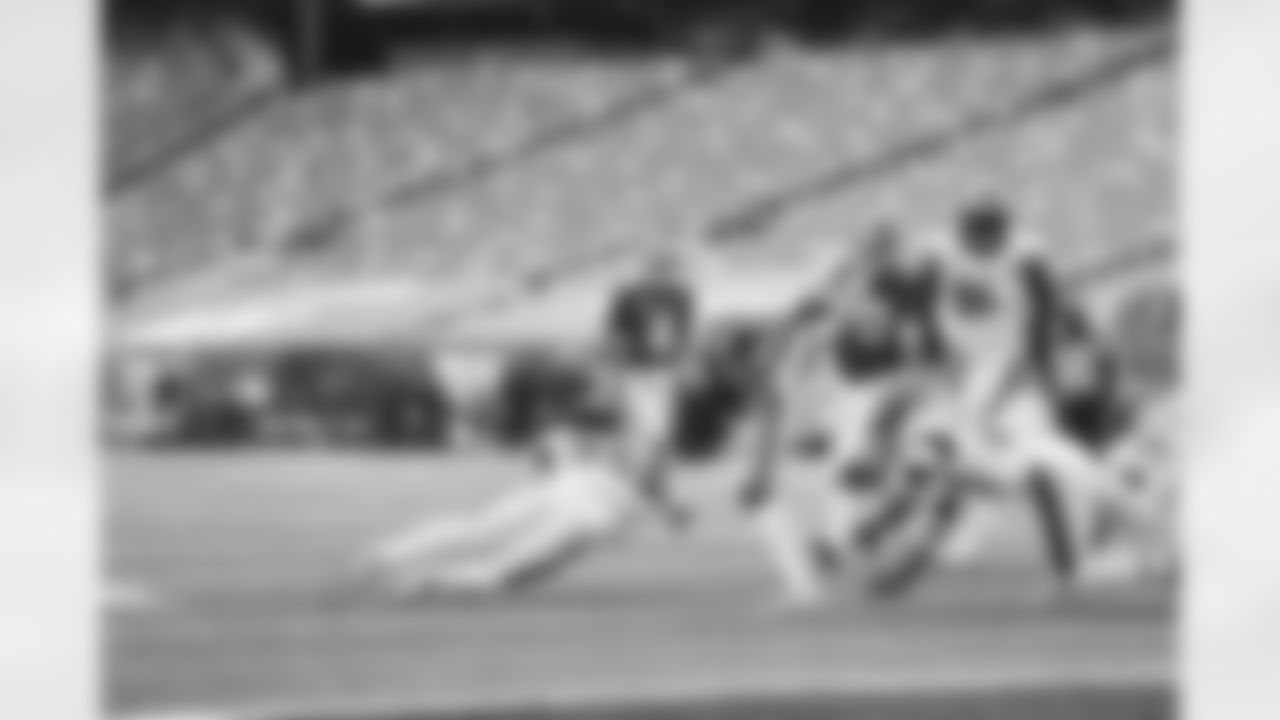
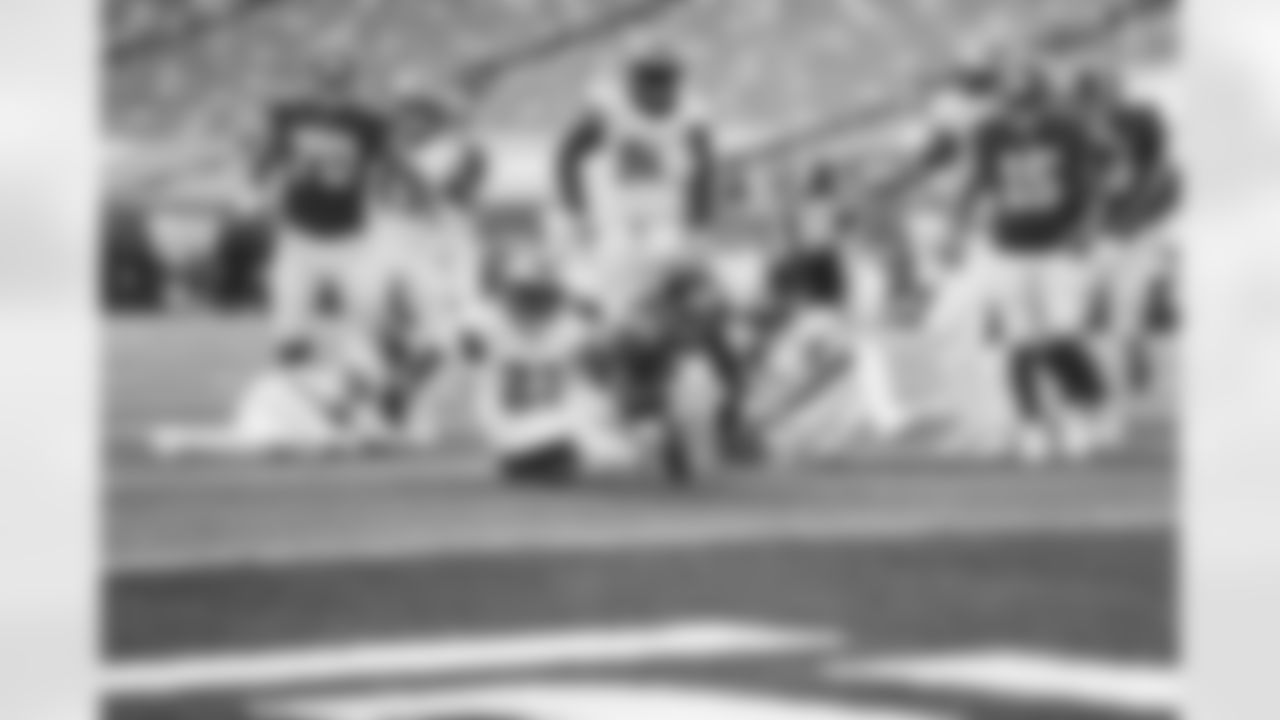
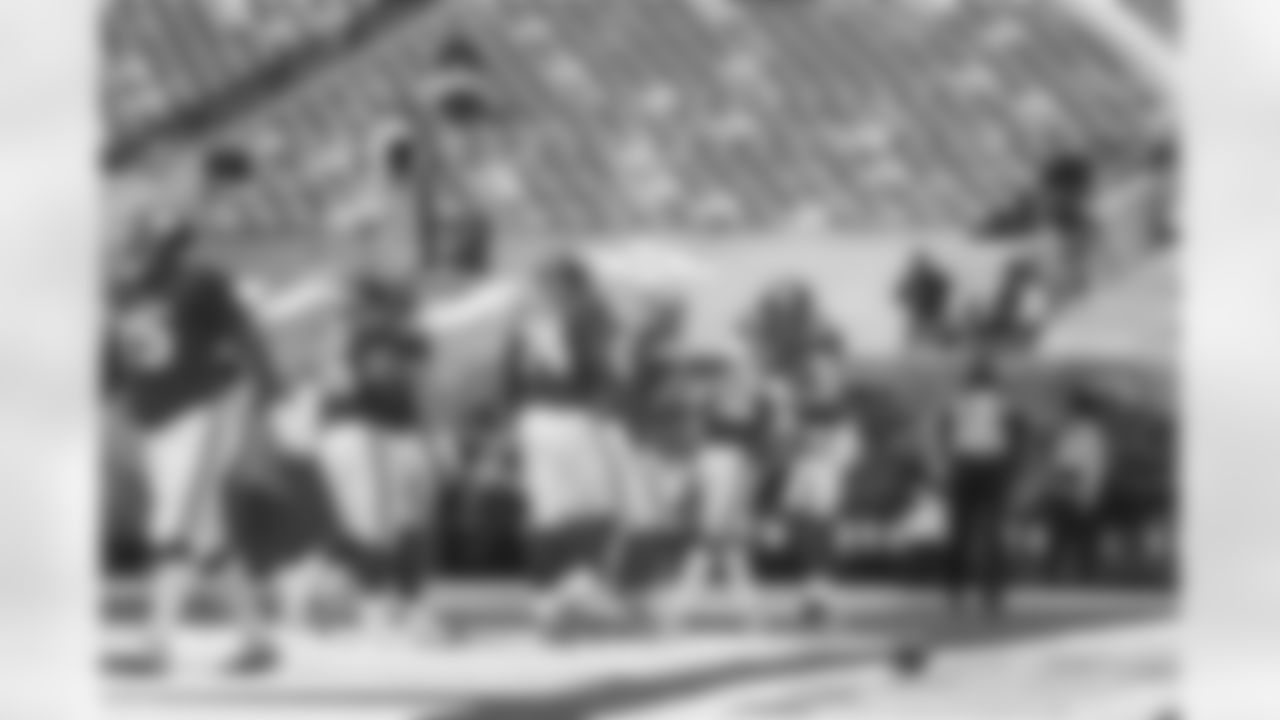
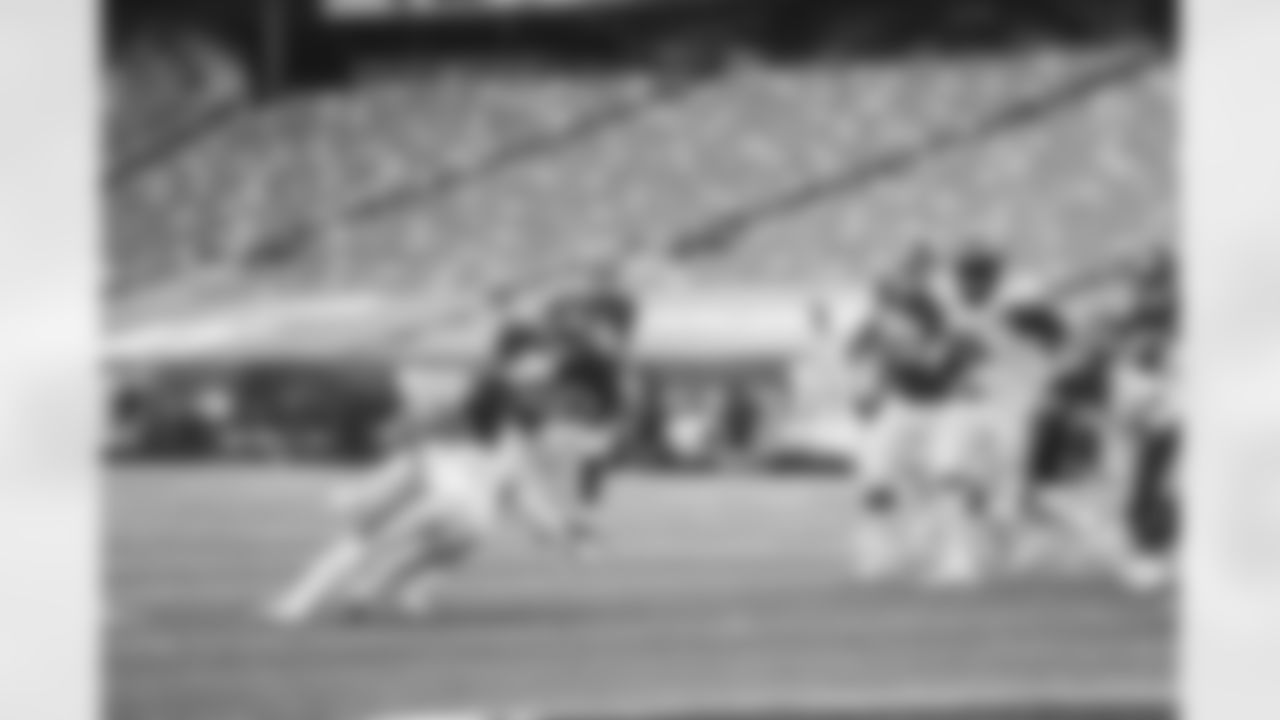
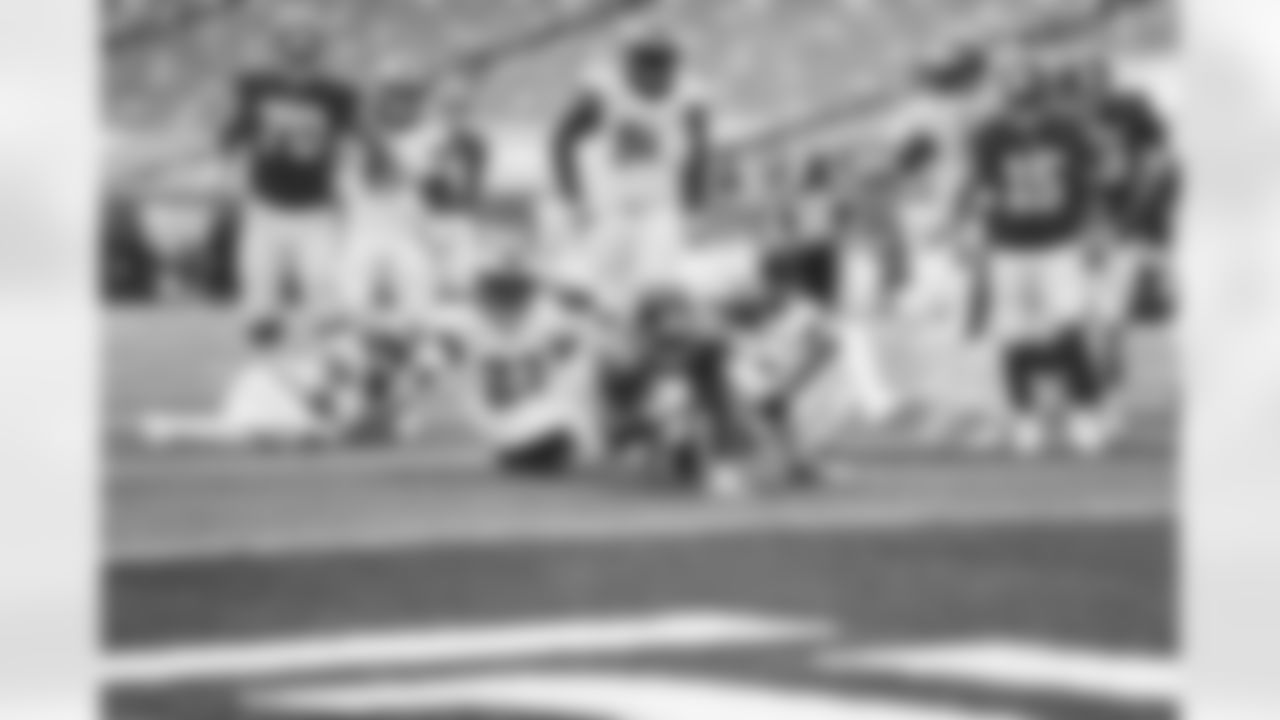
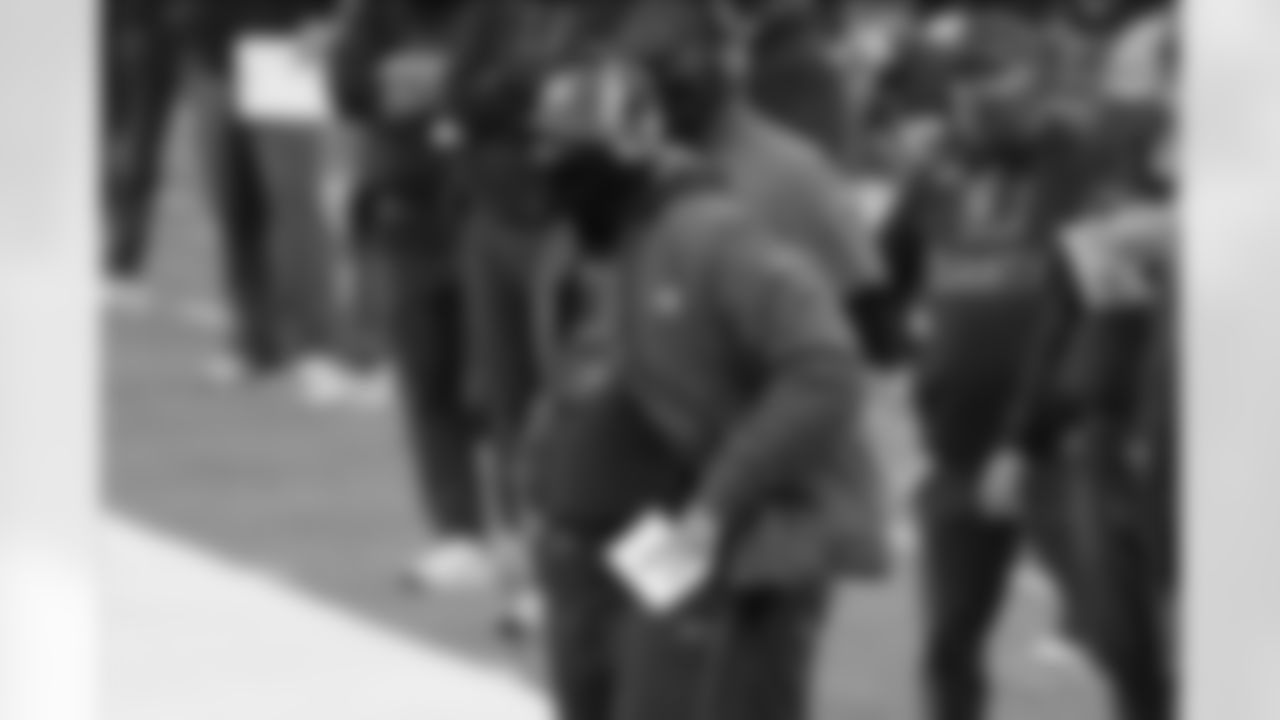
New York Giants head coach Joe Judge watches his team during the second half of an NFL football game against the Philadelphia Eagles Sunday, Nov. 15, 2020, in East Rutherford, N.J. (AP Photo/Seth Wenig)

New York Giants' Sterling Shepard (87) catches a pass in front of Philadelphia Eagles' Avonte Maddox (29) during the second half of an NFL football game Sunday, Nov. 15, 2020, in East Rutherford, N.J. (AP Photo/Seth Wenig)
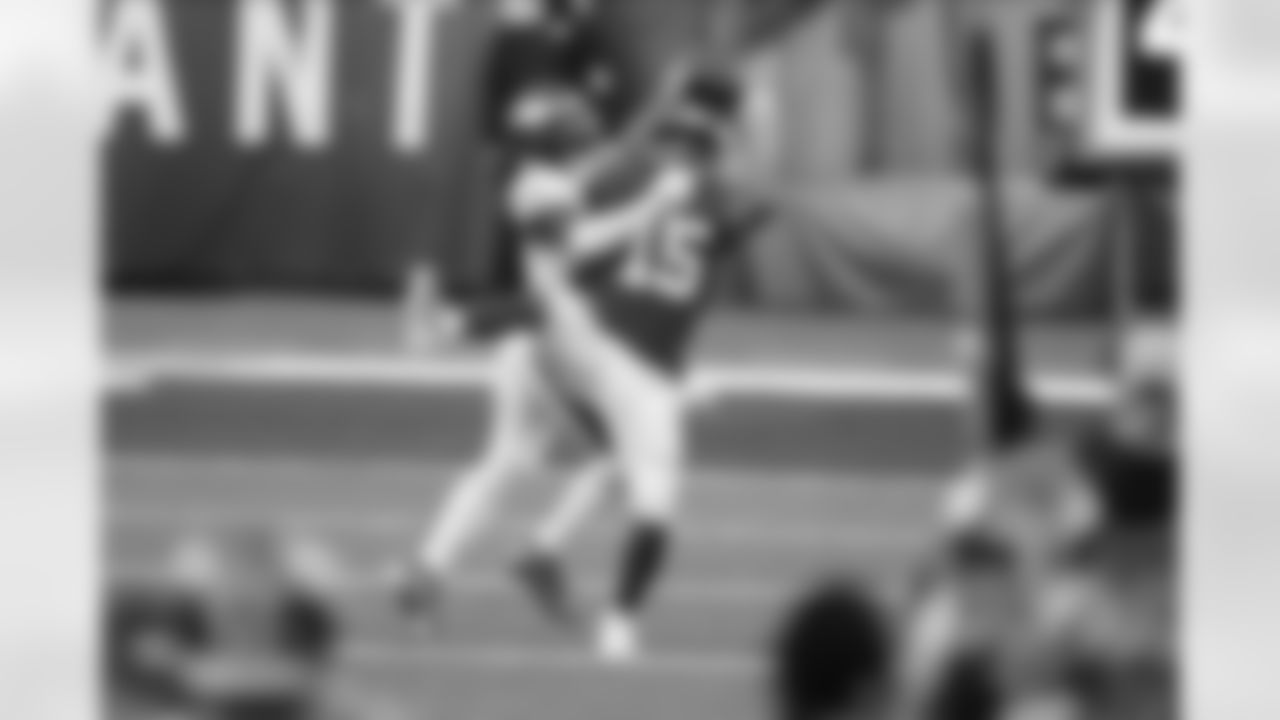
New York Giants' Golden Tate (15) catches a pass during the second half of an NFL football game against the Philadelphia Eagles Sunday, Nov. 15, 2020, in East Rutherford, N.J. (AP Photo/Seth Wenig)

New York Giants' Logan Ryan (23) tackles Philadelphia Eagles' Greg Ward (84) as Blake Martinez (54) watches him during the second half of an NFL football game Sunday, Nov. 15, 2020, in East Rutherford, N.J. (AP Photo/Seth Wenig)
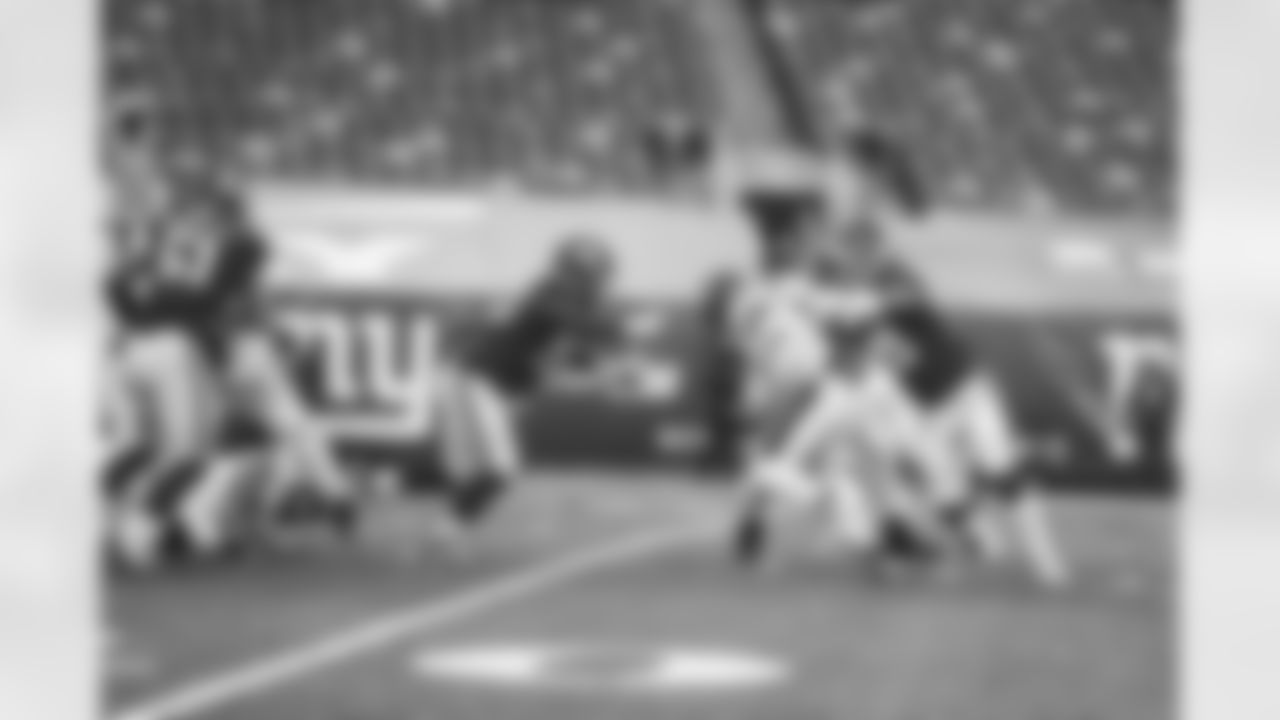
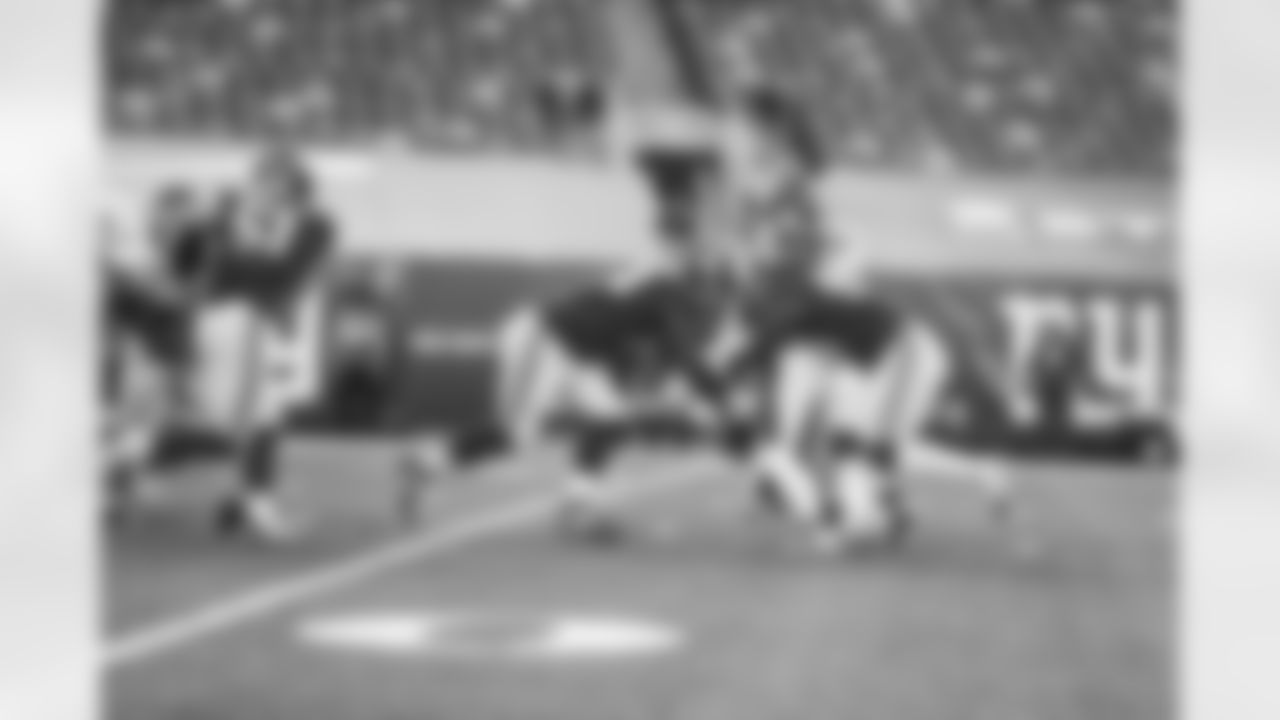
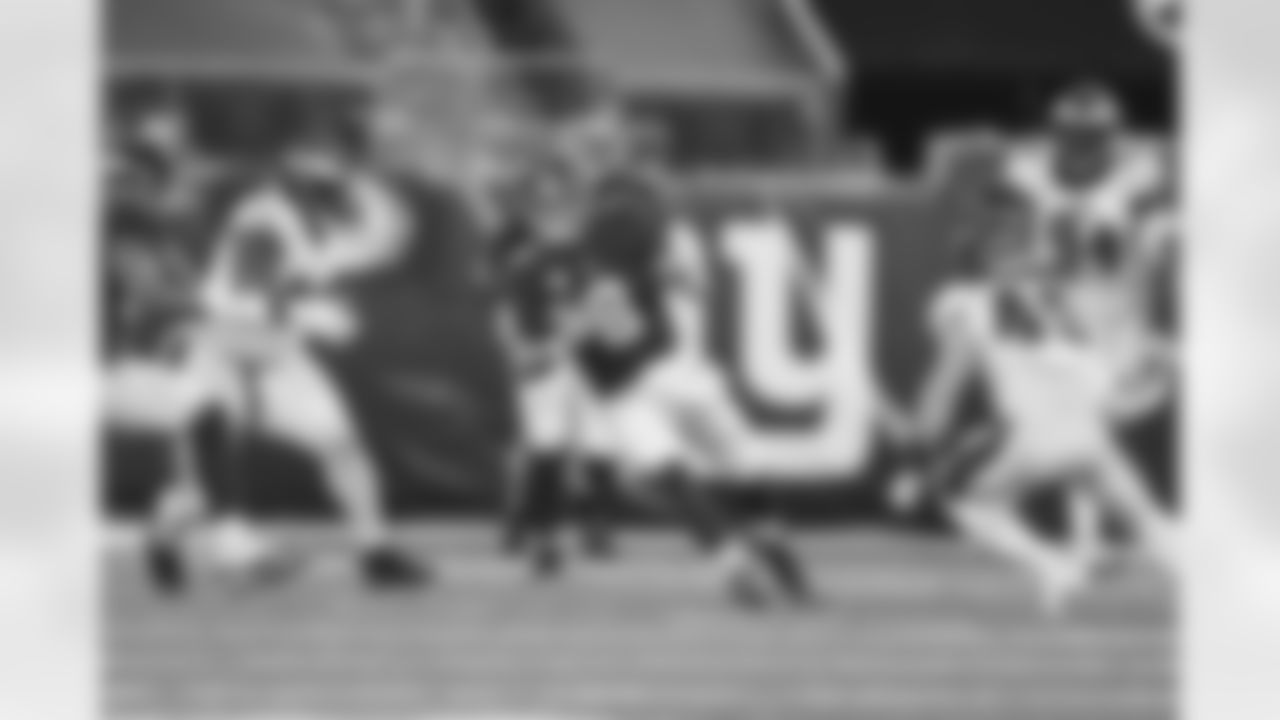
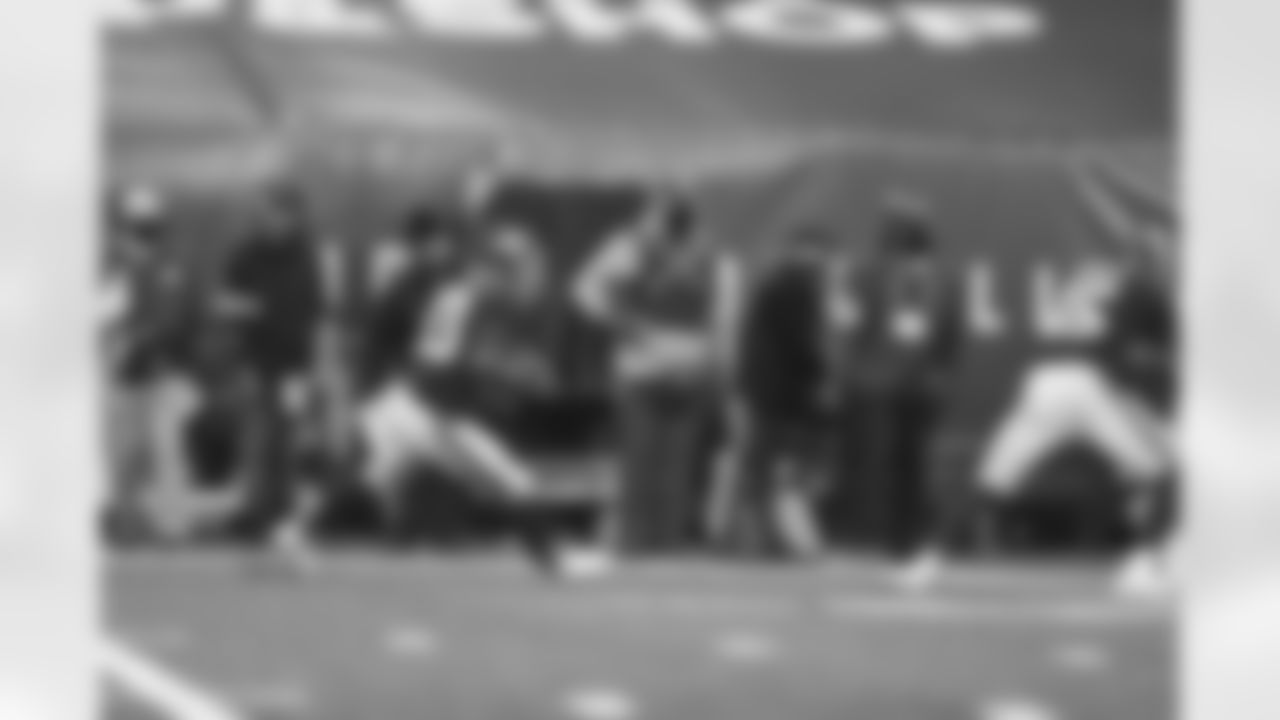
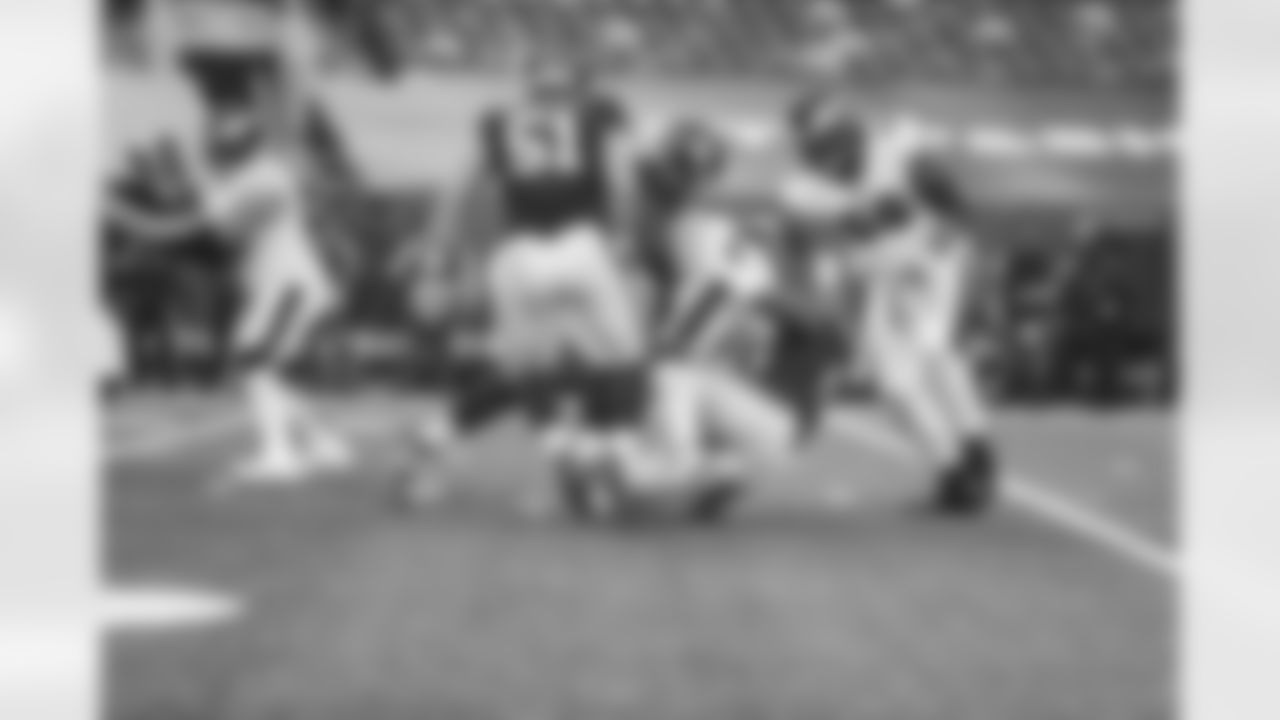
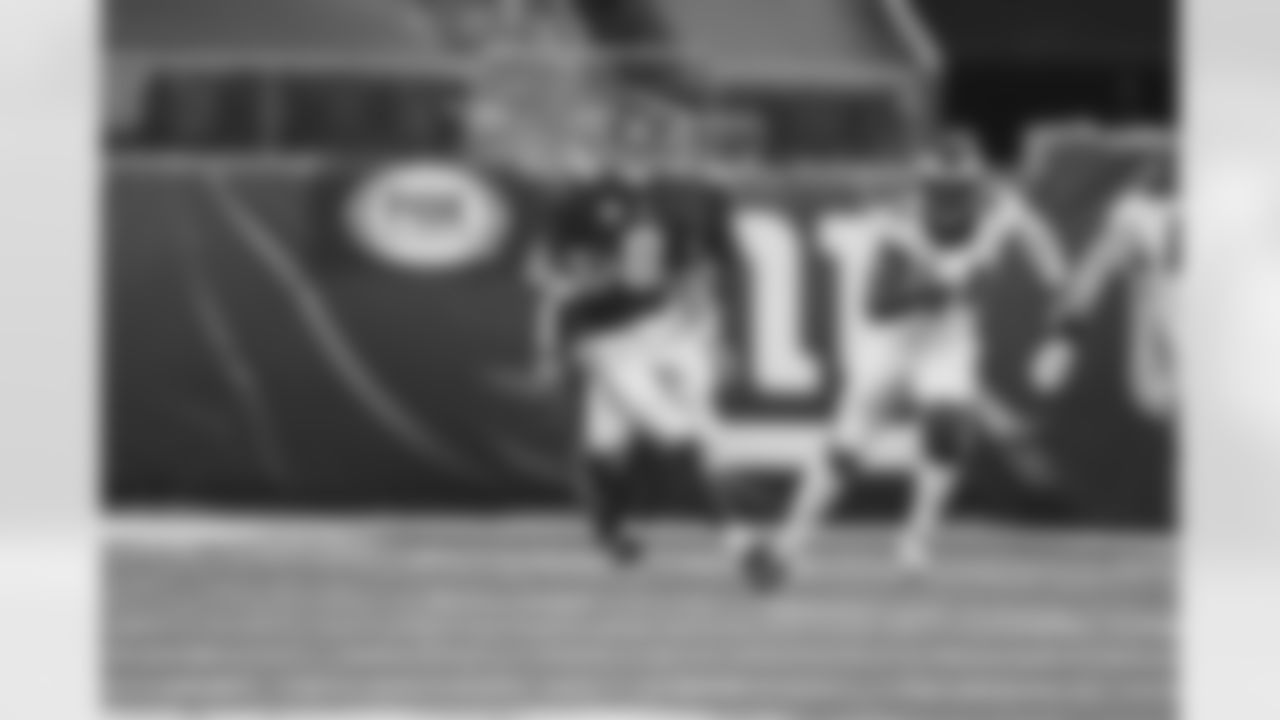
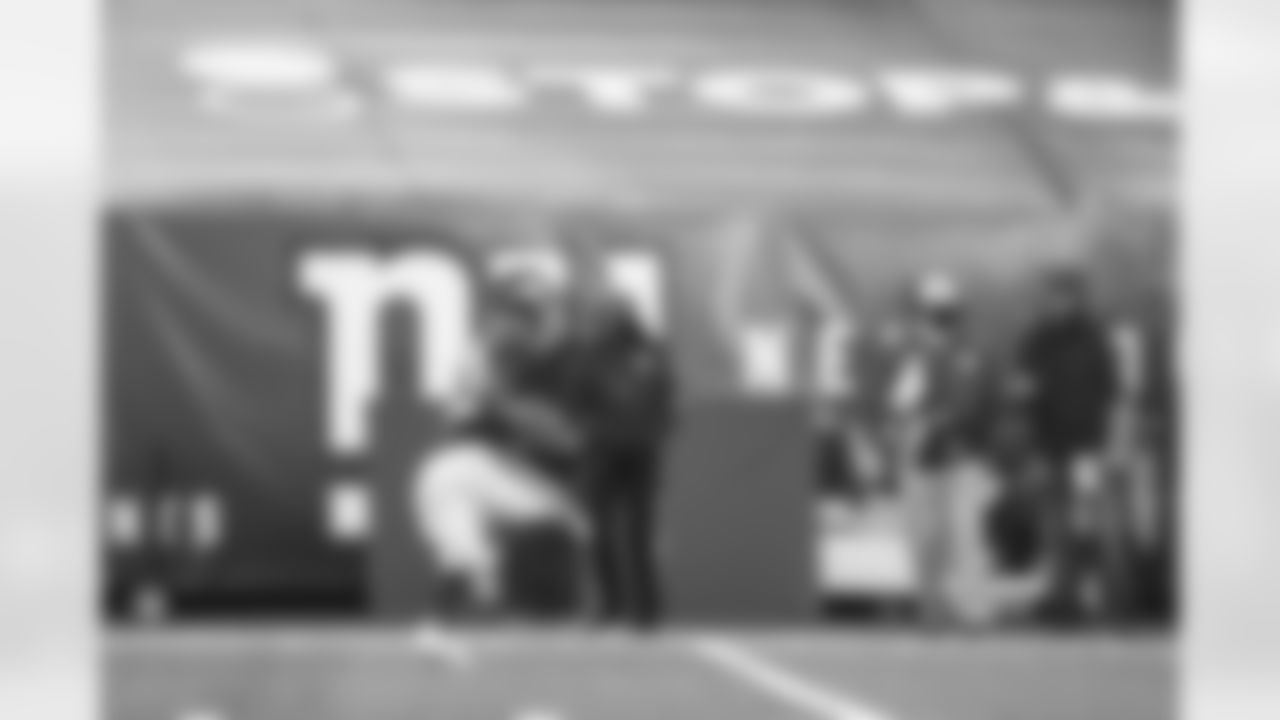
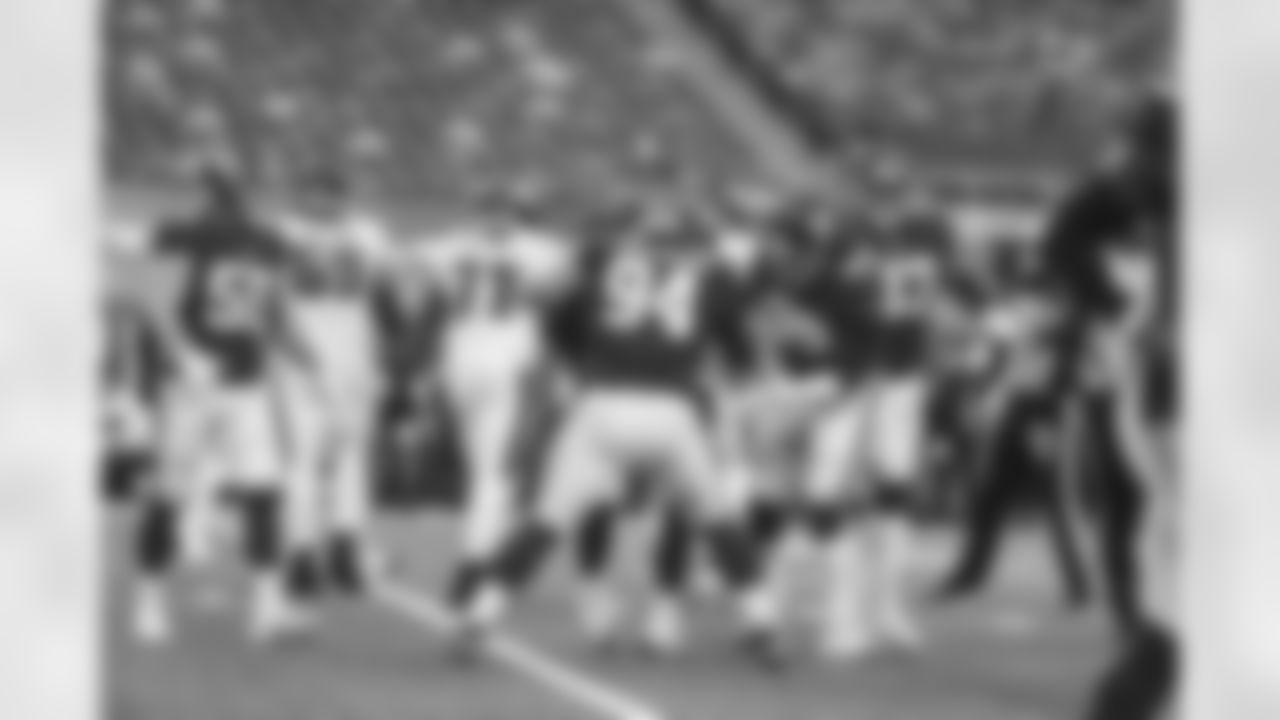
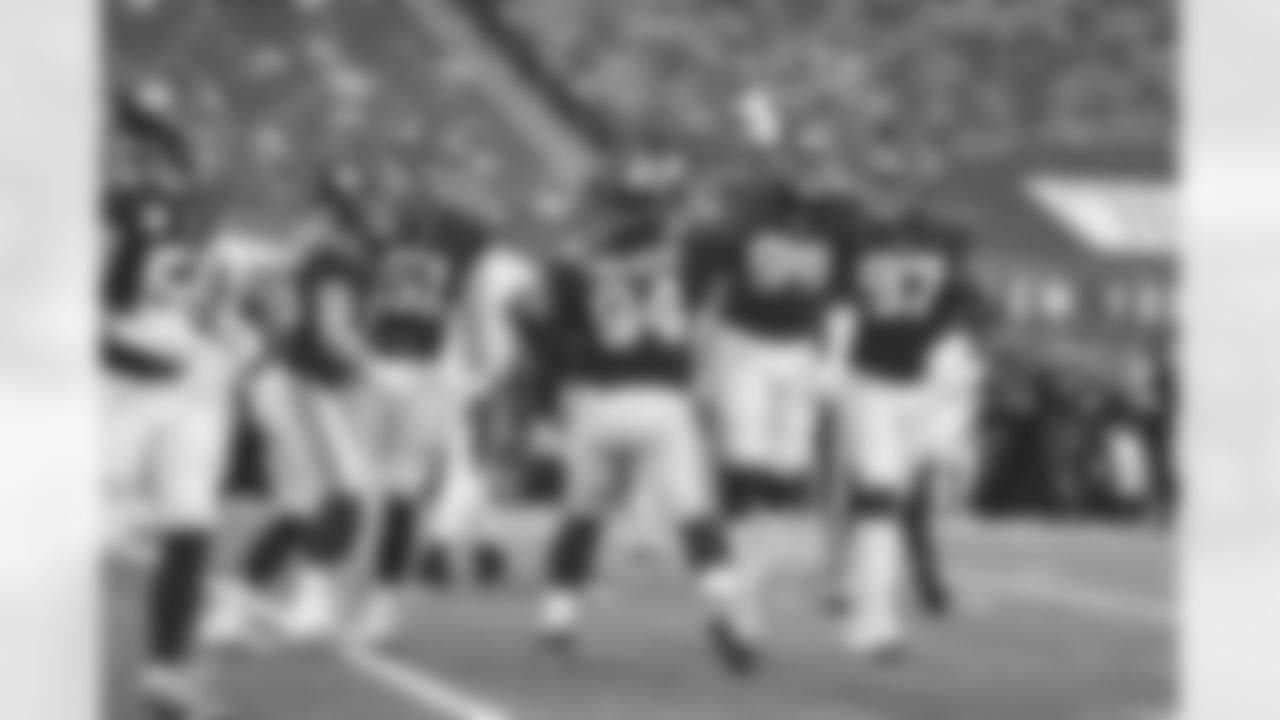
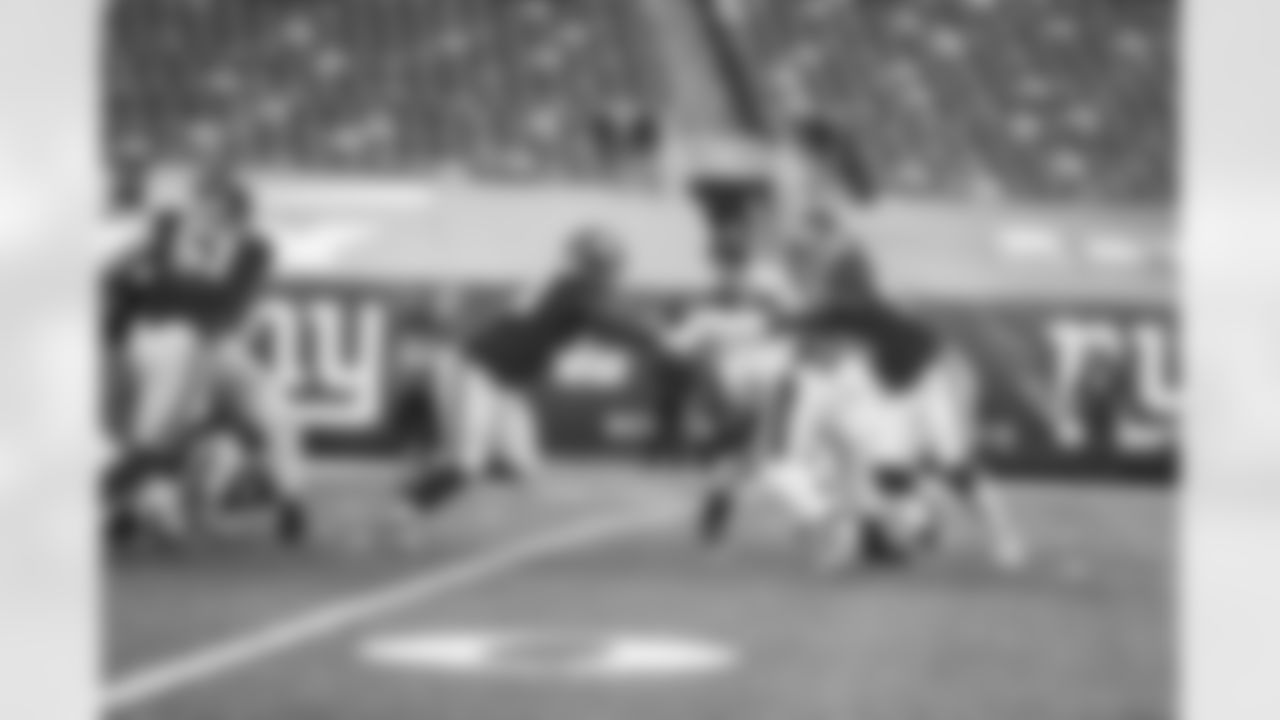
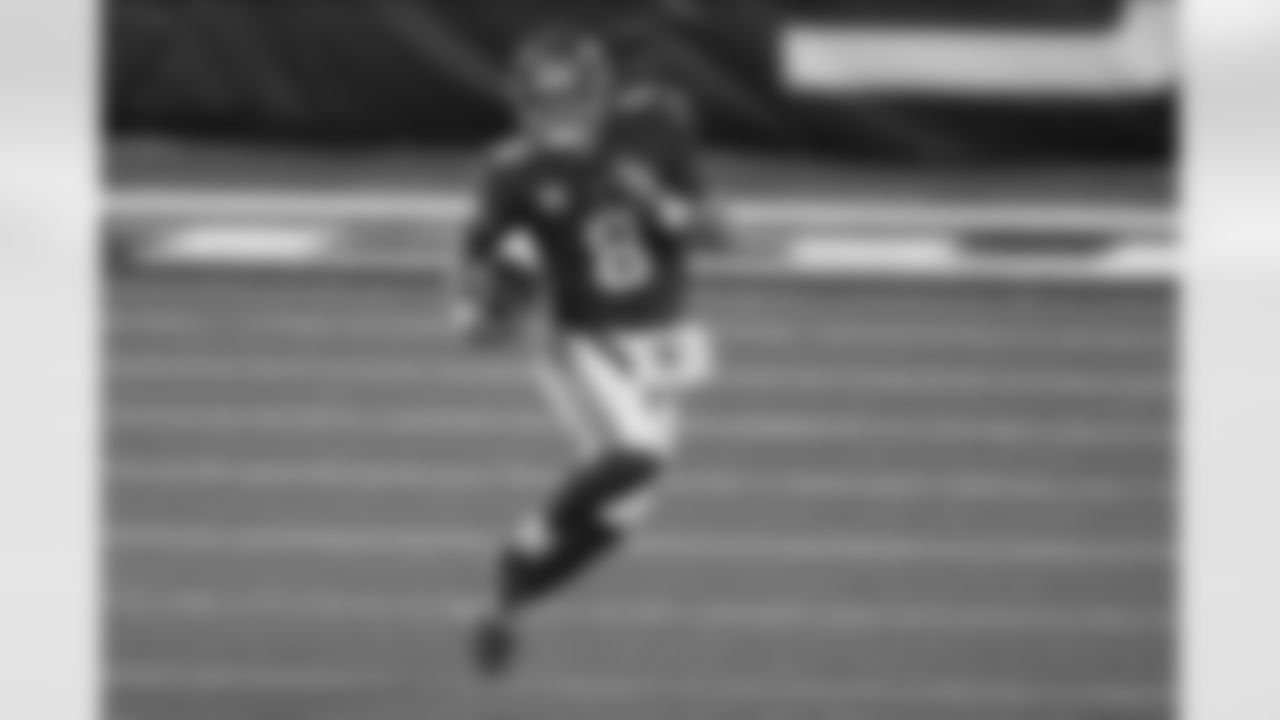
New York Giants quarterback Daniel Jones (8) rushes during the second half of an NFL football game against the Philadelphia Eagles Sunday, Nov. 15, 2020, in East Rutherford, N.J. (AP Photo/Corey Sipkin)
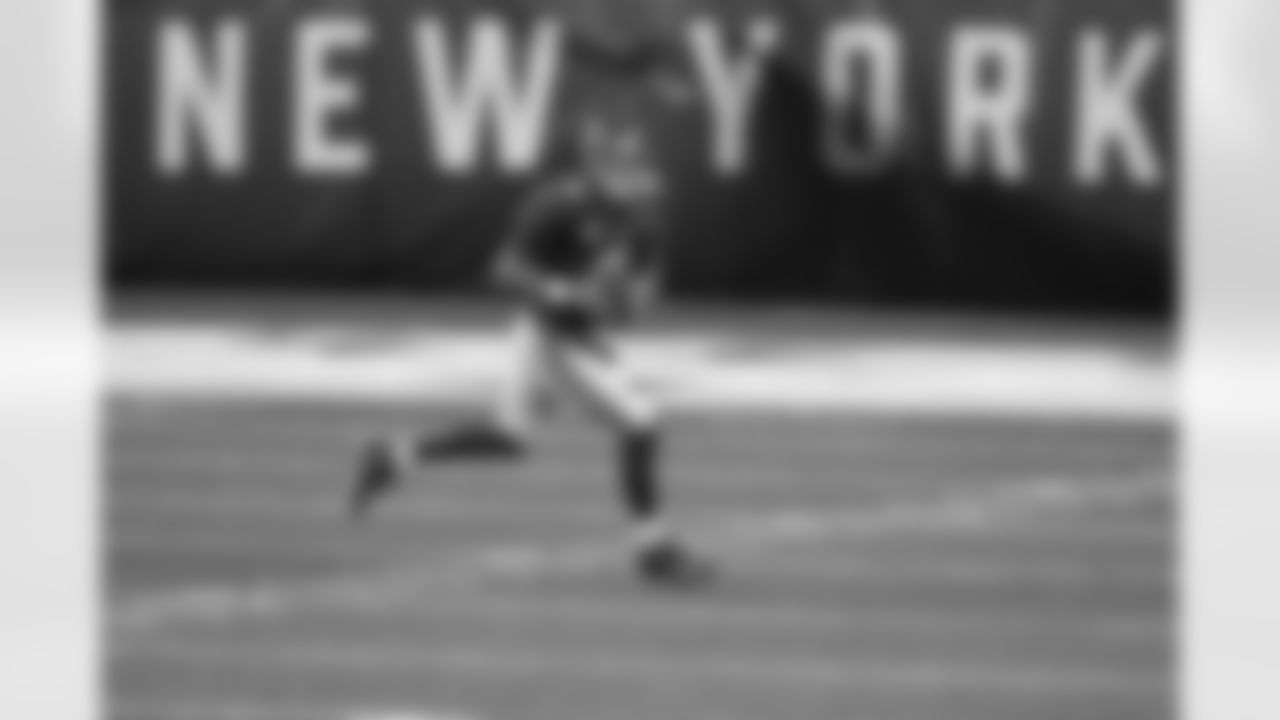
New York Giants quarterback Daniel Jones rolls to his left during the second half of an NFL football game against the Philadelphia Eagles Sunday, Nov. 15, 2020, in East Rutherford, N.J. (AP Photo/Corey Sipkin)
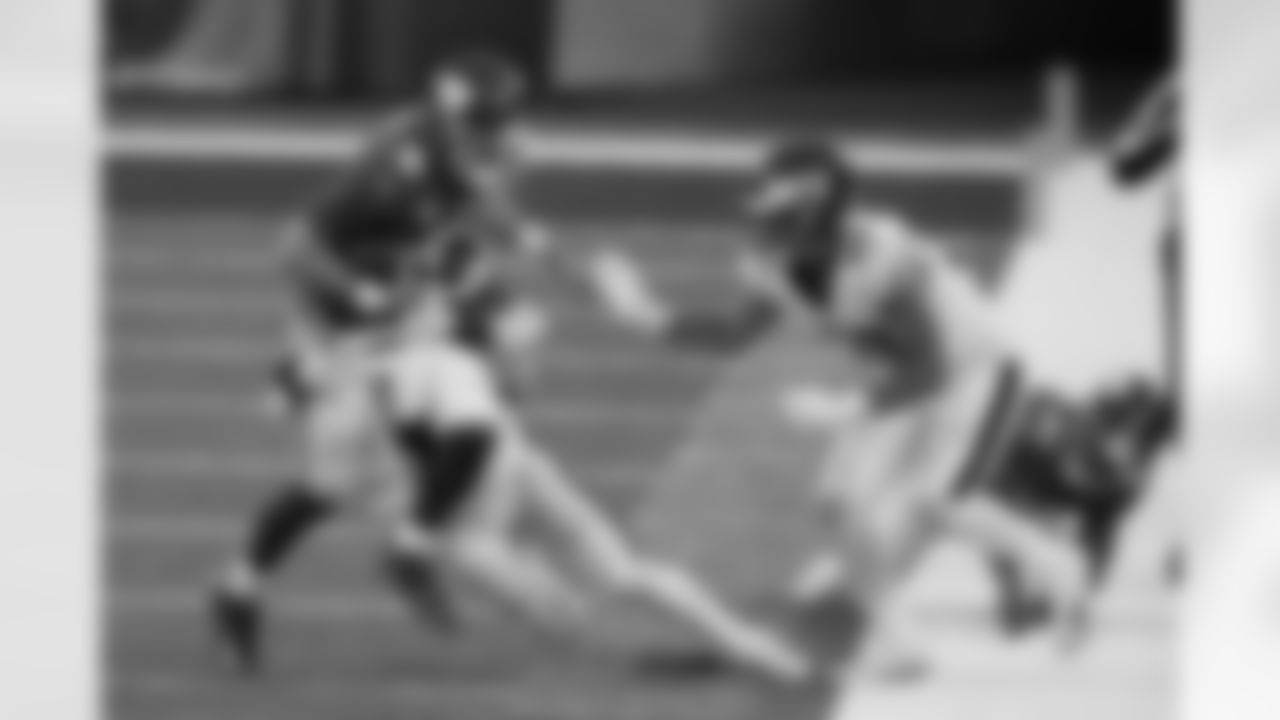
New York Giants quarterback Daniel Jones (8) is forced out of bounds during the second half of an NFL football game against the Philadelphia Eagles Sunday, Nov. 15, 2020, in East Rutherford, N.J. (AP Photo/Corey Sipkin)
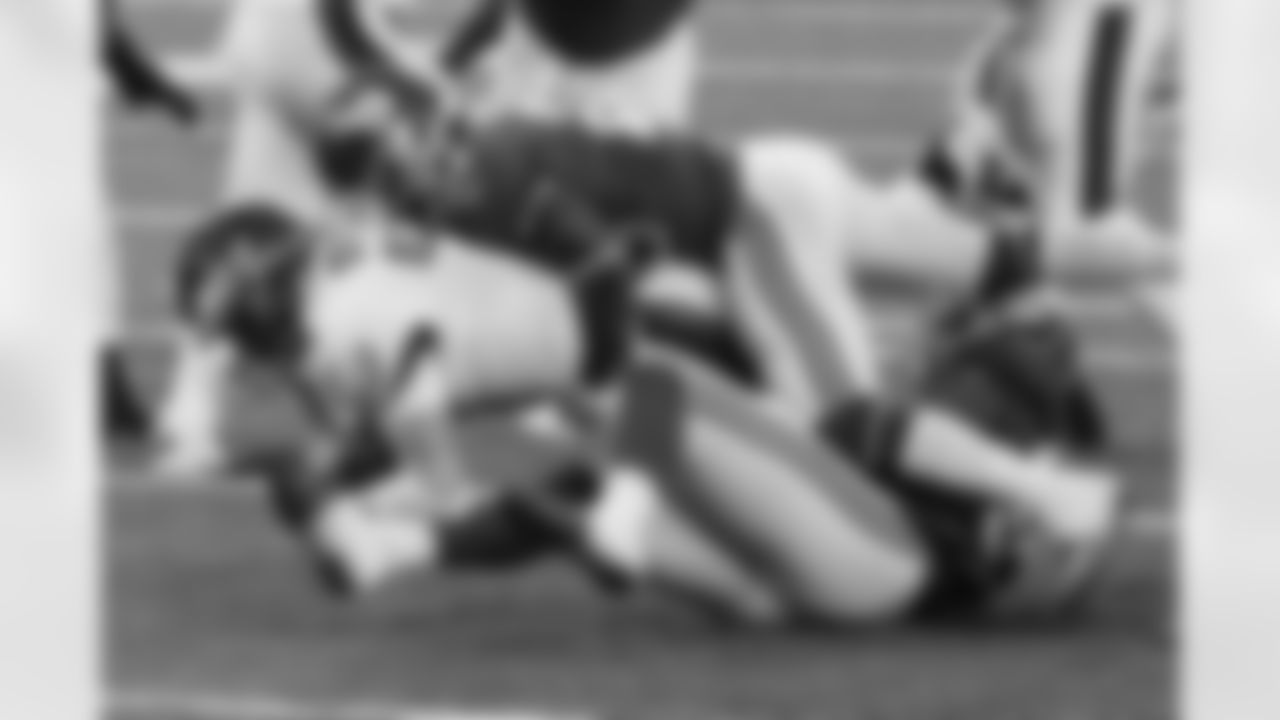
New York Giants' Trent Harris (93) and Jabrill Peppers (21) sack Philadelphia Eagles' Carson Wentz (11) during the second half of an NFL football game Sunday, Nov. 15, 2020, in East Rutherford, N.J. (AP Photo/Seth Wenig)
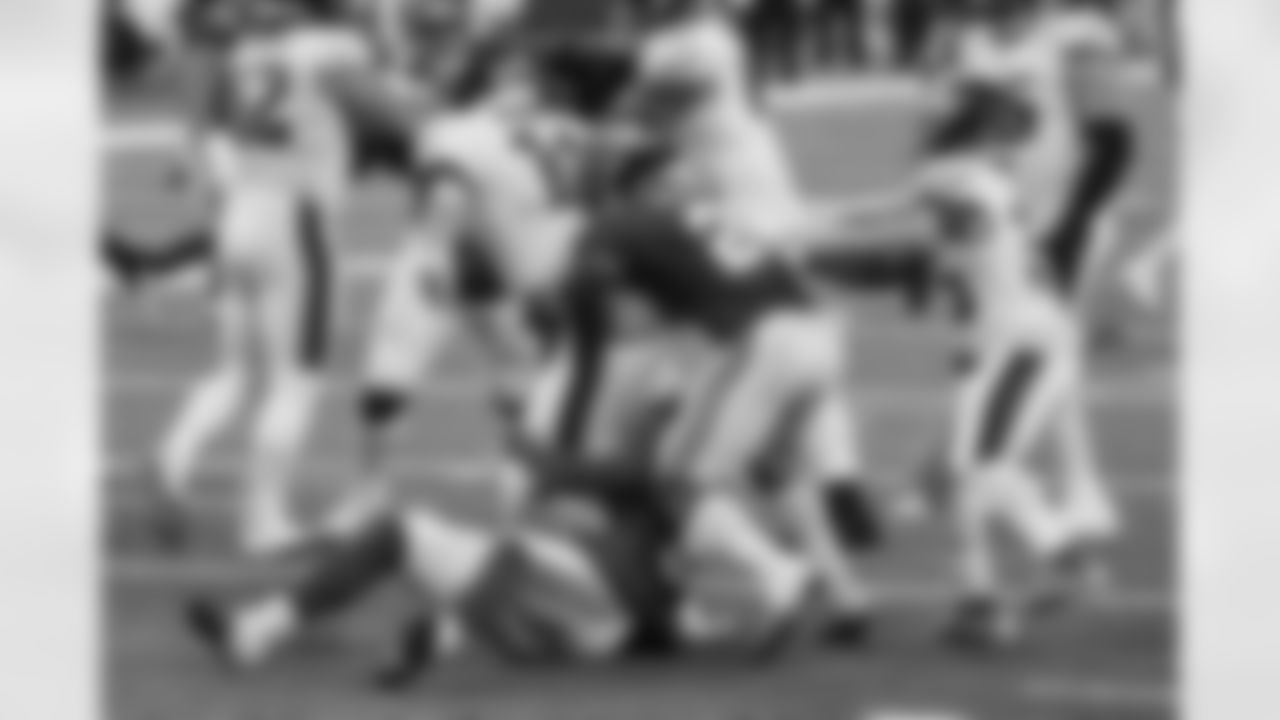
New York Giants' Trent Harris (93) and Jabrill Peppers (21) sack Philadelphia Eagles' Carson Wentz (11) during the second half of an NFL football game Sunday, Nov. 15, 2020, in East Rutherford, N.J. (AP Photo/Seth Wenig)
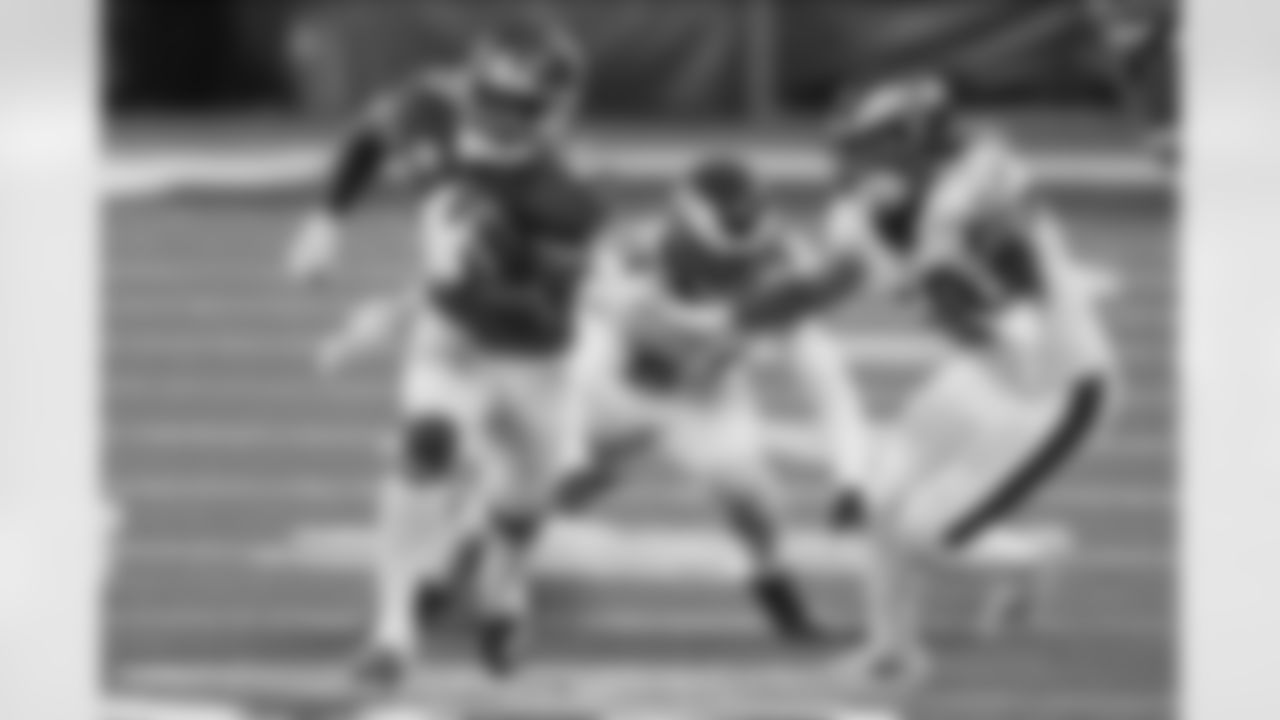
New York Giants' Jabrill Peppers, left, returns a punt during the second half of an NFL football game against the Philadelphia Eagles Sunday, Nov. 15, 2020, in East Rutherford, N.J. (AP Photo/Seth Wenig)
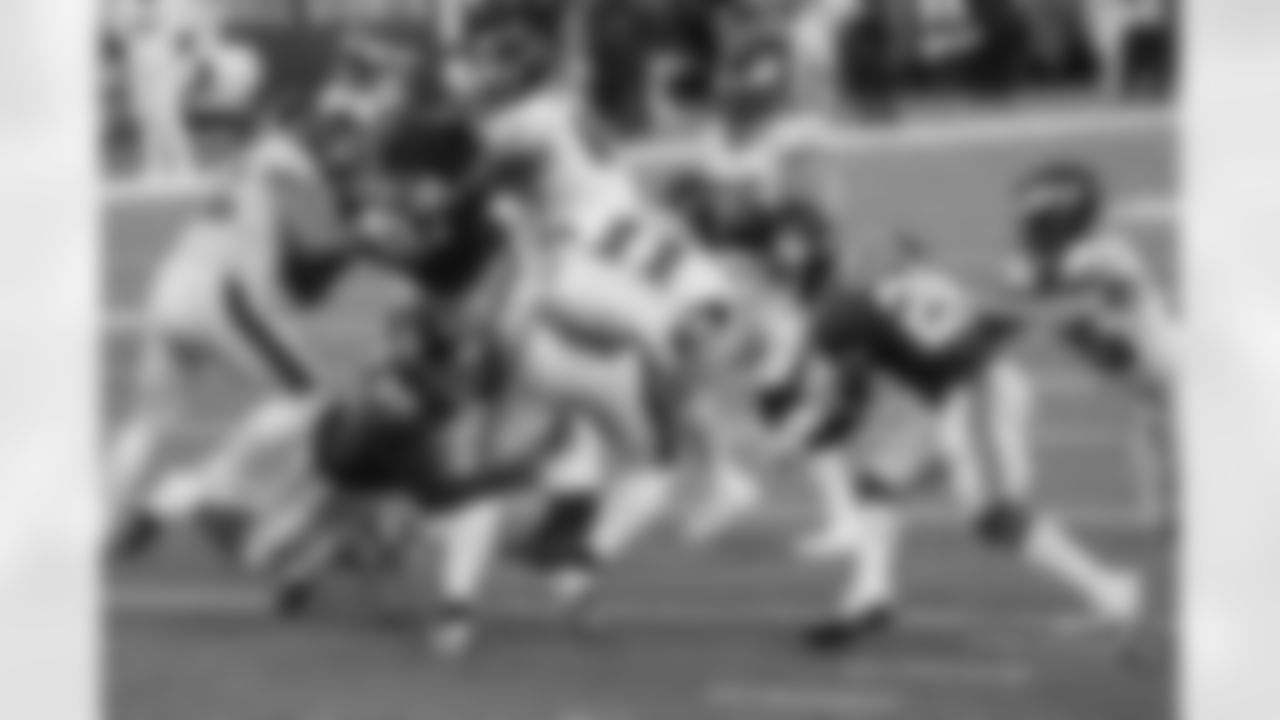
New York Giants' Trent Harris (93) and Jabrill Peppers (21) sack Philadelphia Eagles' Carson Wentz (11) during the second half of an NFL football game Sunday, Nov. 15, 2020, in East Rutherford, N.J. (AP Photo/Seth Wenig)
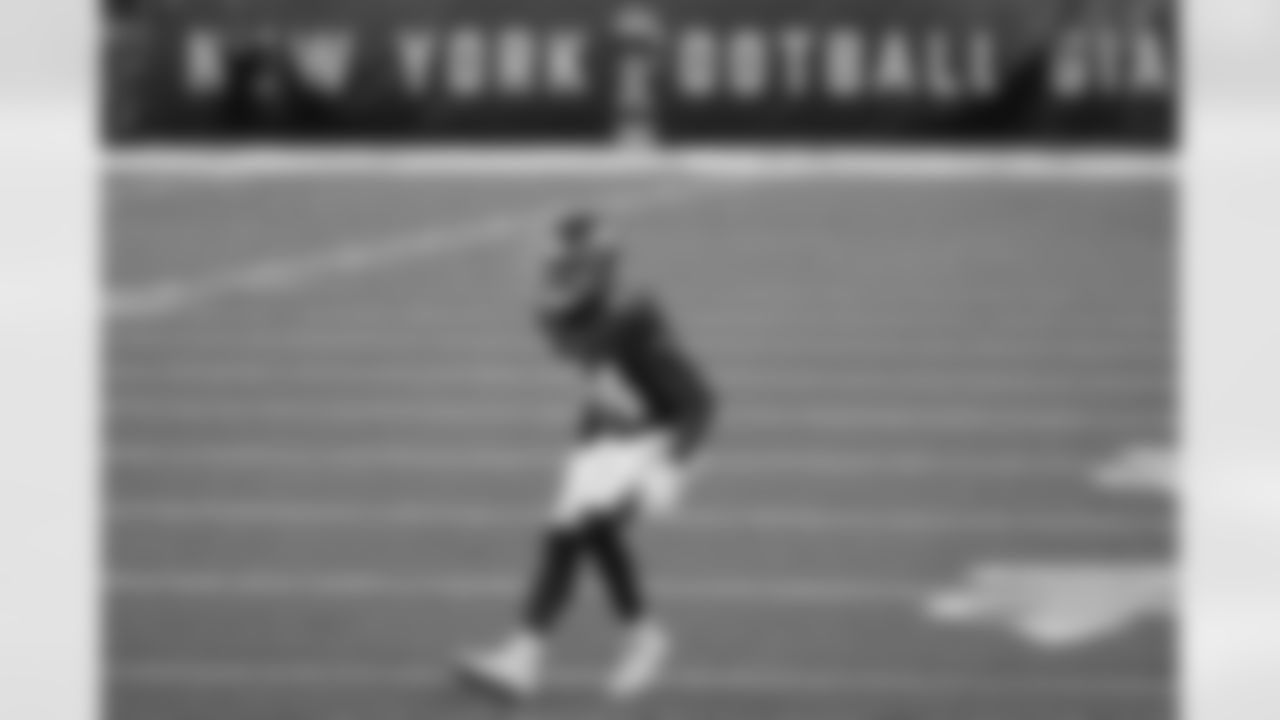
New York Giants' James Bradberry (24) during the second half of an NFL football game against the Philadelphia Eagles Sunday, Nov. 15, 2020, in East Rutherford, N.J. (AP Photo/Seth Wenig)
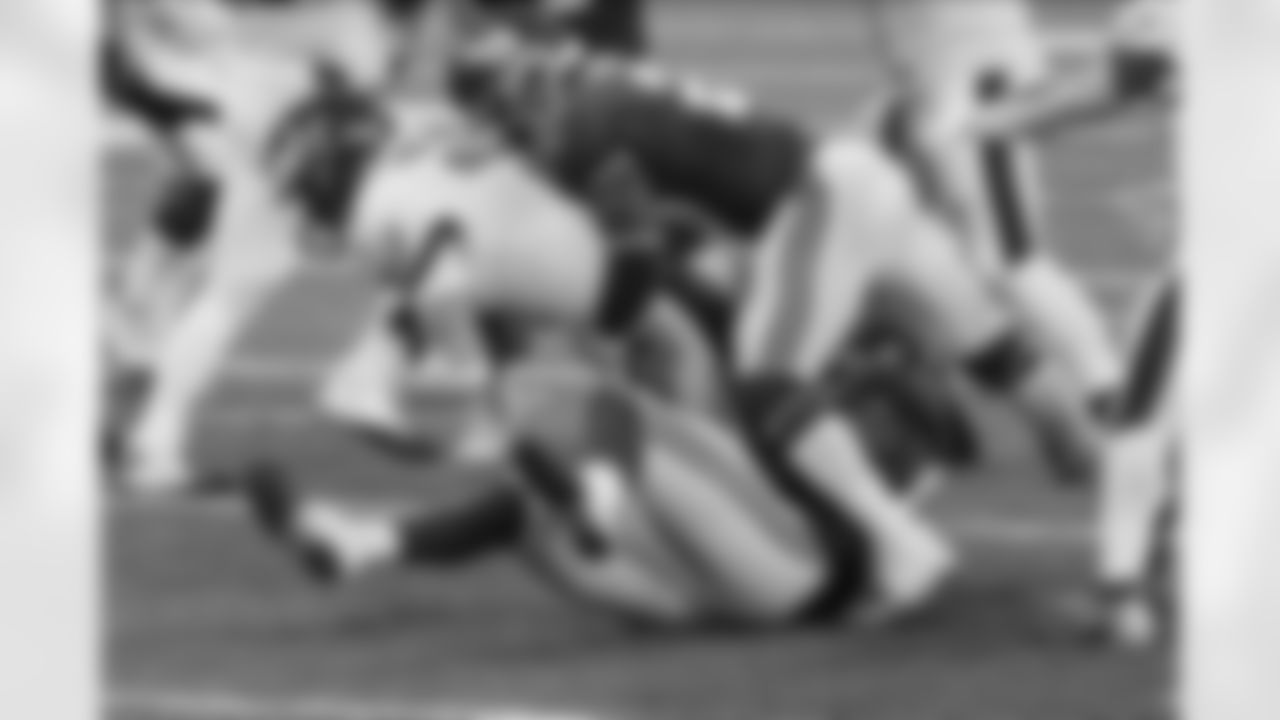
New York Giants' Trent Harris (93) and Jabrill Peppers (21) sack Philadelphia Eagles' Carson Wentz (11) during the second half of an NFL football game Sunday, Nov. 15, 2020, in East Rutherford, N.J. (AP Photo/Seth Wenig)
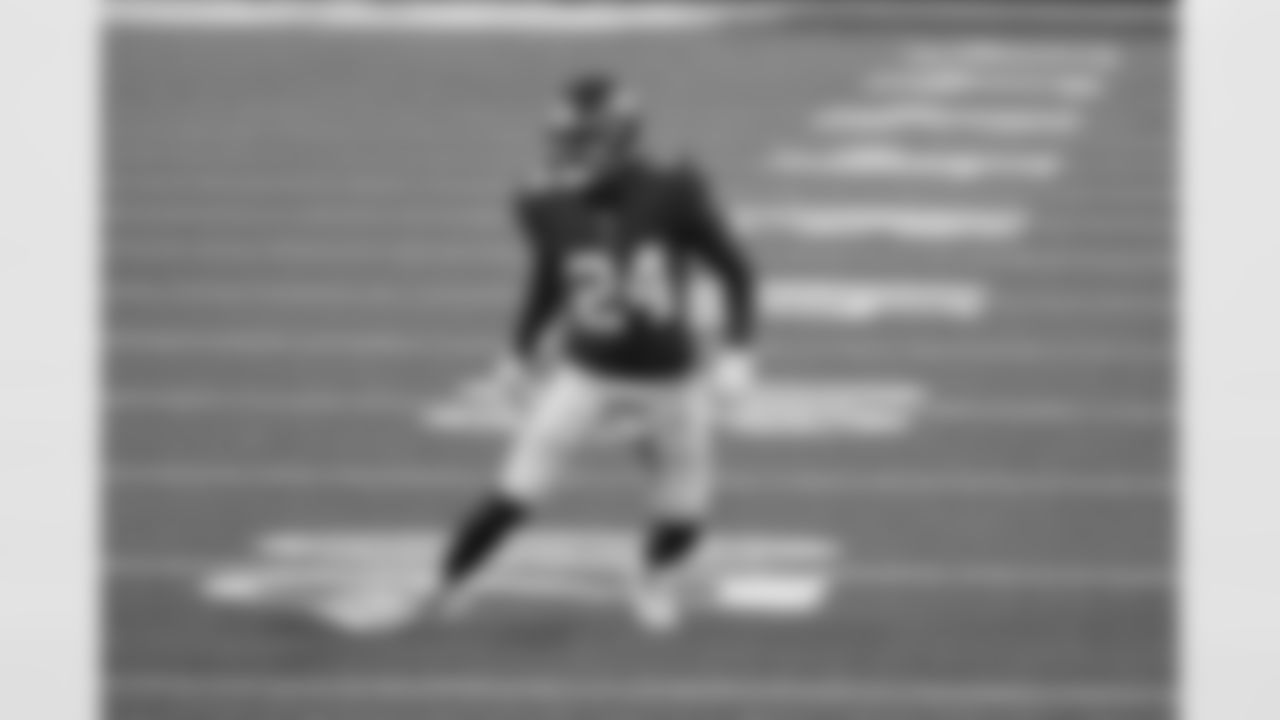
New York Giants' James Bradberry (24) during the second half of an NFL football game against the Philadelphia Eagles Sunday, Nov. 15, 2020, in East Rutherford, N.J. (AP Photo/Seth Wenig)
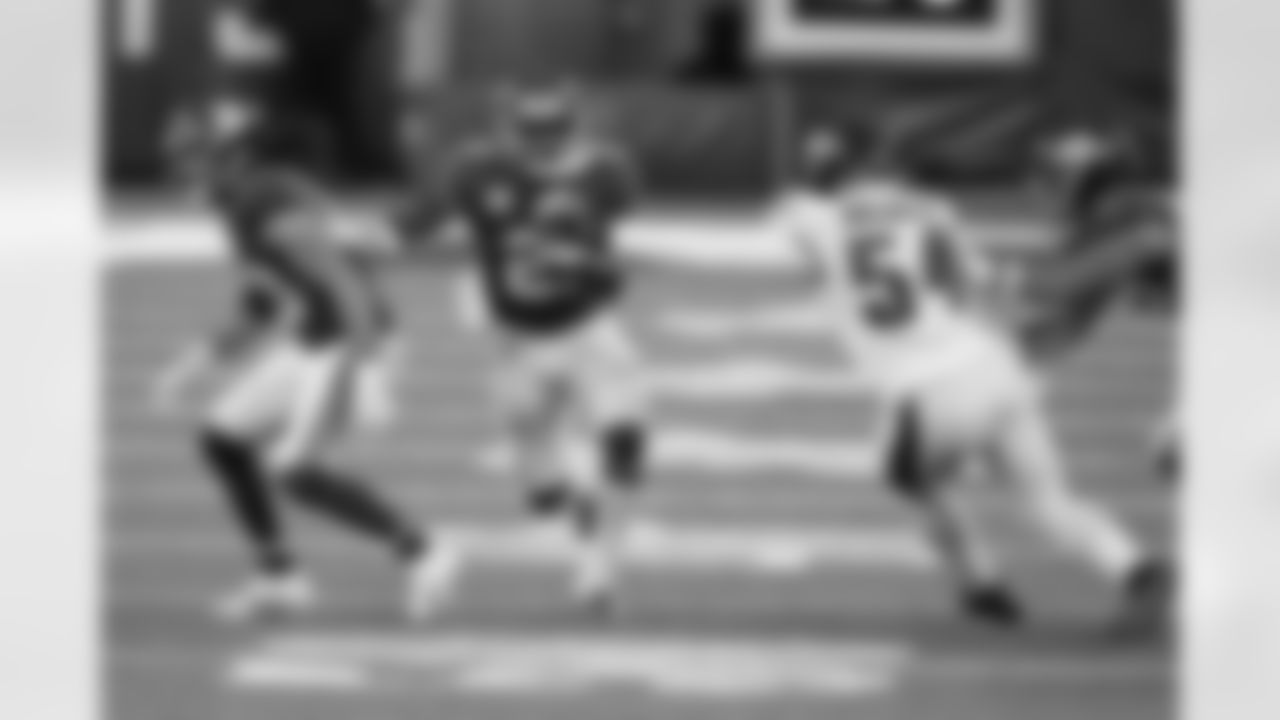
New York Giants' Jabrill Peppers (21) runs past Philadelphia Eagles' Shaun Bradley (54) during the second half of an NFL football game Sunday, Nov. 15, 2020, in East Rutherford, N.J. (AP Photo/Seth Wenig)
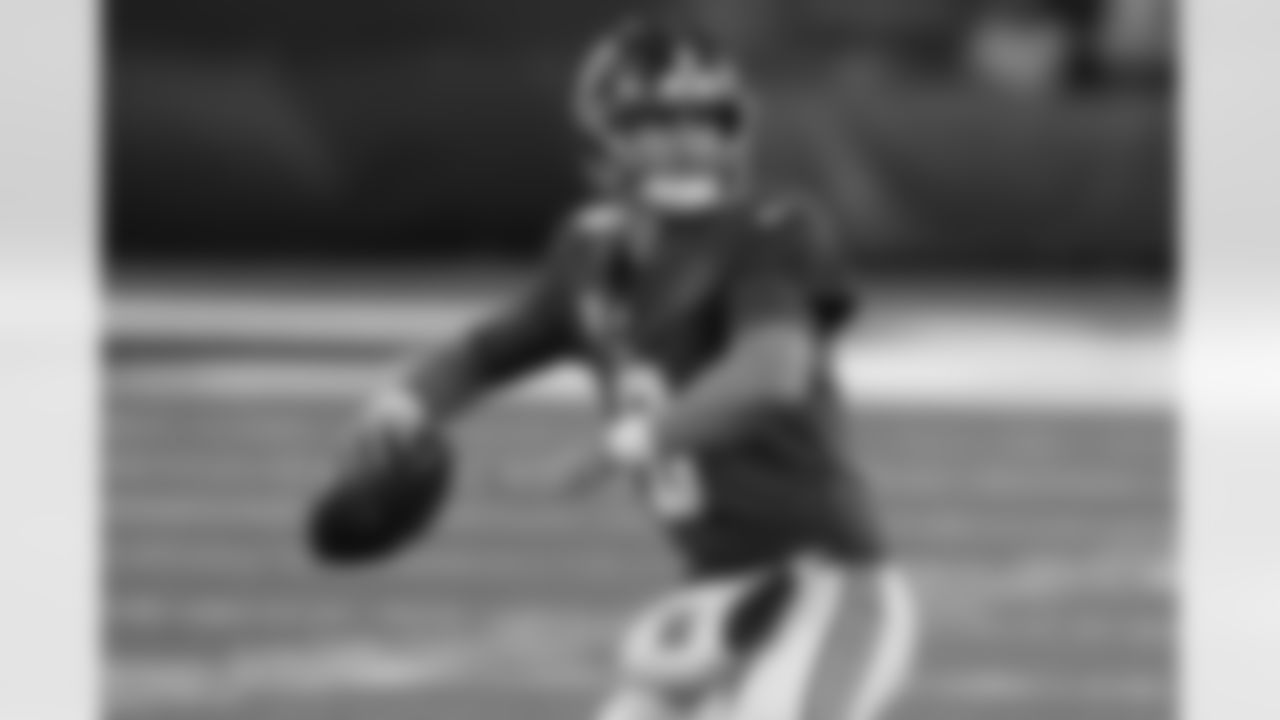
New York Giants quarterback Daniel Jones (8) throws a pass during the second half of an NFL football game against the Philadelphia Eagles Sunday, Nov. 15, 2020, in East Rutherford, N.J. (AP Photo/Seth Wenig)

New York Giants quarterback Daniel Jones (8) calls out to his team during the second half of an NFL football game against the Philadelphia Eagles Sunday, Nov. 15, 2020, in East Rutherford, N.J. (AP Photo/Seth Wenig)

New York Giants' Evan Engram (88) makes an out of bounds catch during the second half of an NFL football game against the Philadelphia Eagles Sunday, Nov. 15, 2020, in East Rutherford, N.J. (AP Photo/Seth Wenig)
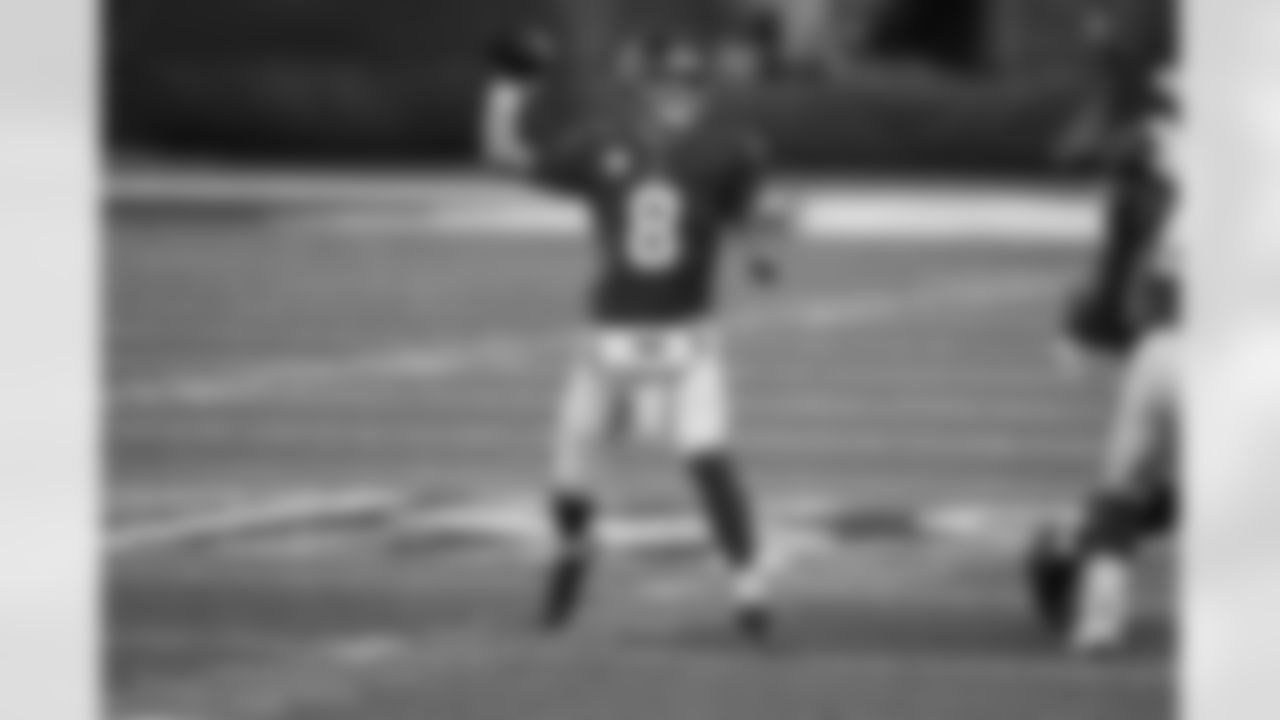
New York Giants quarterback Daniel Jones (8) throws a pass during the second half of an NFL football game against the Philadelphia Eagles Sunday, Nov. 15, 2020, in East Rutherford, N.J. (AP Photo/Seth Wenig)
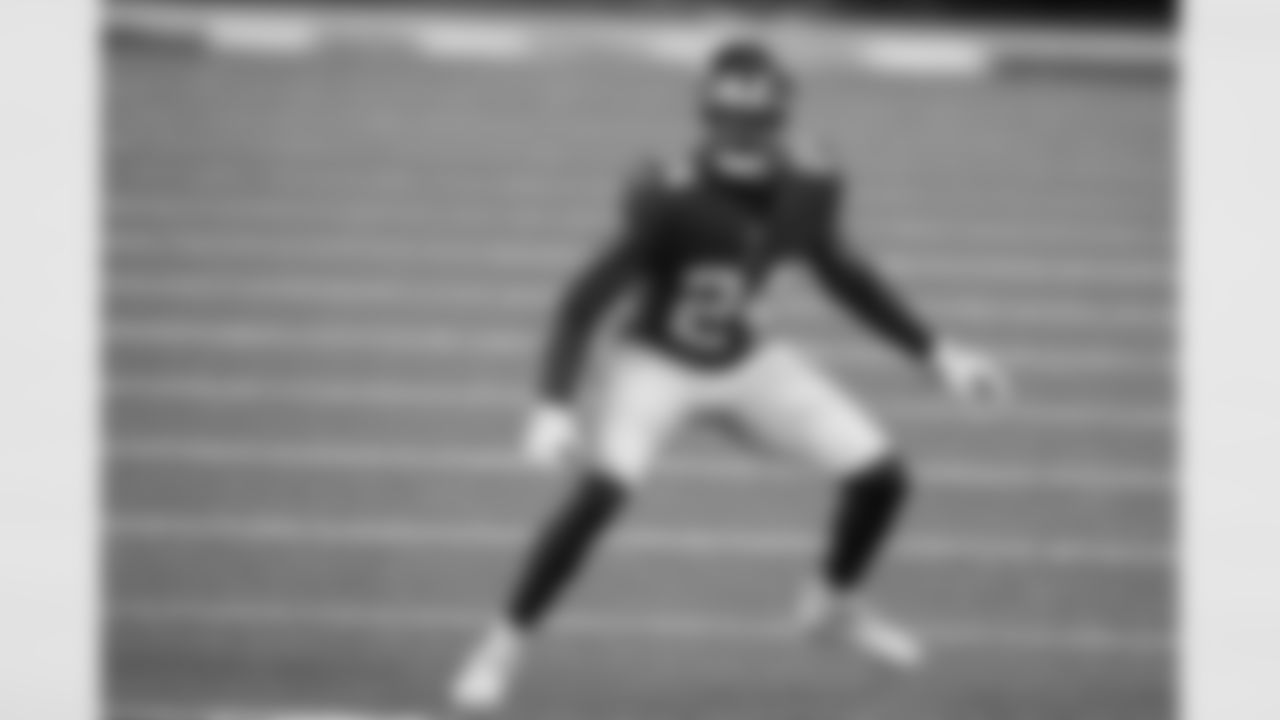
New York Giants' James Bradberry (24) during the second half of an NFL football game against the Philadelphia Eagles Sunday, Nov. 15, 2020, in East Rutherford, N.J. (AP Photo/Seth Wenig)

New York Giants strong safety Jabrill Peppers (21) breaks up a pass to Philadelphia Eagles' Travis Fulgham (13) during the second half of an NFL football game Sunday, Nov. 15, 2020, in East Rutherford, N.J. (AP Photo/Corey Sipkin)
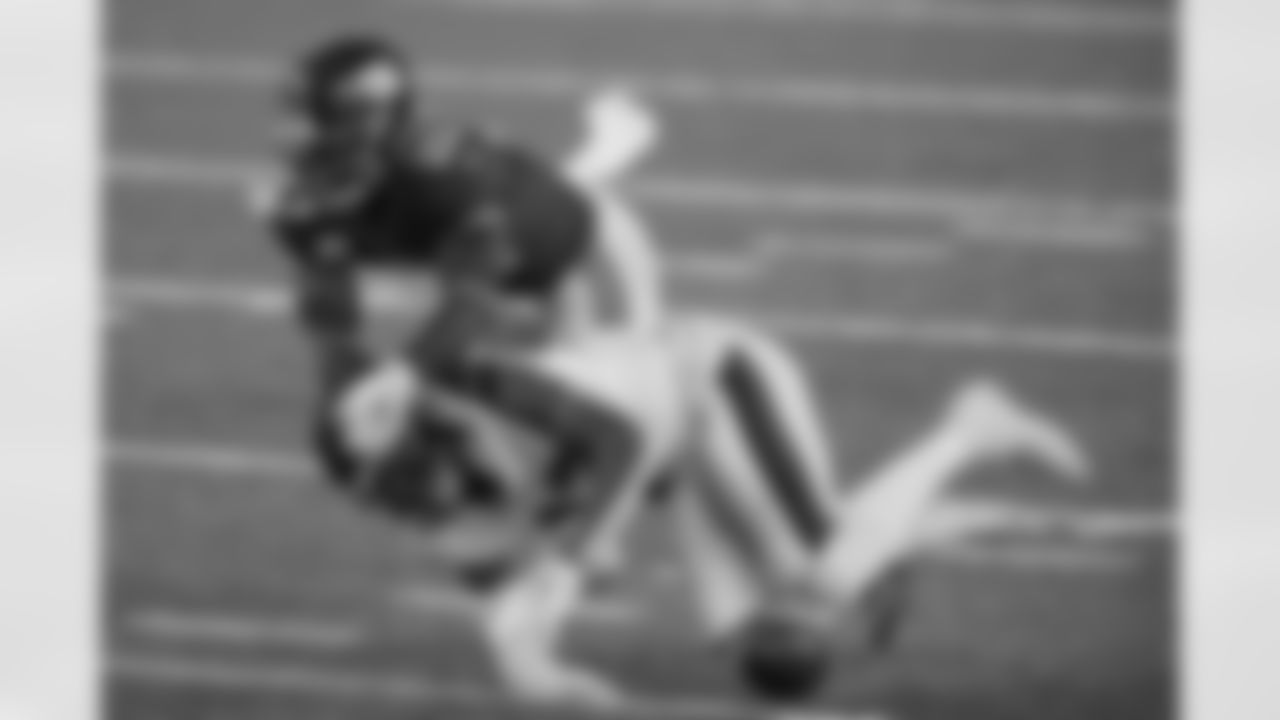
New York Giants strong safety Jabrill Peppers (21) breaks up a pass to Philadelphia Eagles' Travis Fulgham (13) during the second half of an NFL football game Sunday, Nov. 15, 2020, in East Rutherford, N.J. (AP Photo/Corey Sipkin)

New York Giants kicker Graham Gano (5) reacts after making a field goal during the second half of an NFL football game against the Philadelphia Eagles Sunday, Nov. 15, 2020, in East Rutherford, N.J. (AP Photo/Seth Wenig)
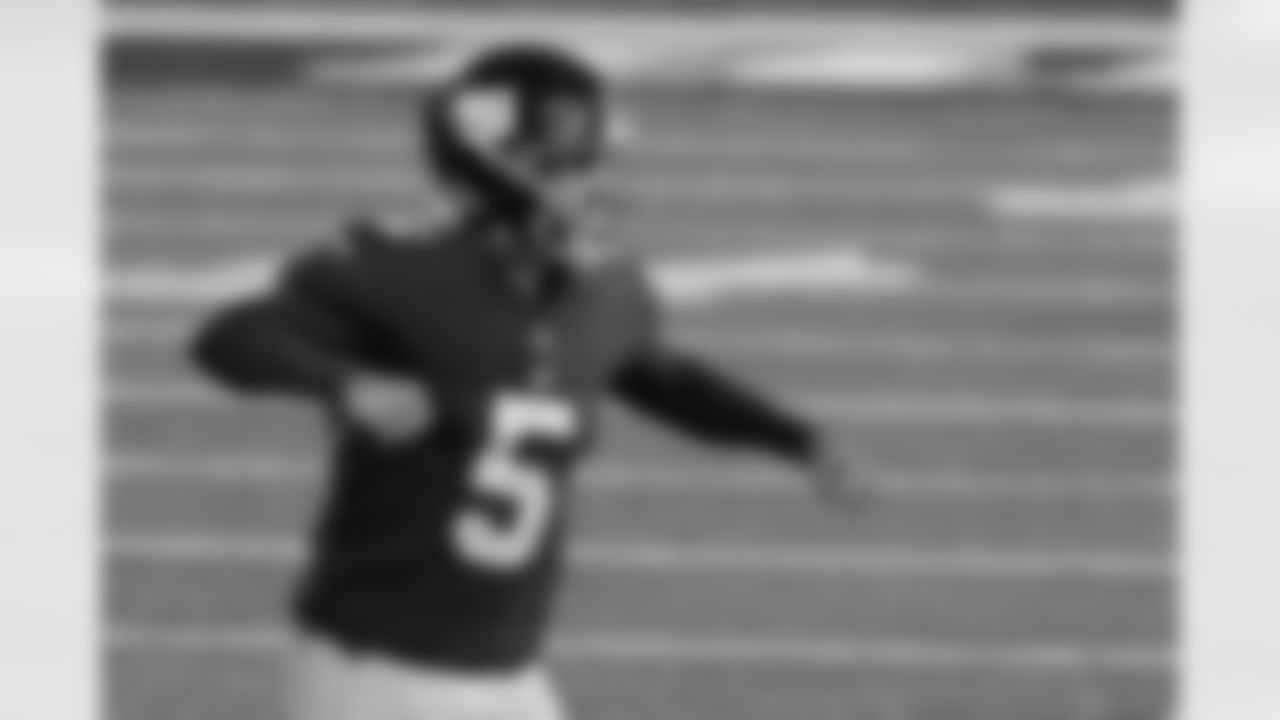
New York Giants kicker Graham Gano (5) reacts after making a field goal during the second half of an NFL football game against the Philadelphia Eagles, Sunday, Nov. 15, 2020, in East Rutherford, N.J. (AP Photo/Seth Wenig)

New York Giants kicker Graham Gano (5) talks to teammates after making a field goal during the second half of an NFL football game against the Philadelphia Eagles Sunday, Nov. 15, 2020, in East Rutherford, N.J. (AP Photo/Seth Wenig)

New York Giants' Graham Gano kicks a field goal during the second half of an NFL football game against the Philadelphia Eagles, Sunday, Nov. 15, 2020, in East Rutherford, N.J. (AP Photo/Corey Sipkin)
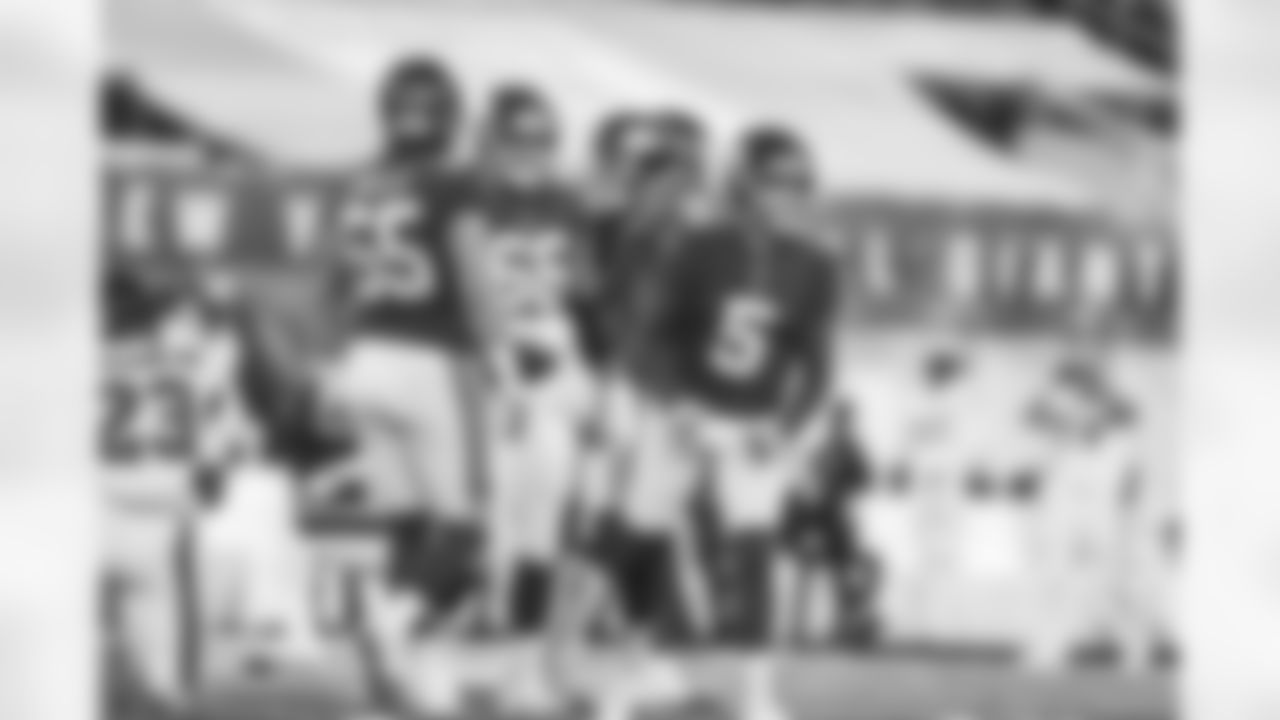
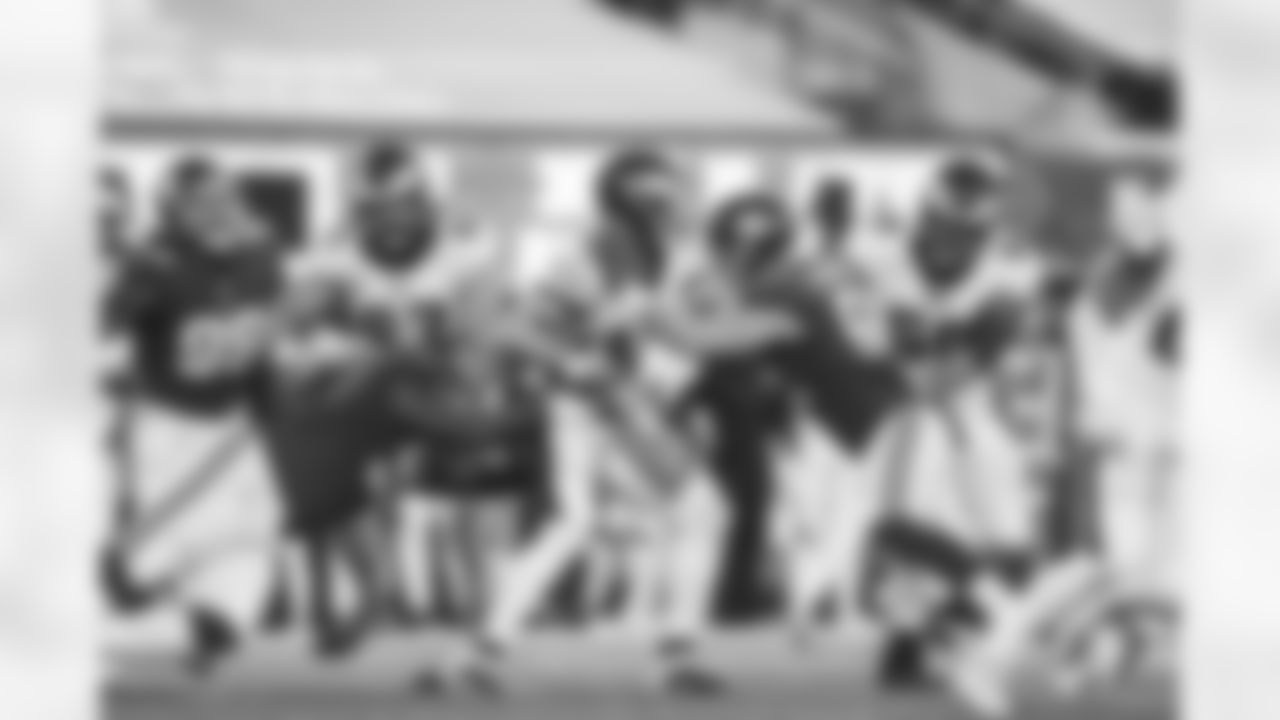
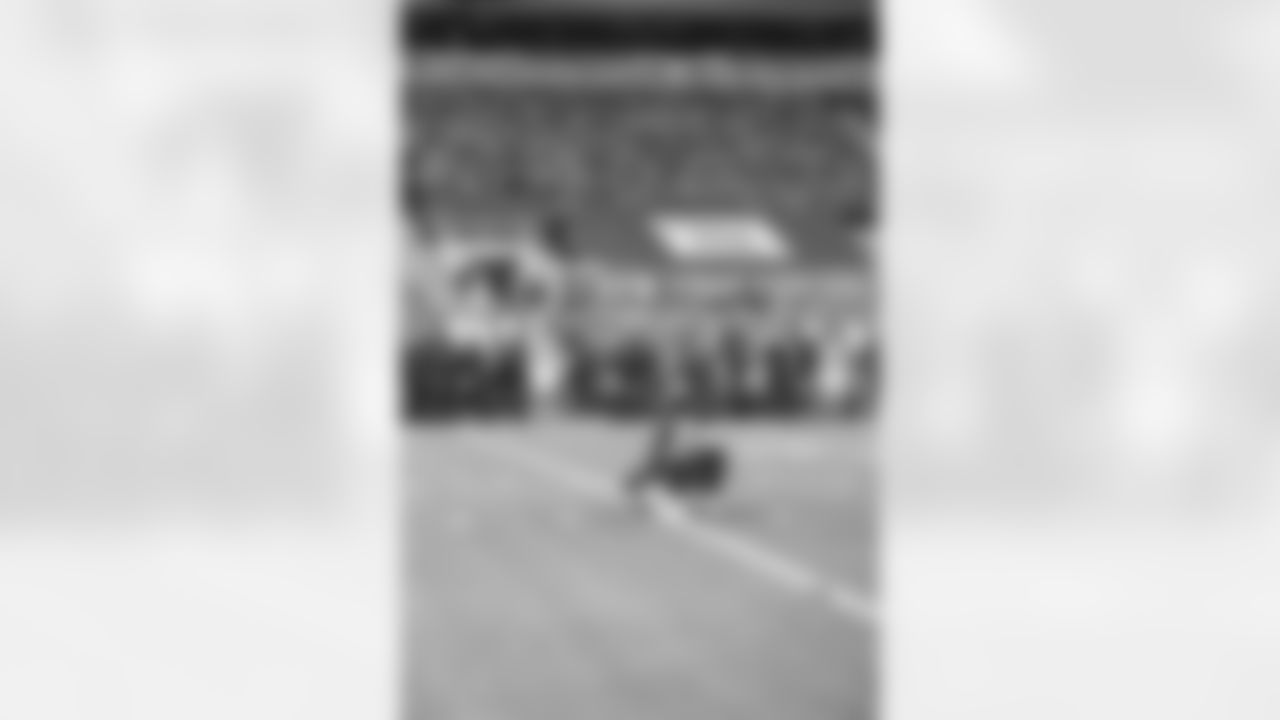
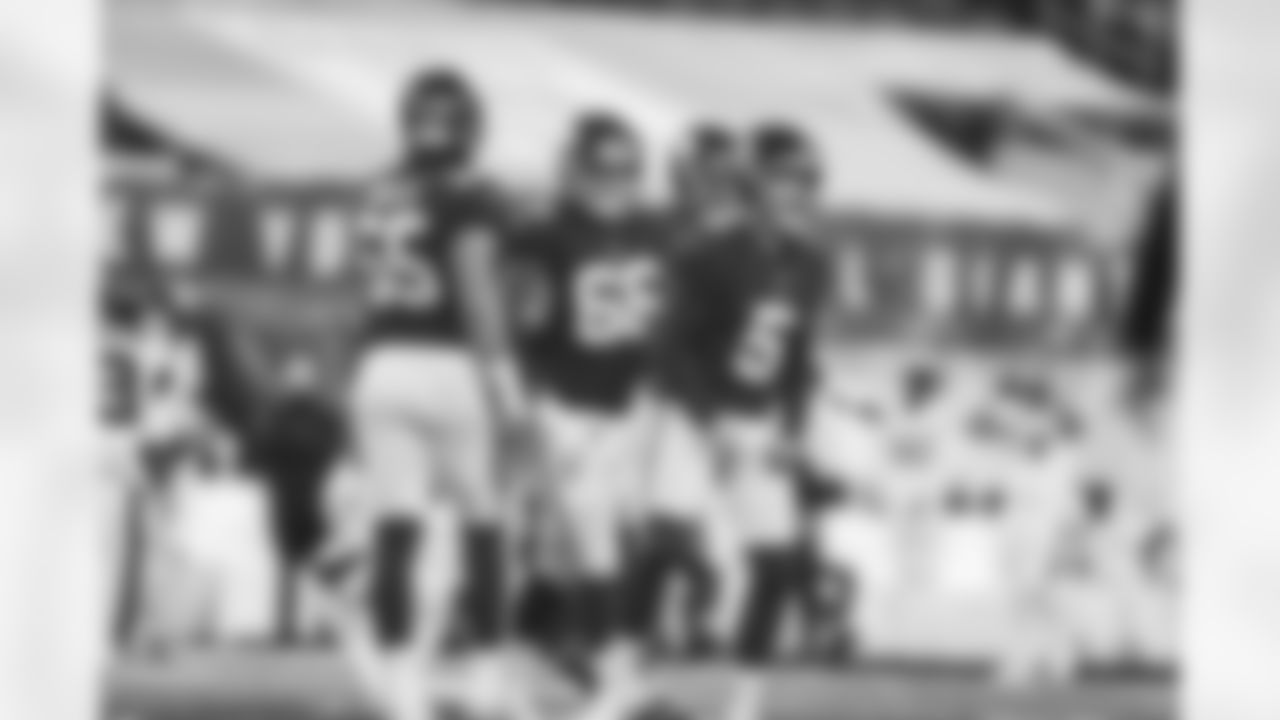
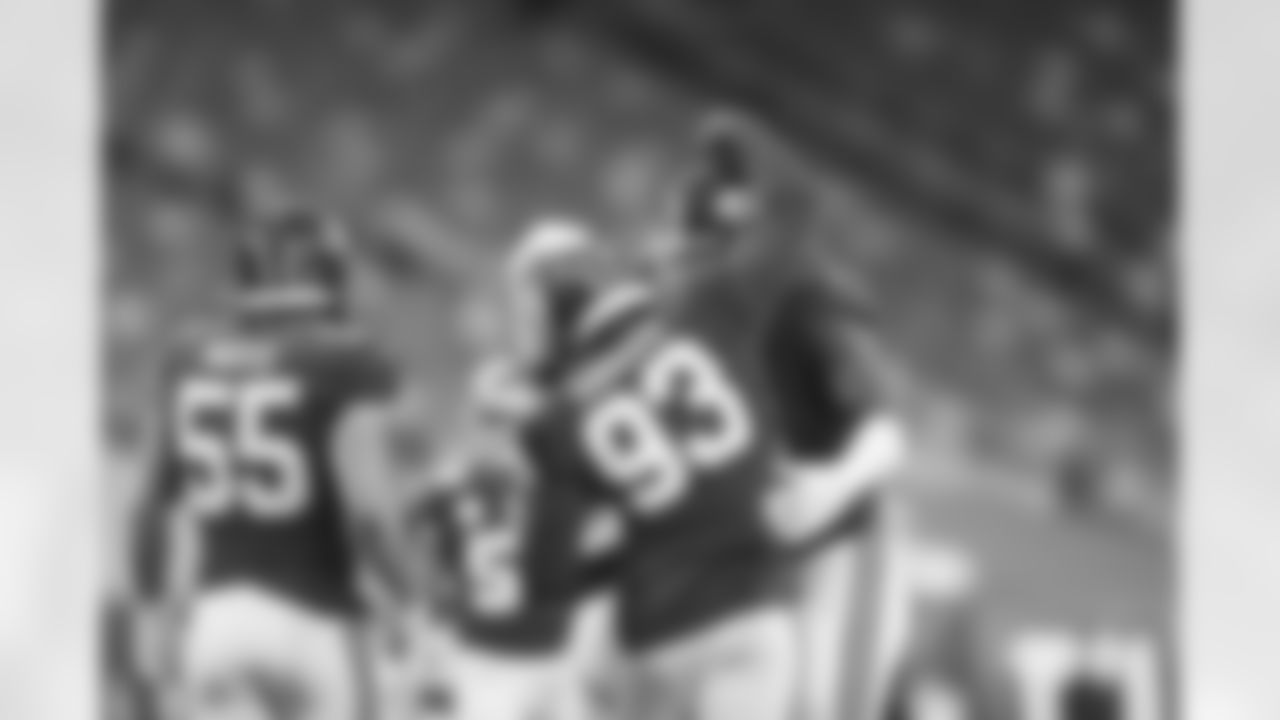
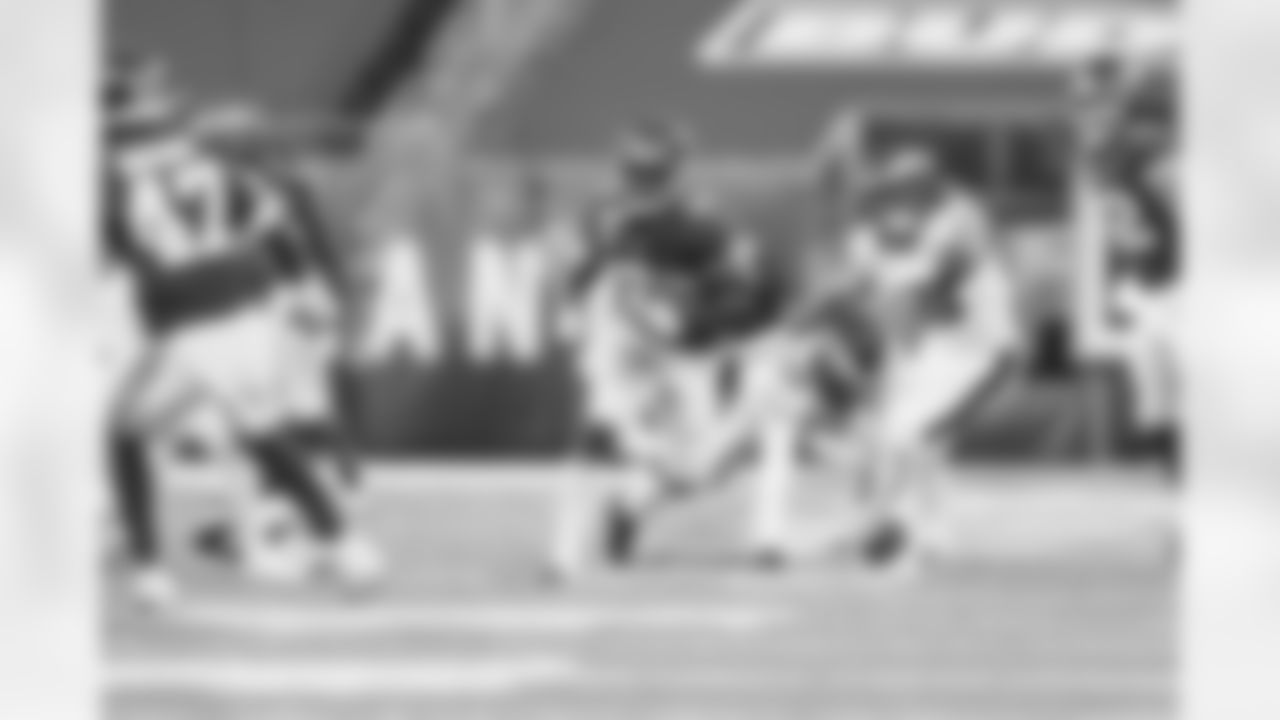
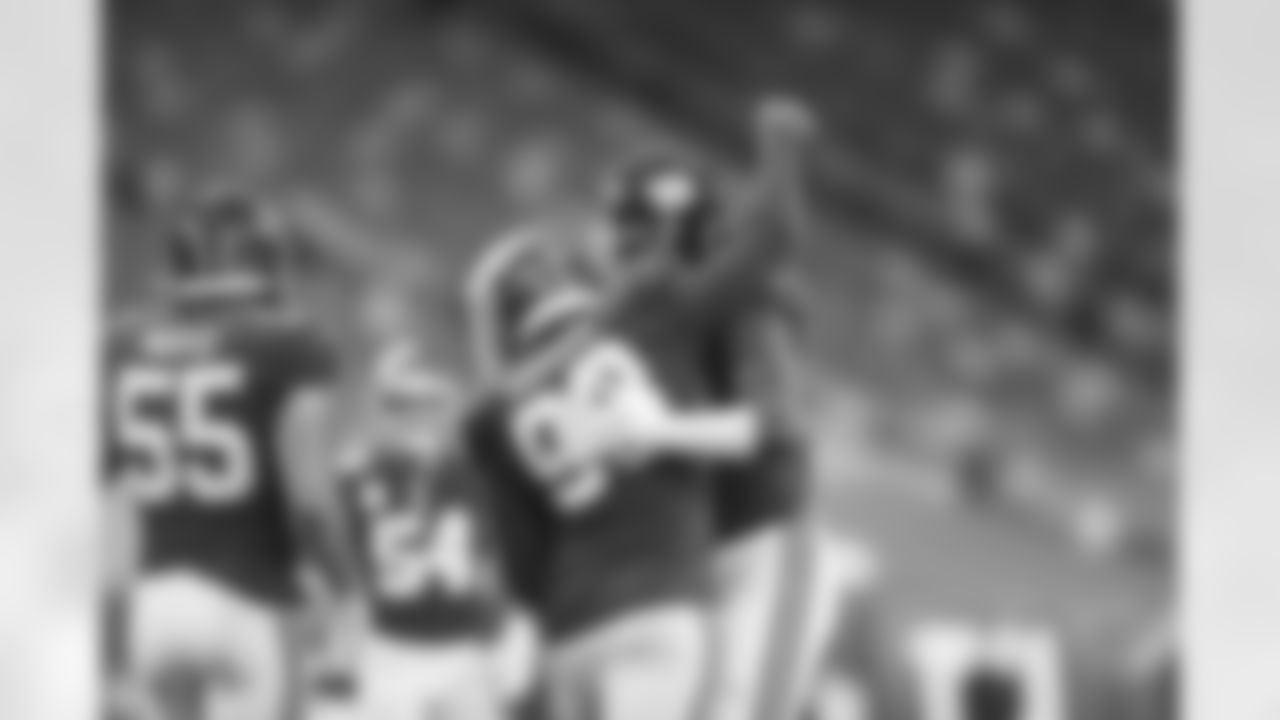
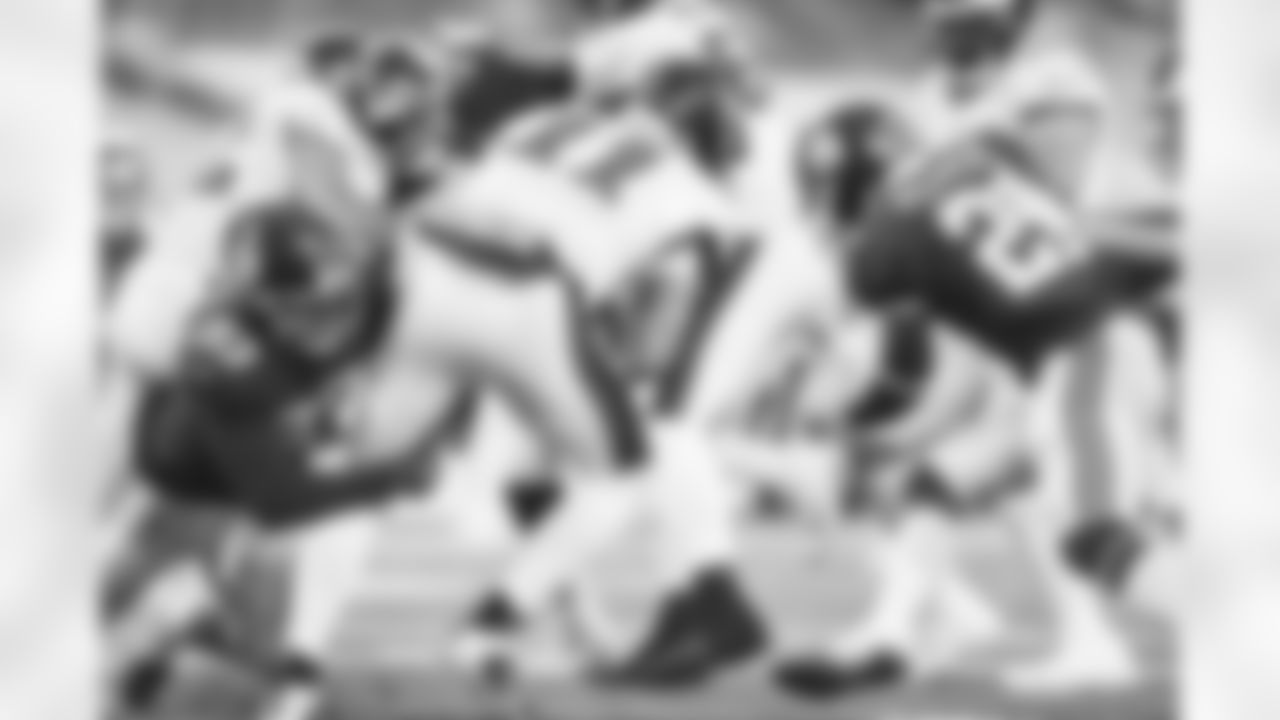
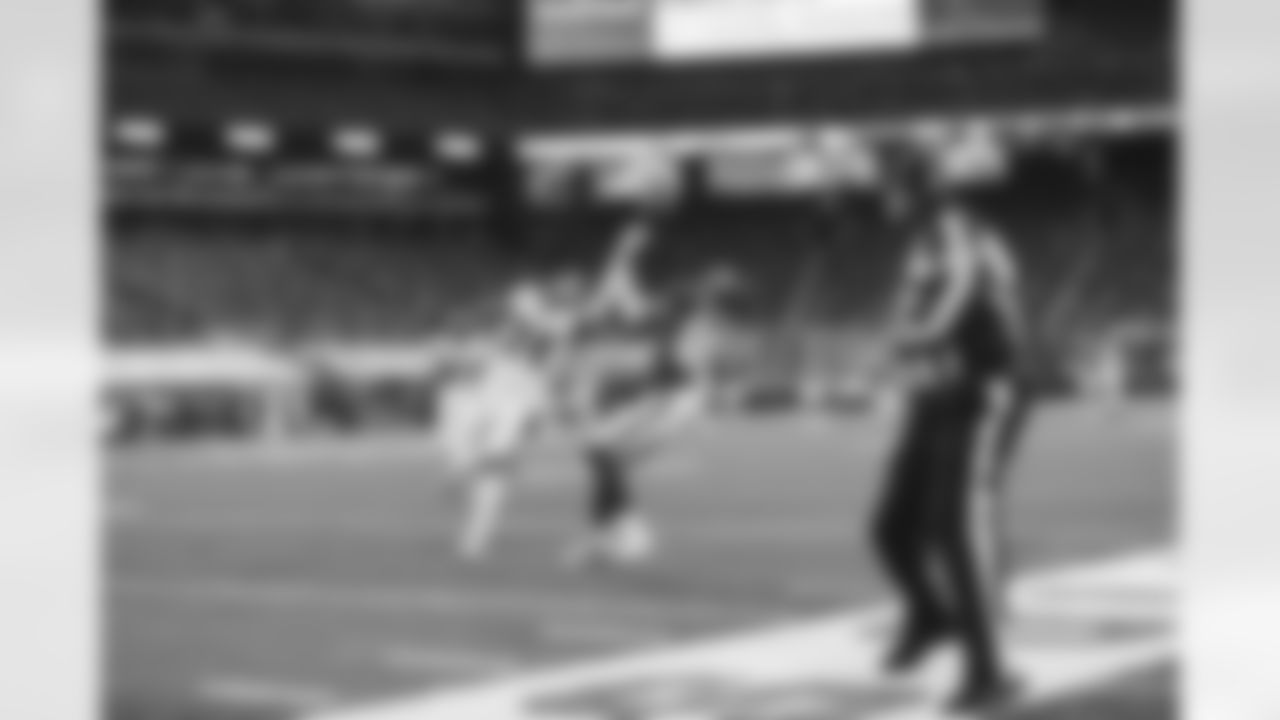
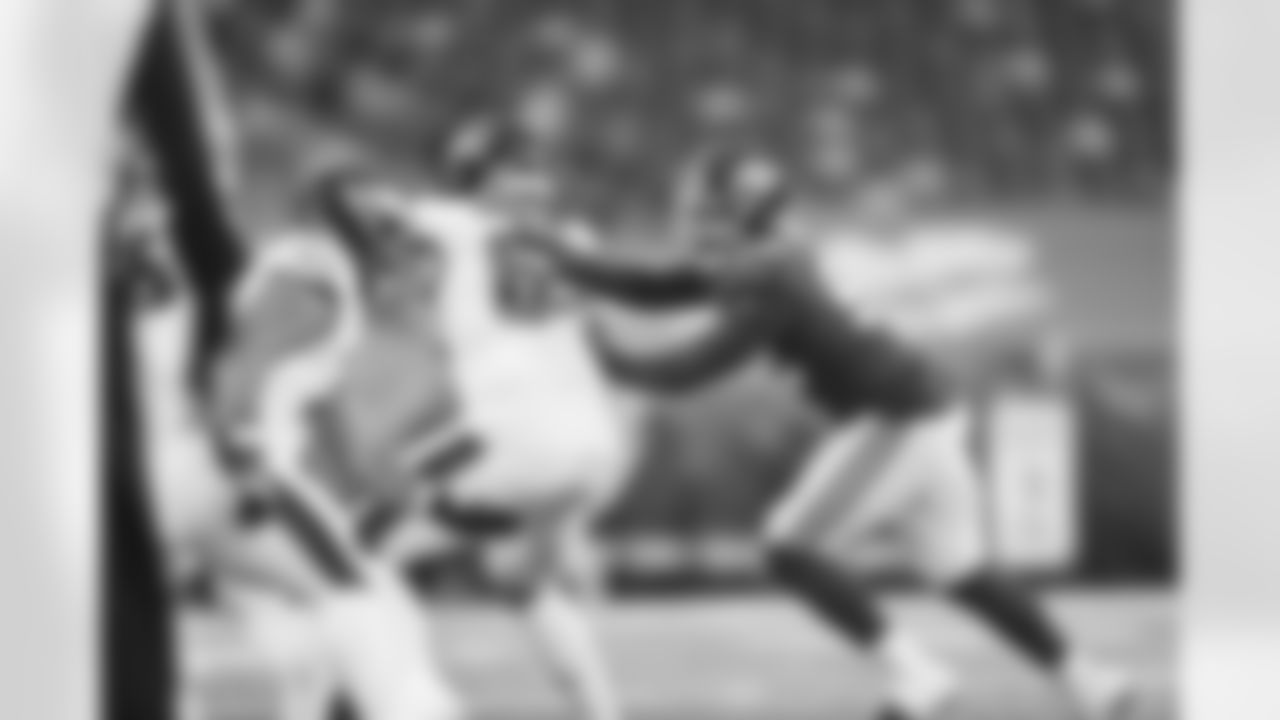
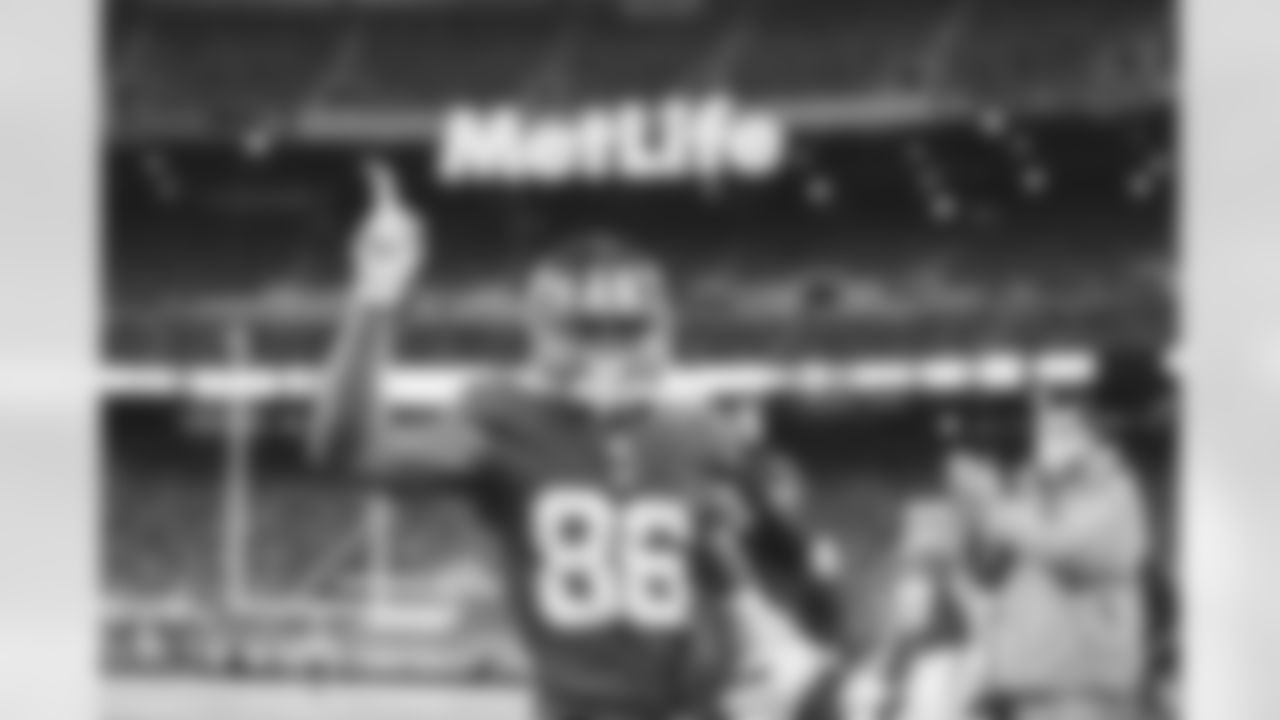
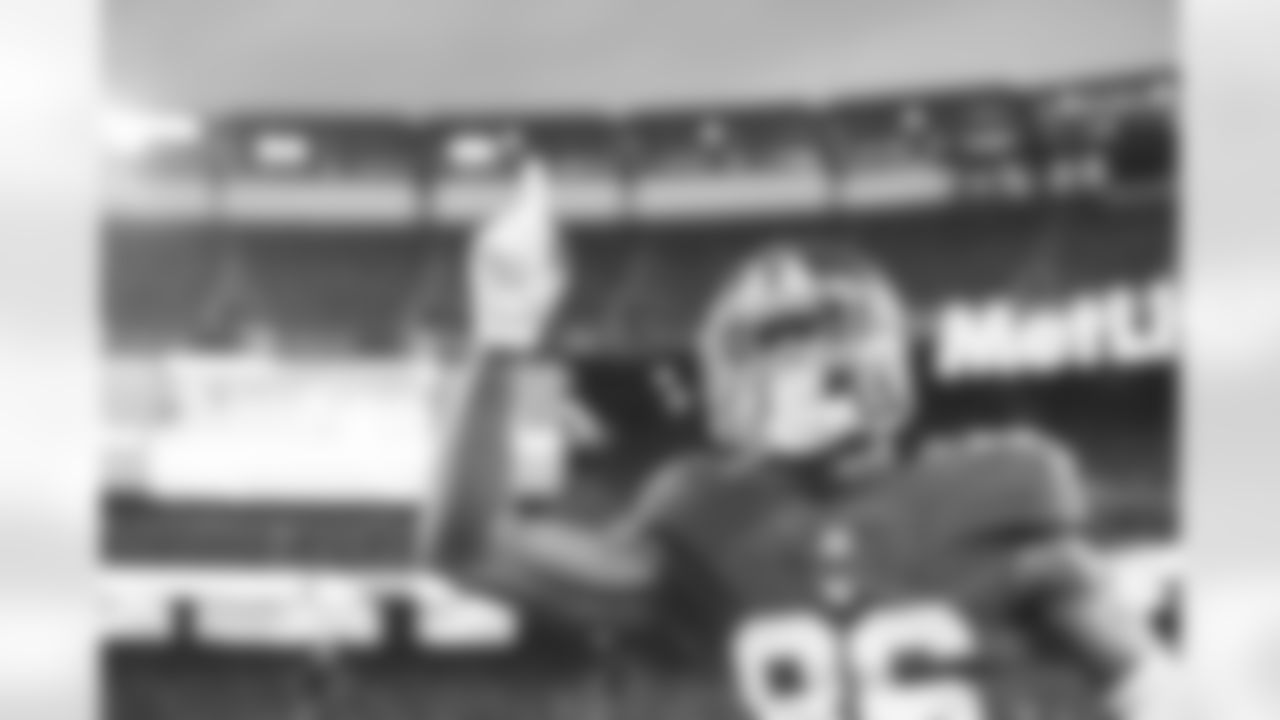
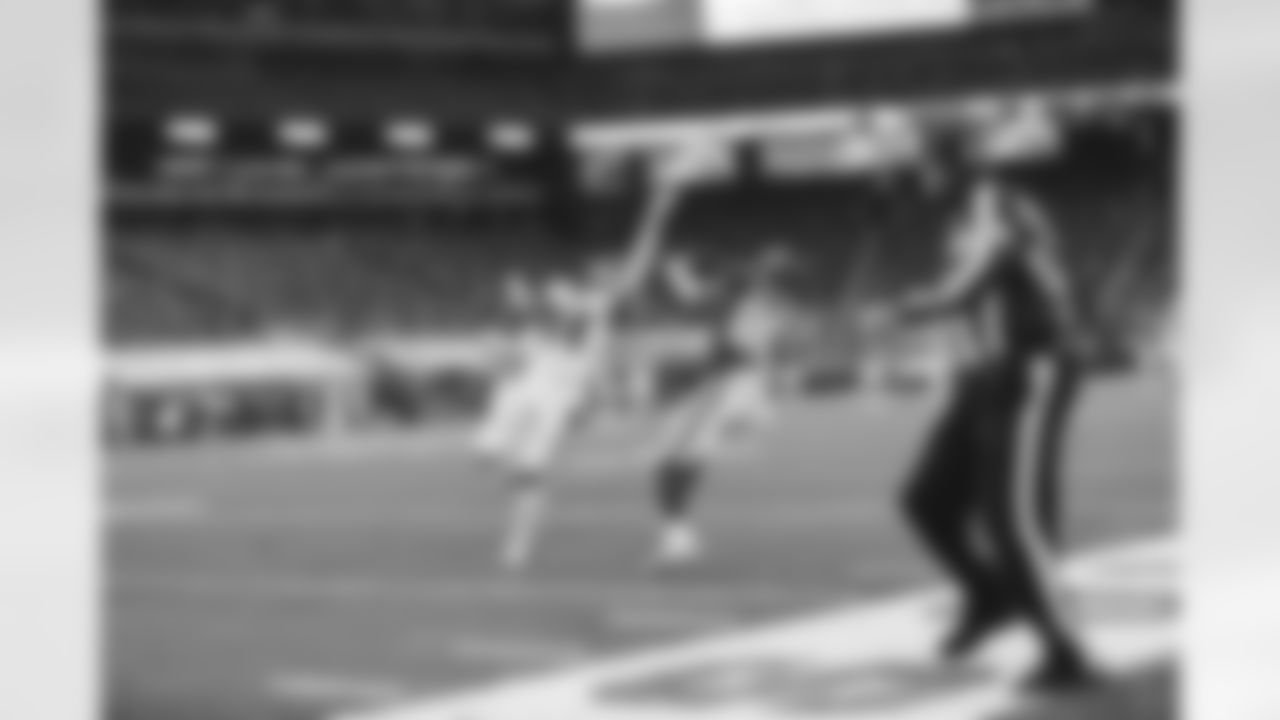

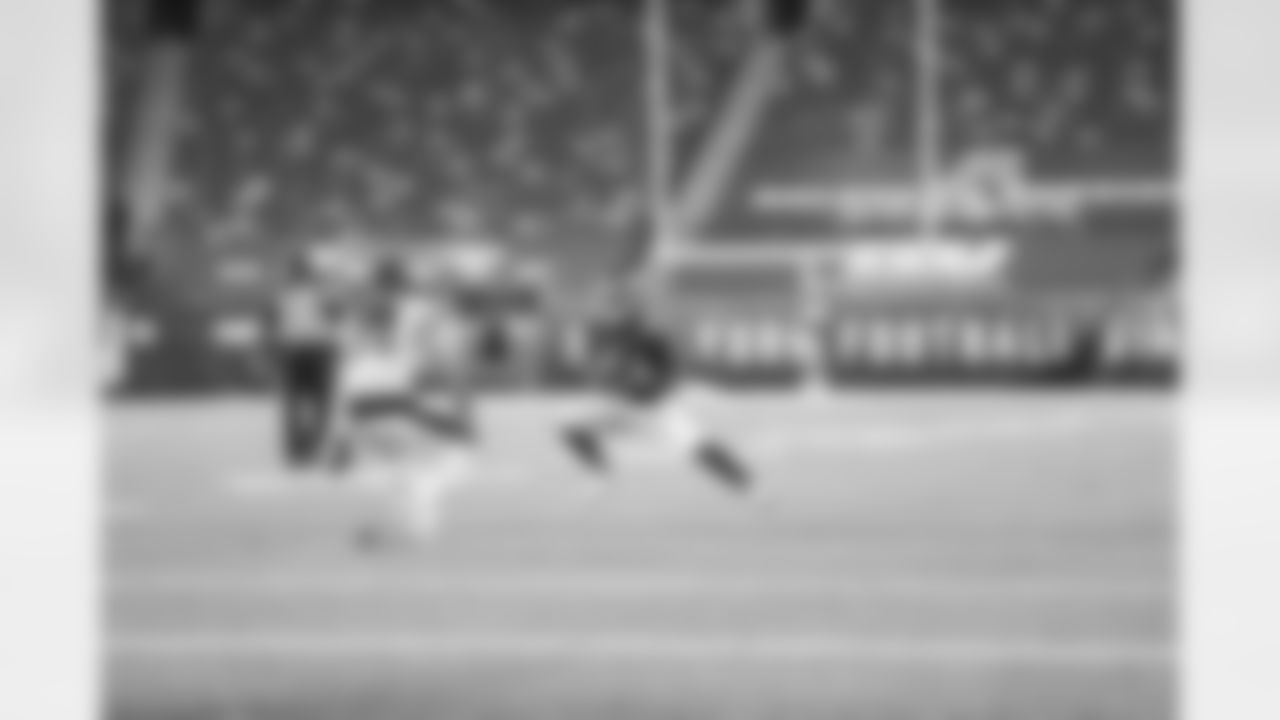
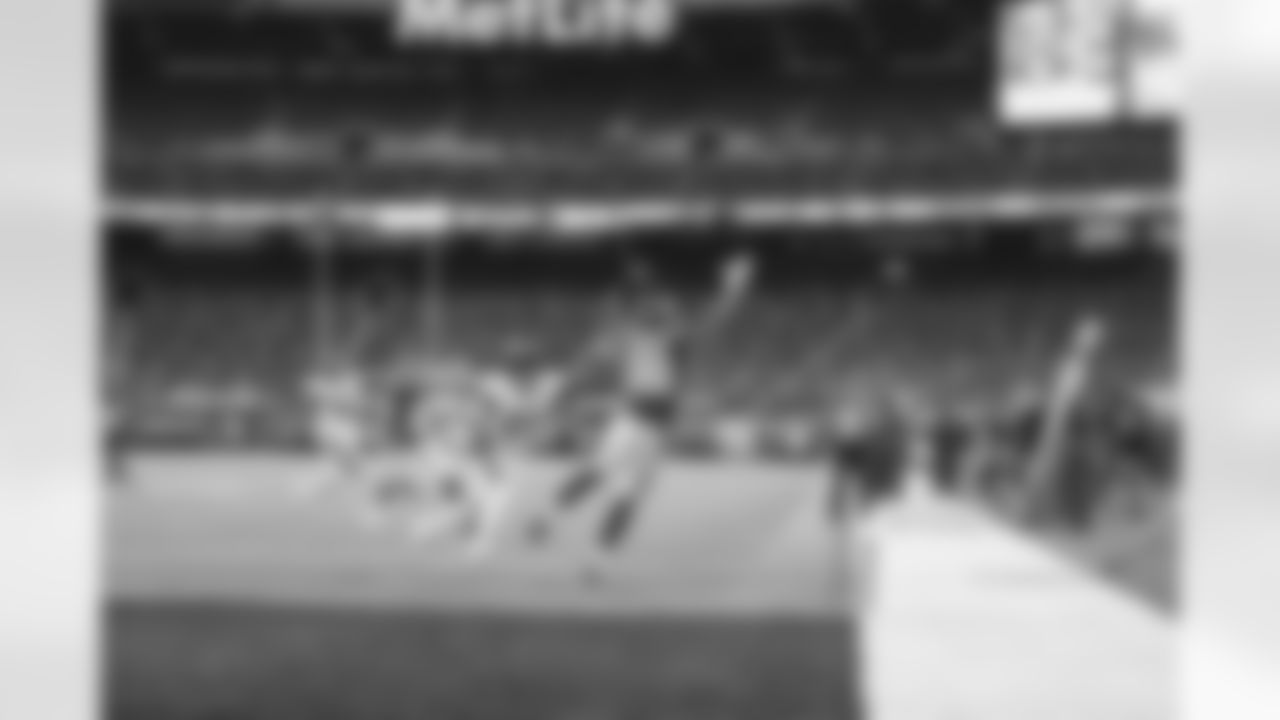
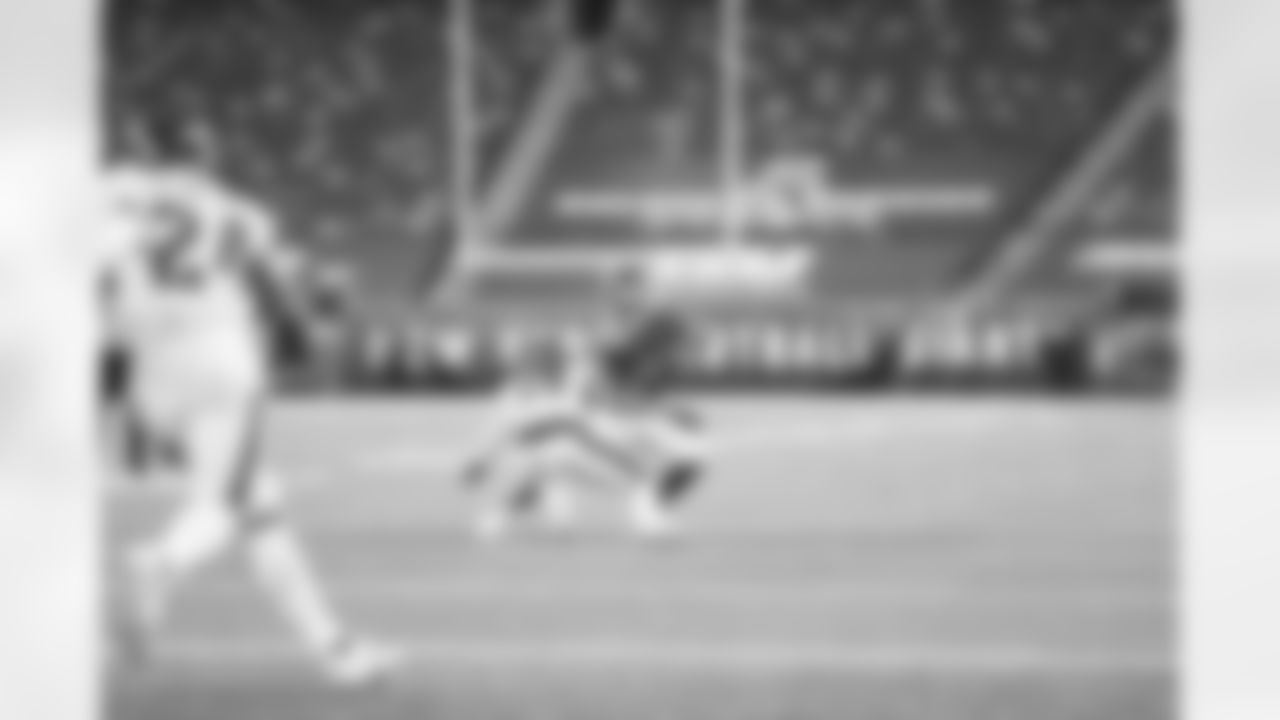
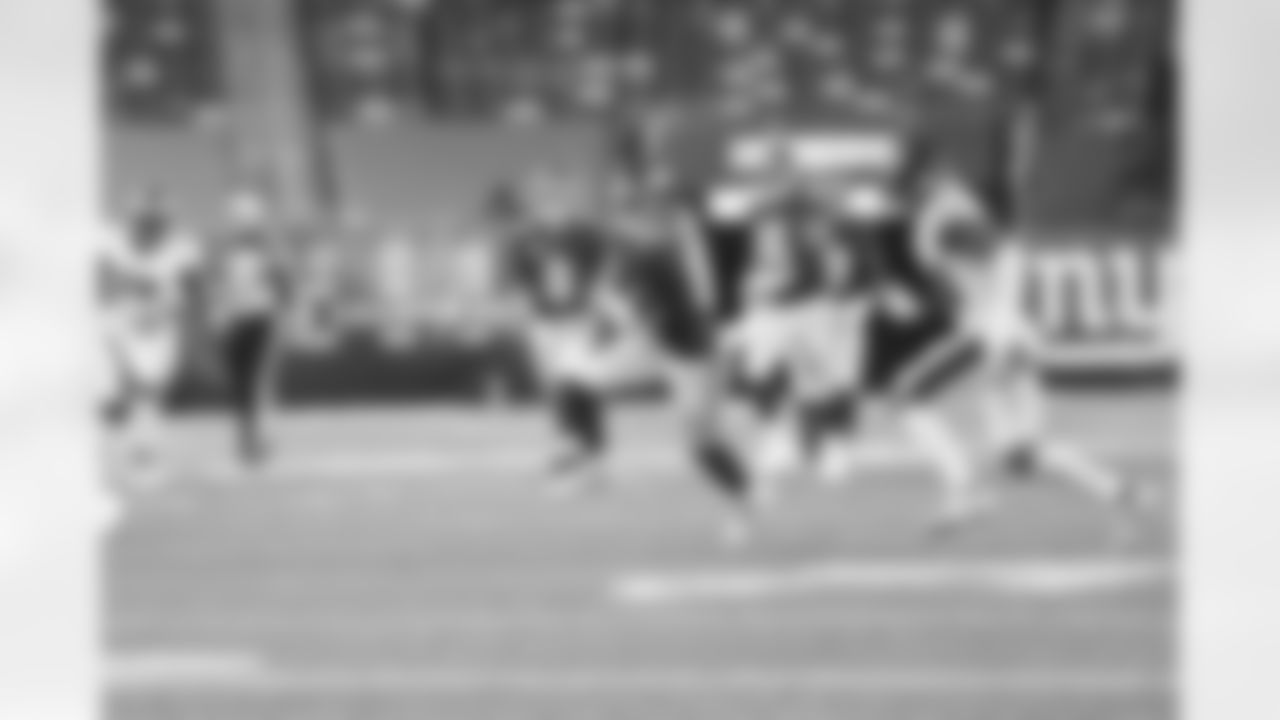

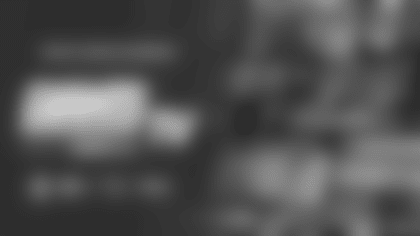
Giants TV Streaming App
Watch exclusive videos with the GiantsTV app for Apple TV, Roku, and Amazon Fire TV. Also available in the Giants mobile app




